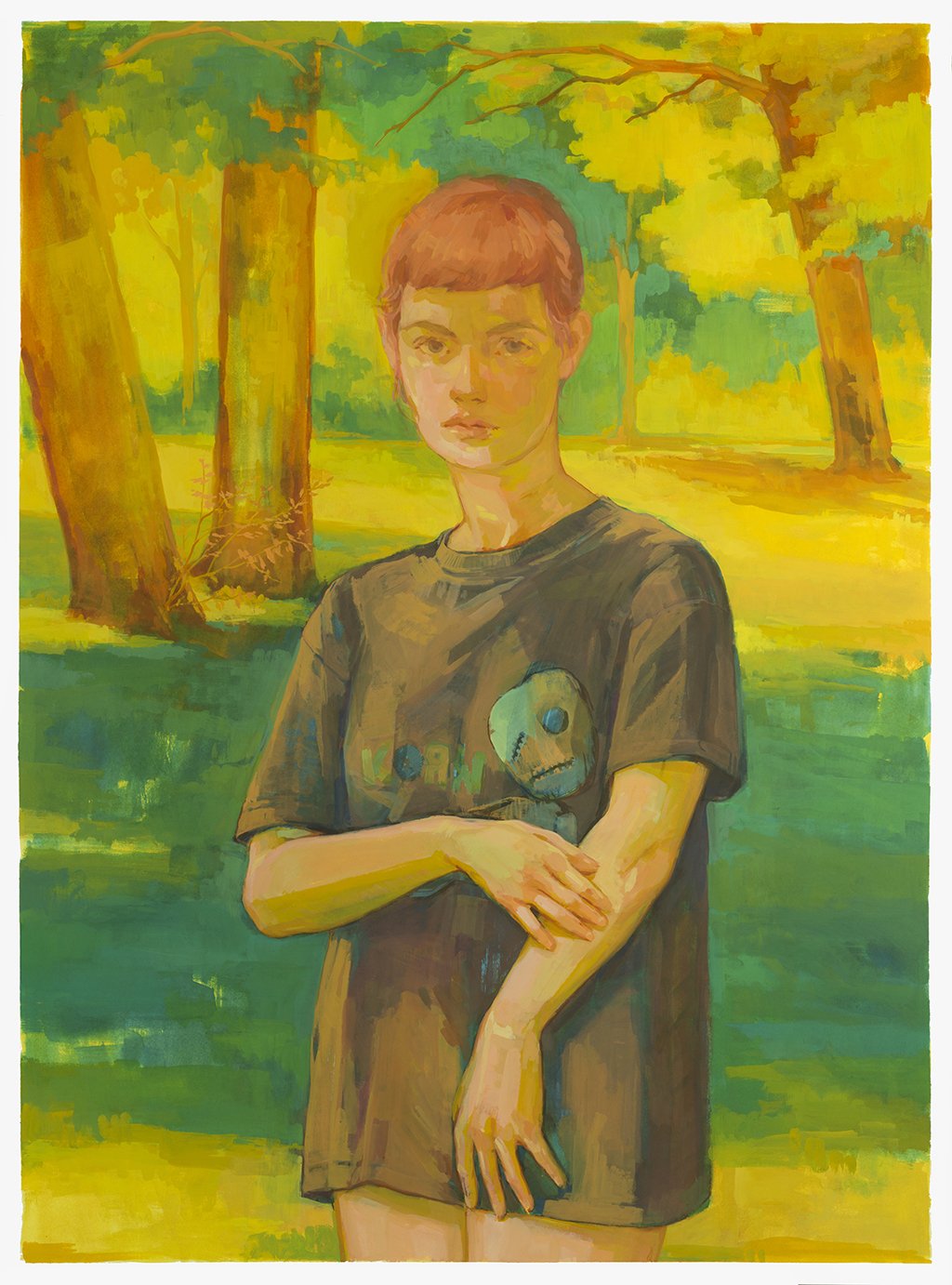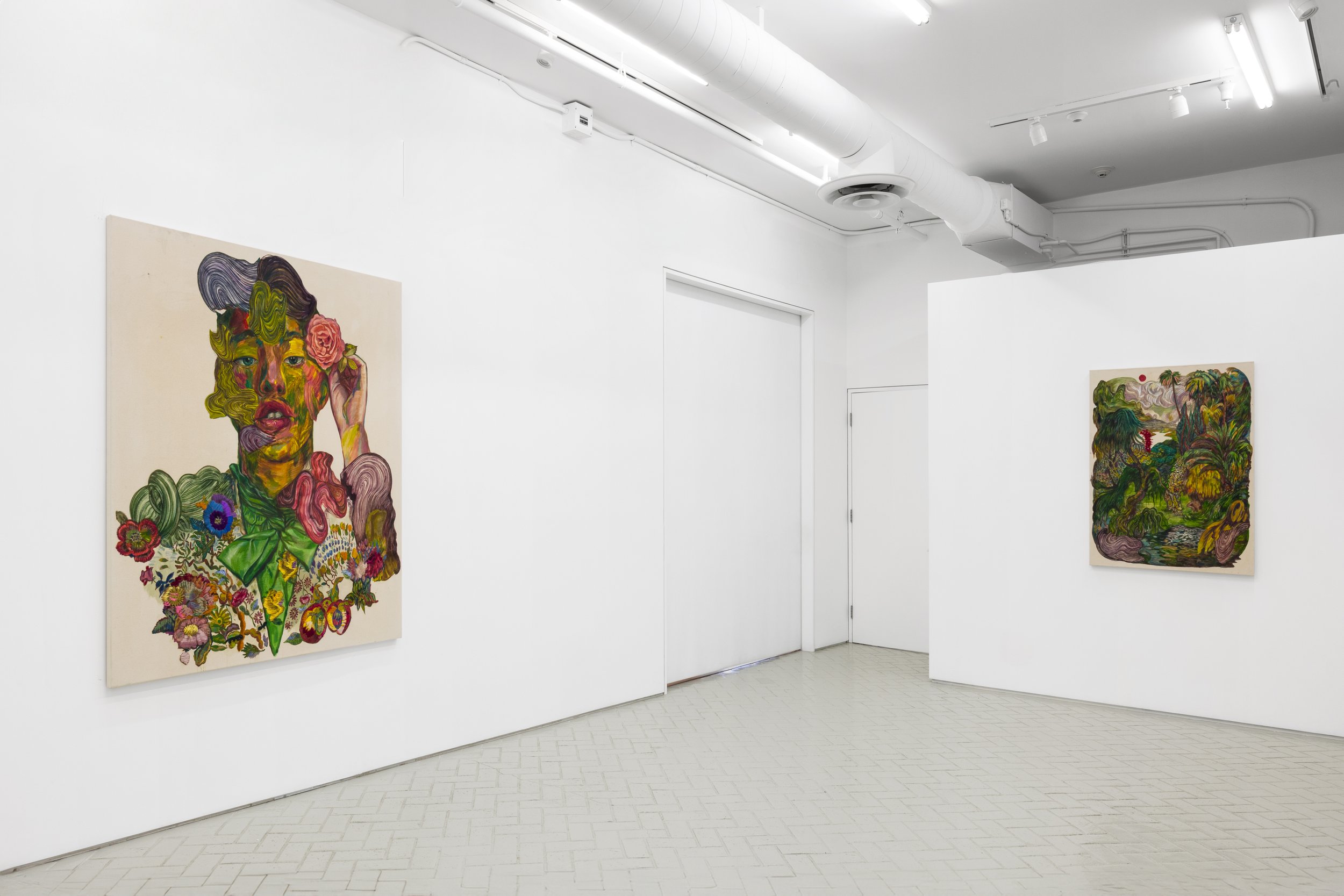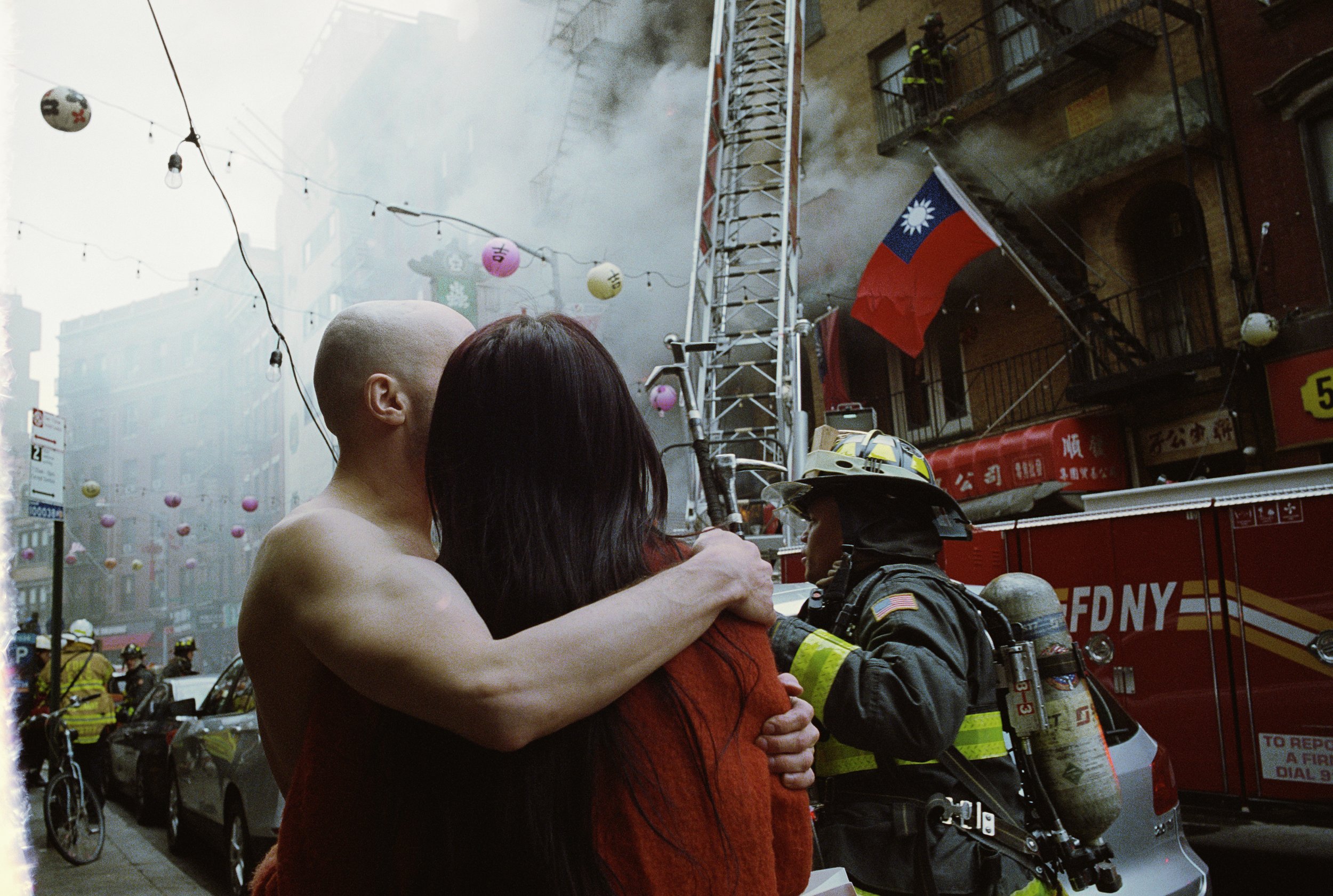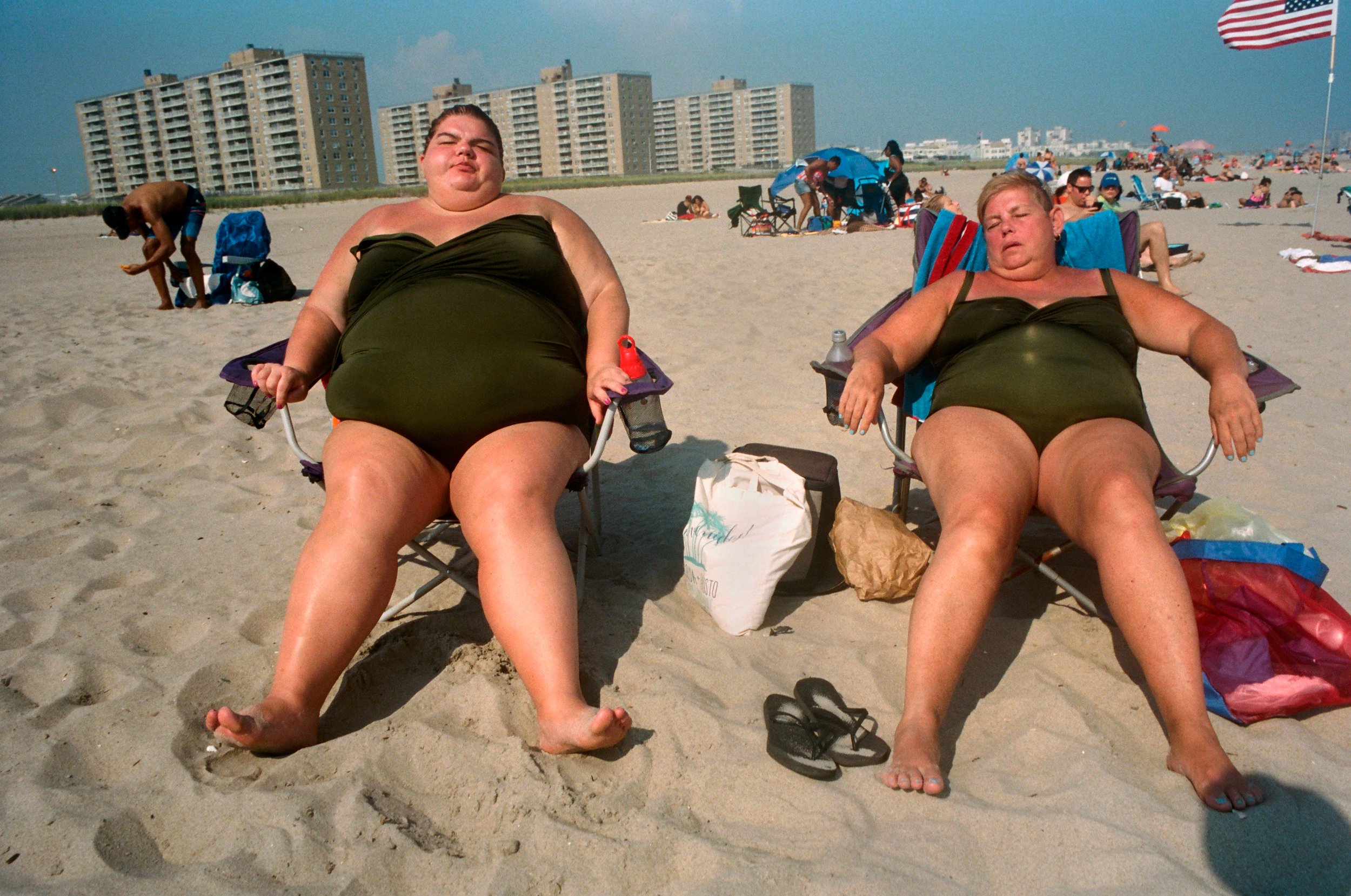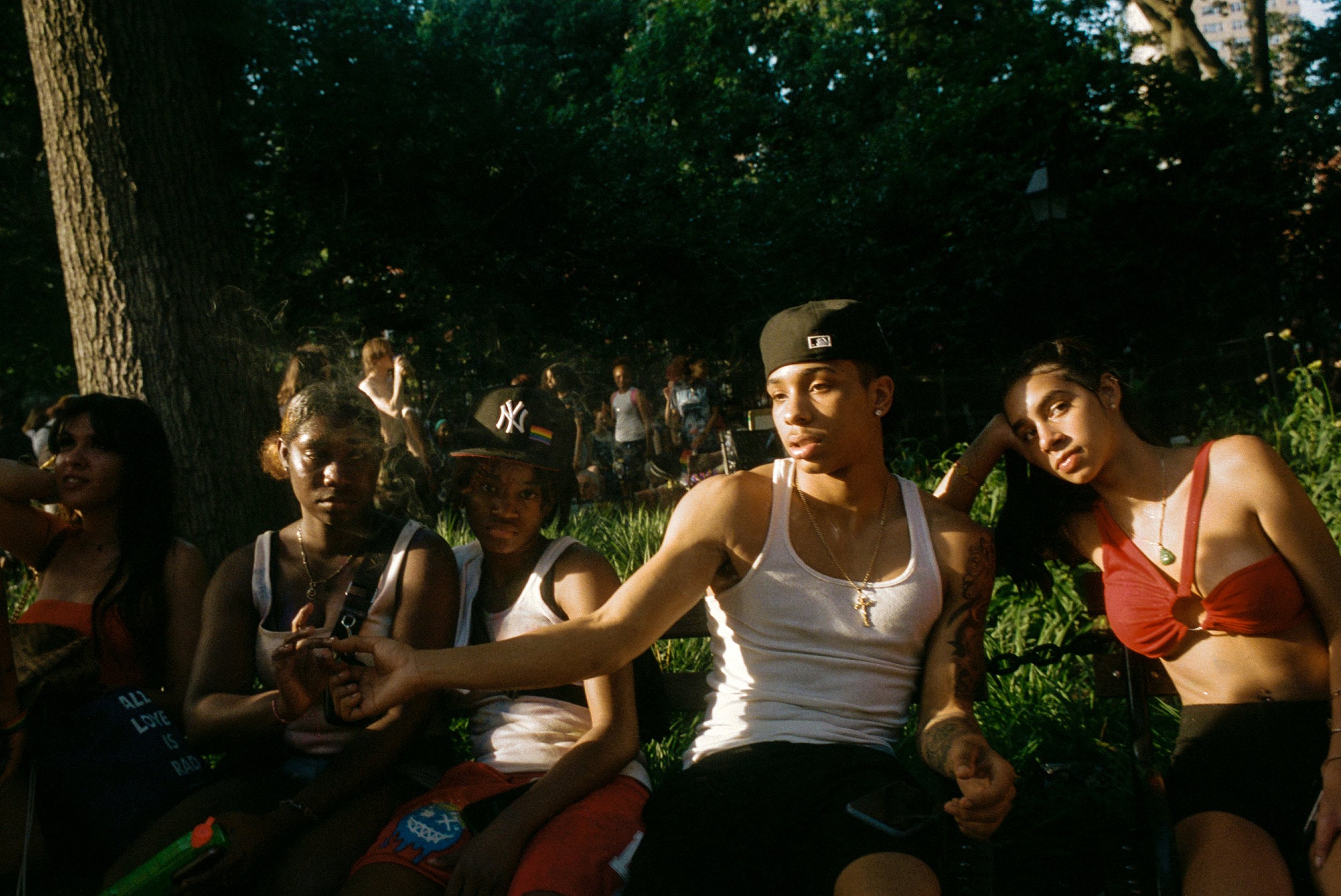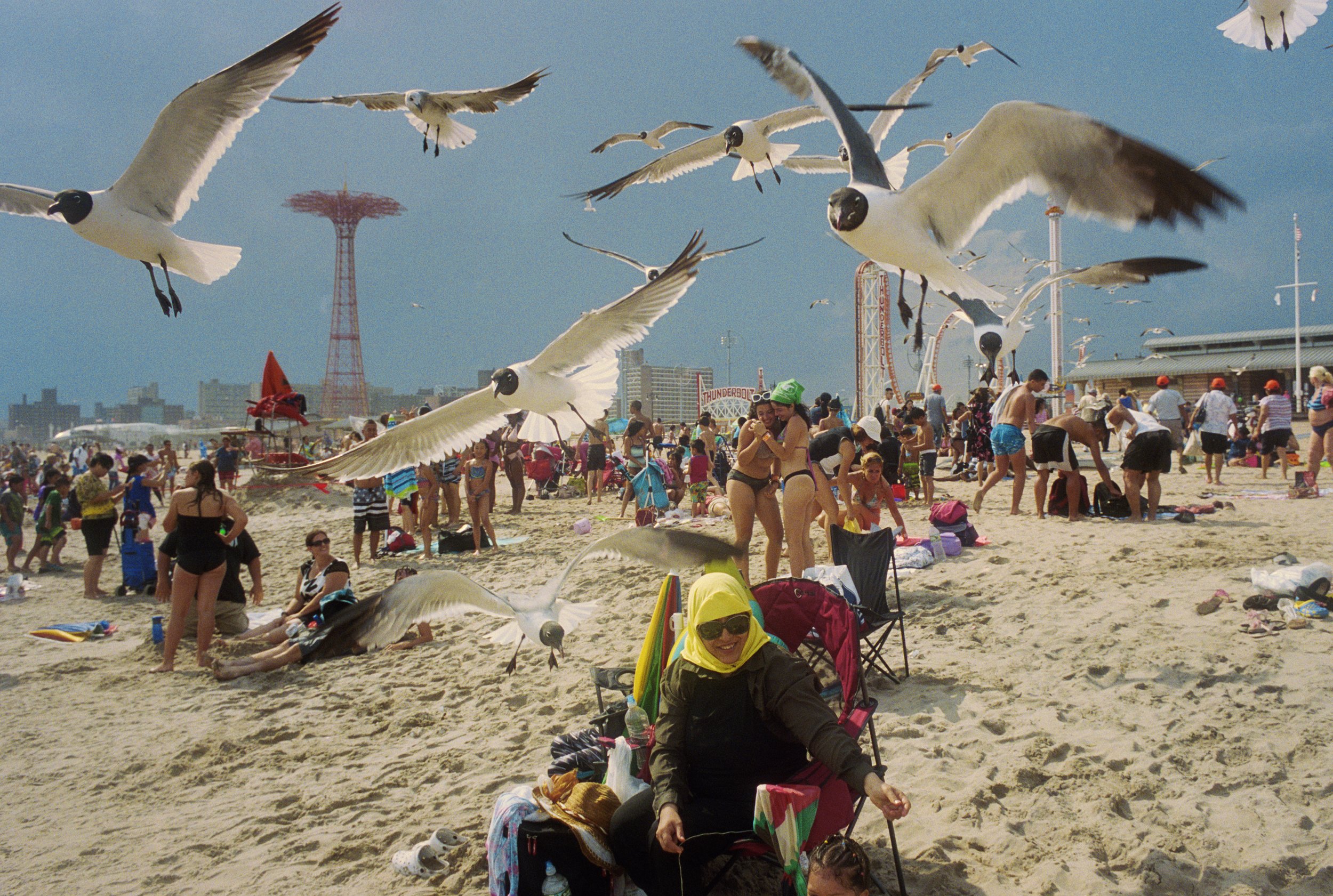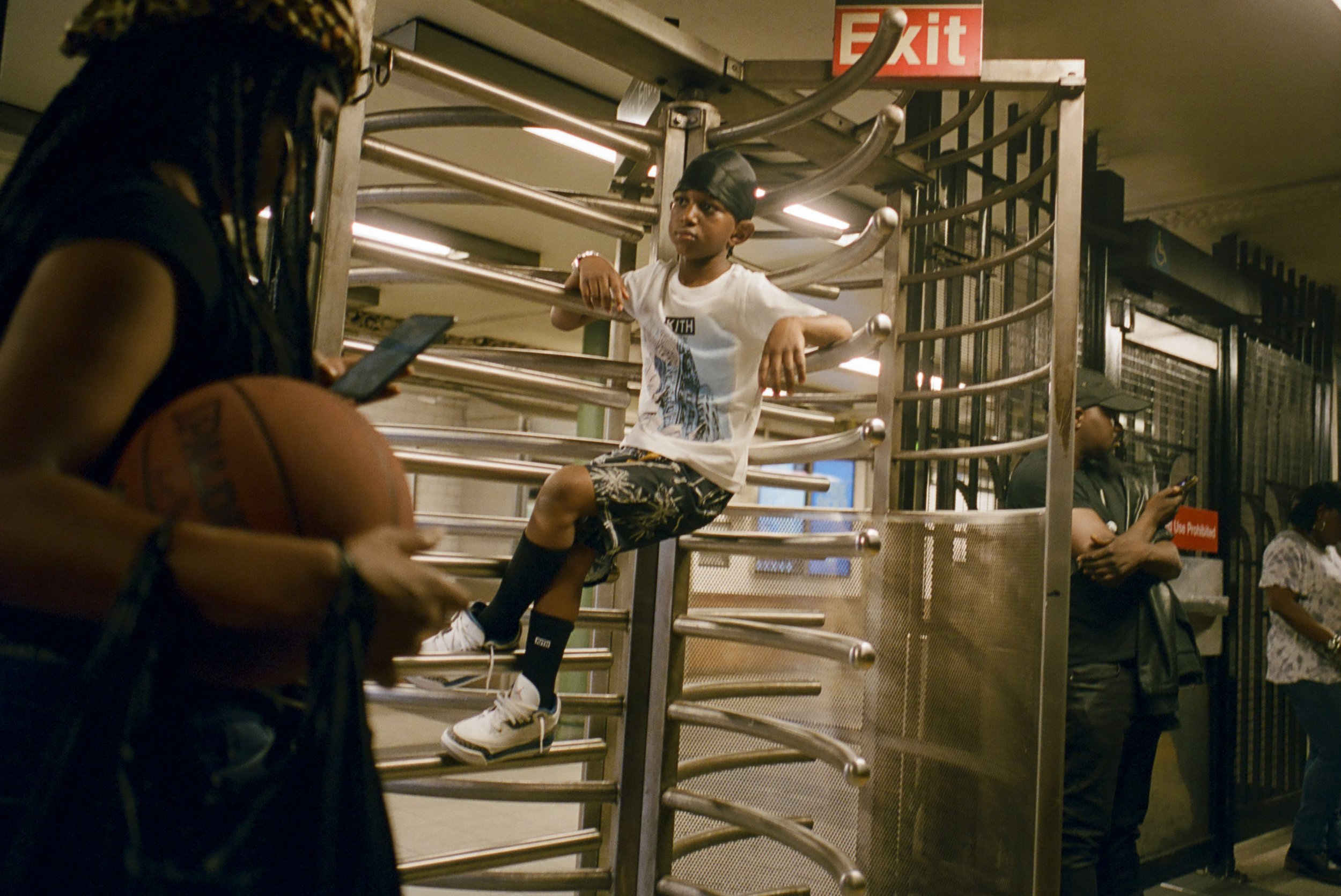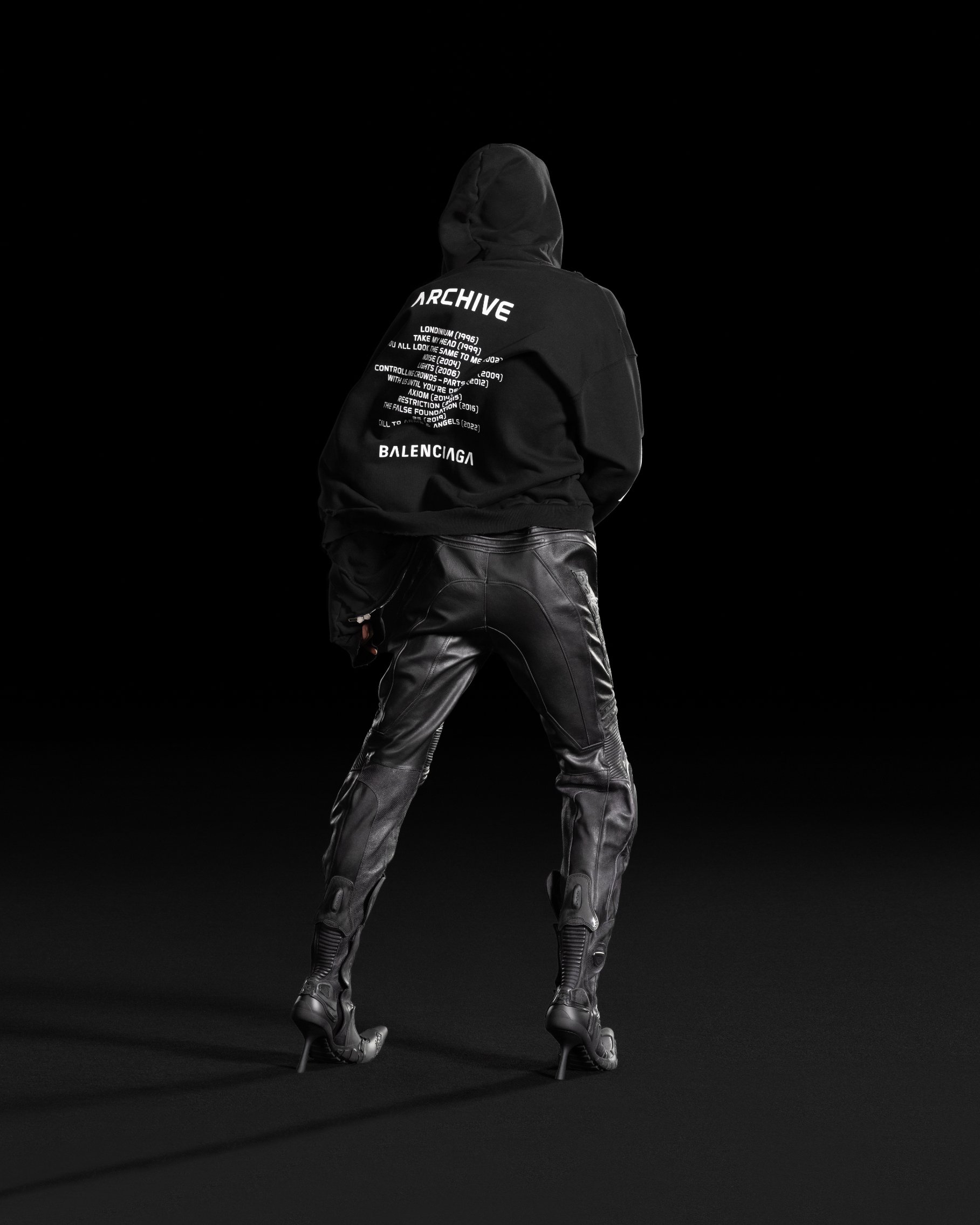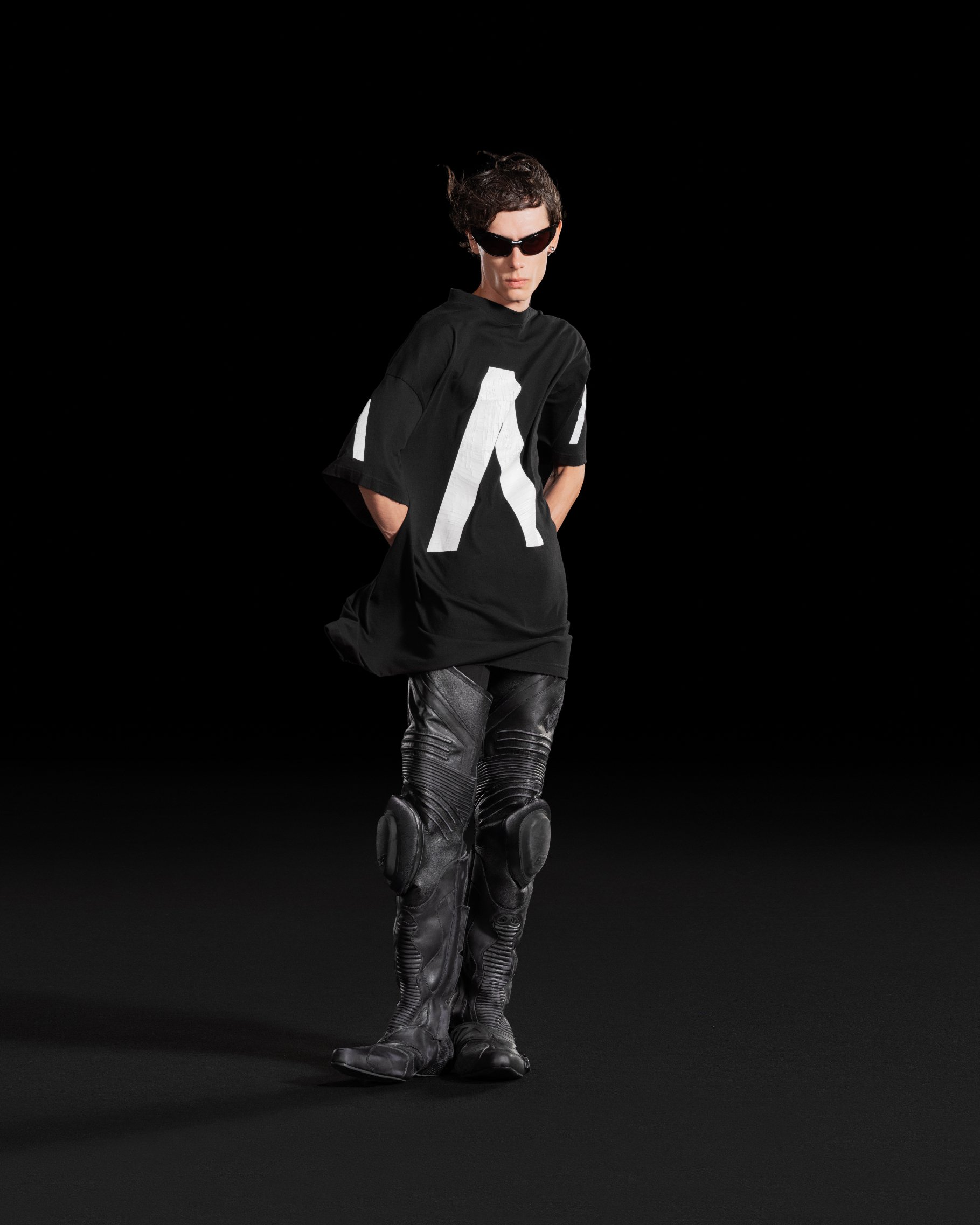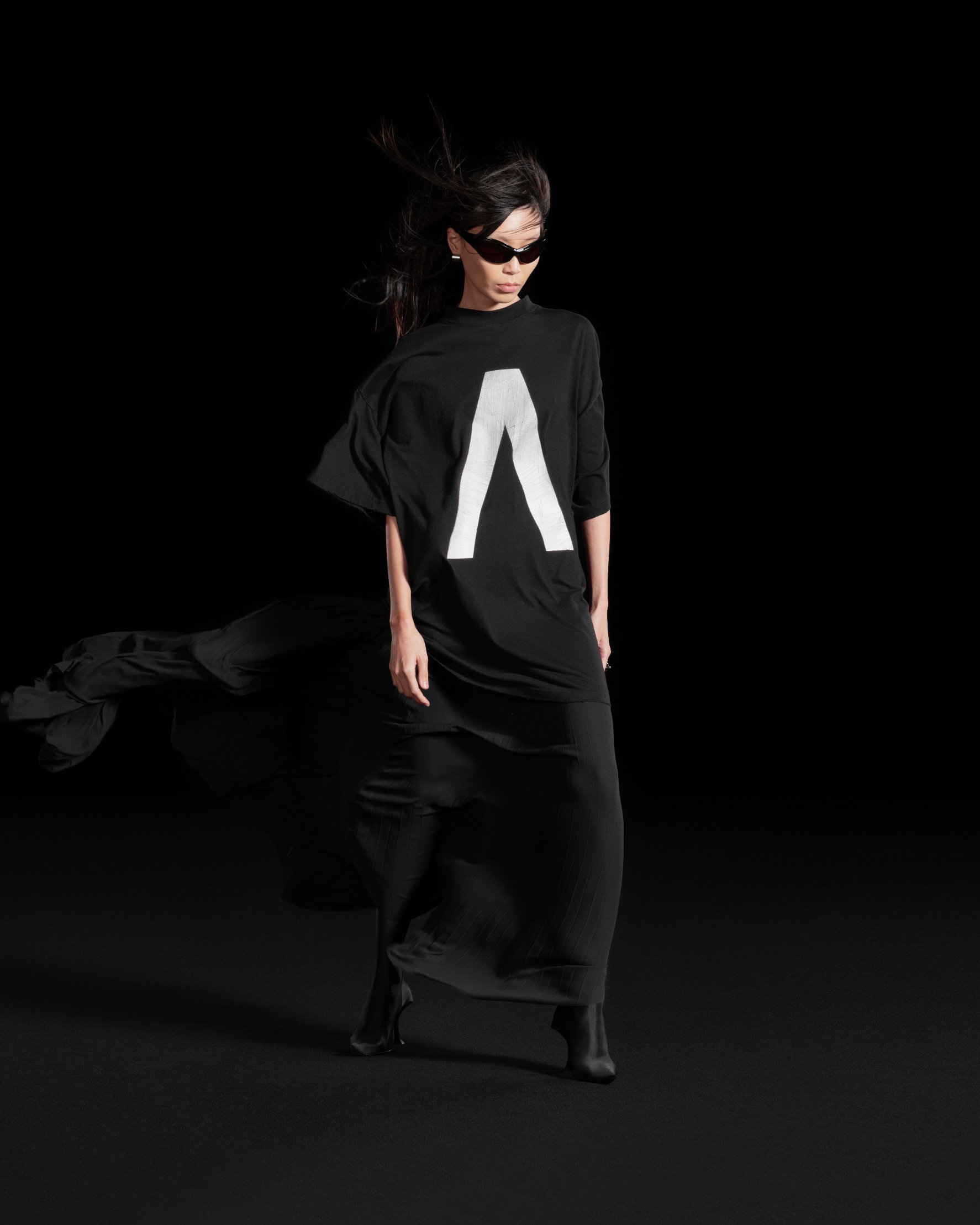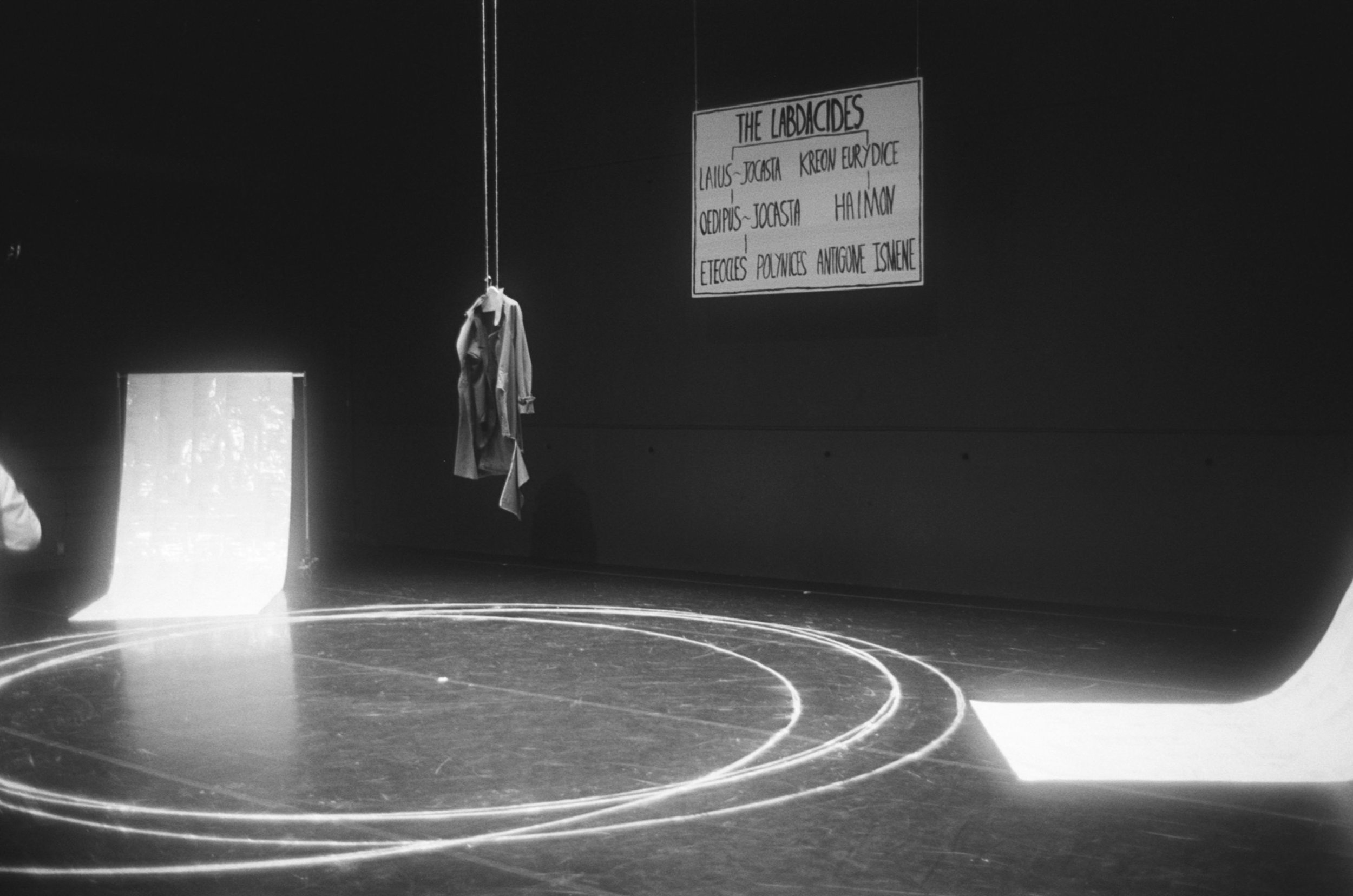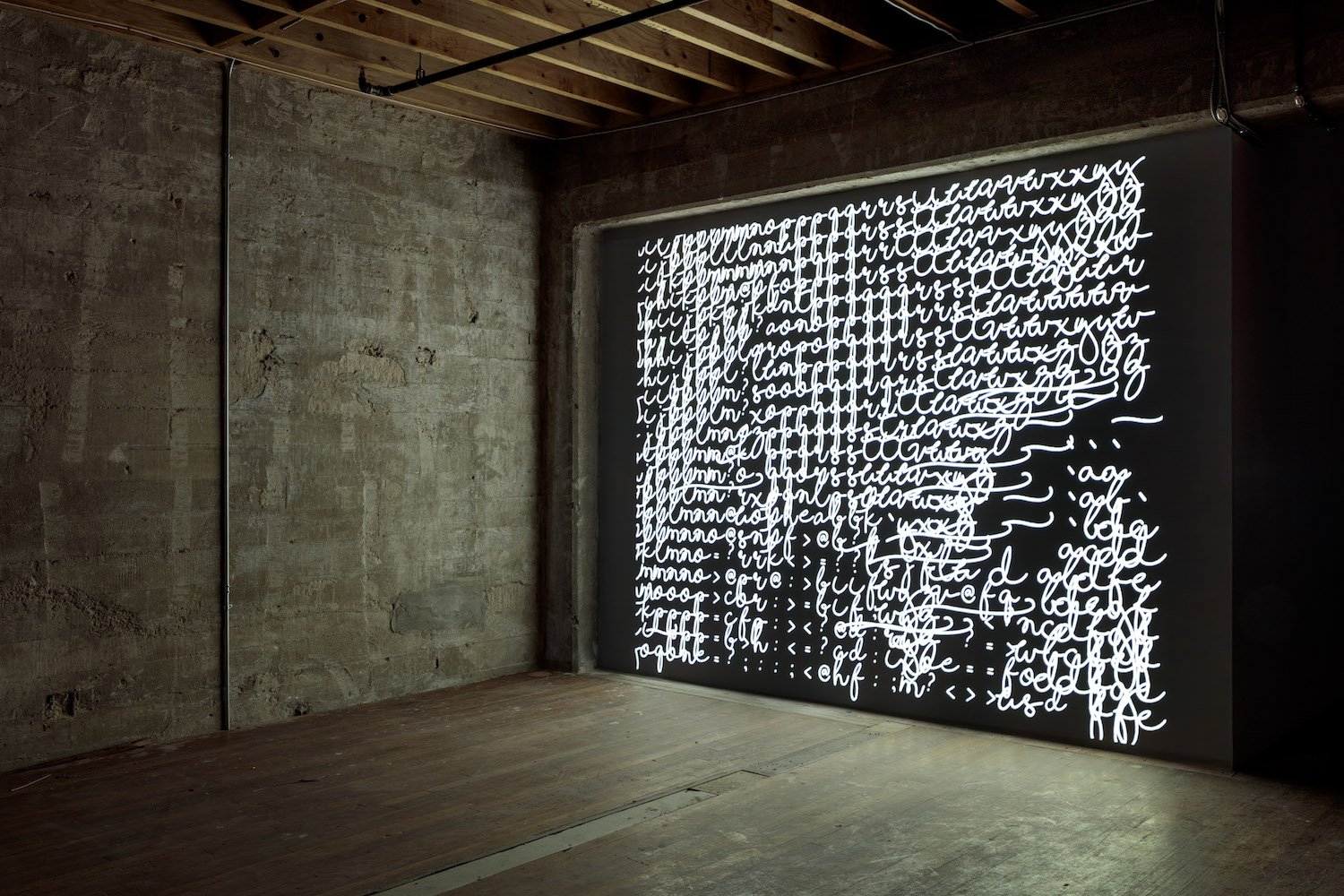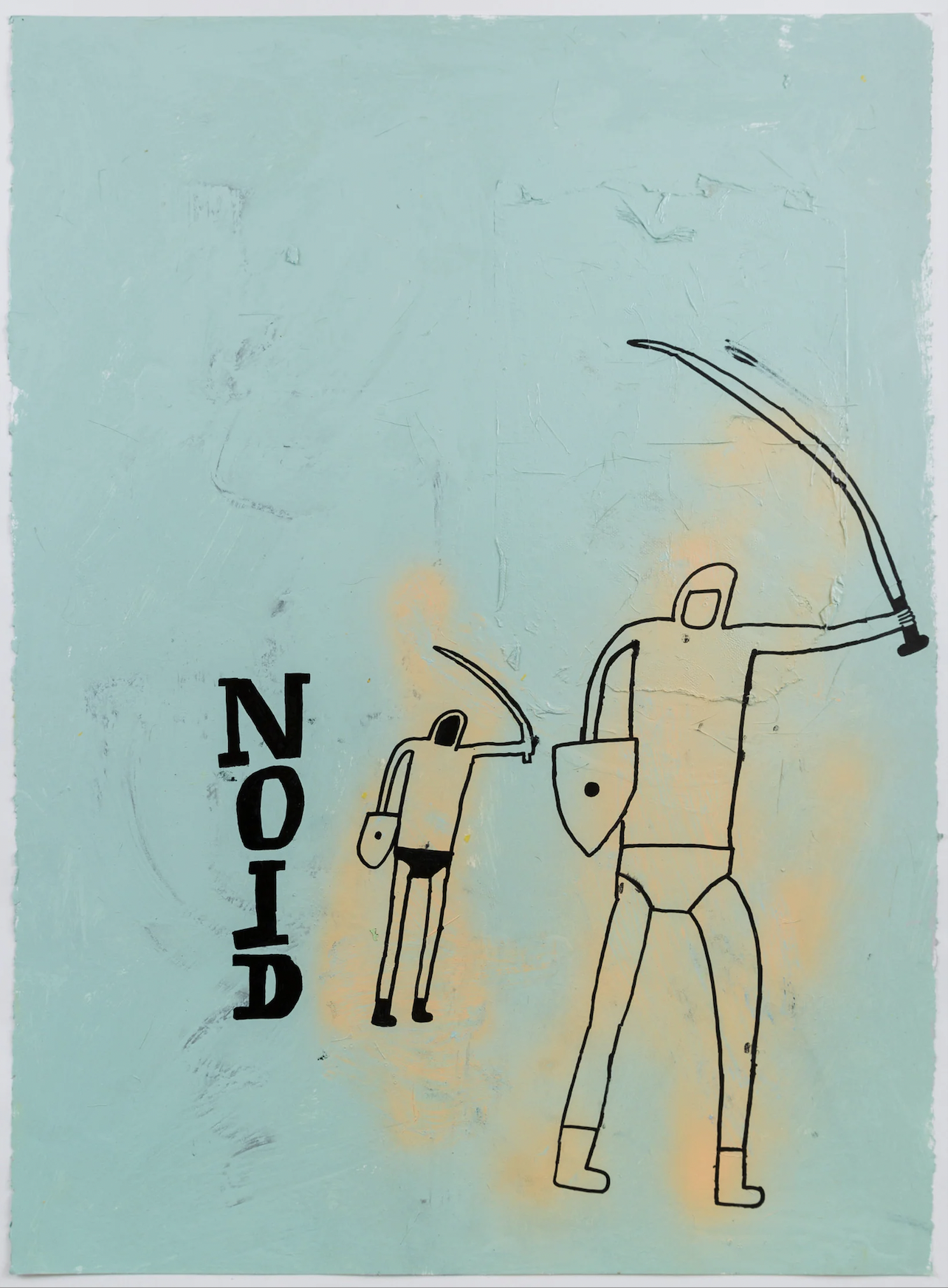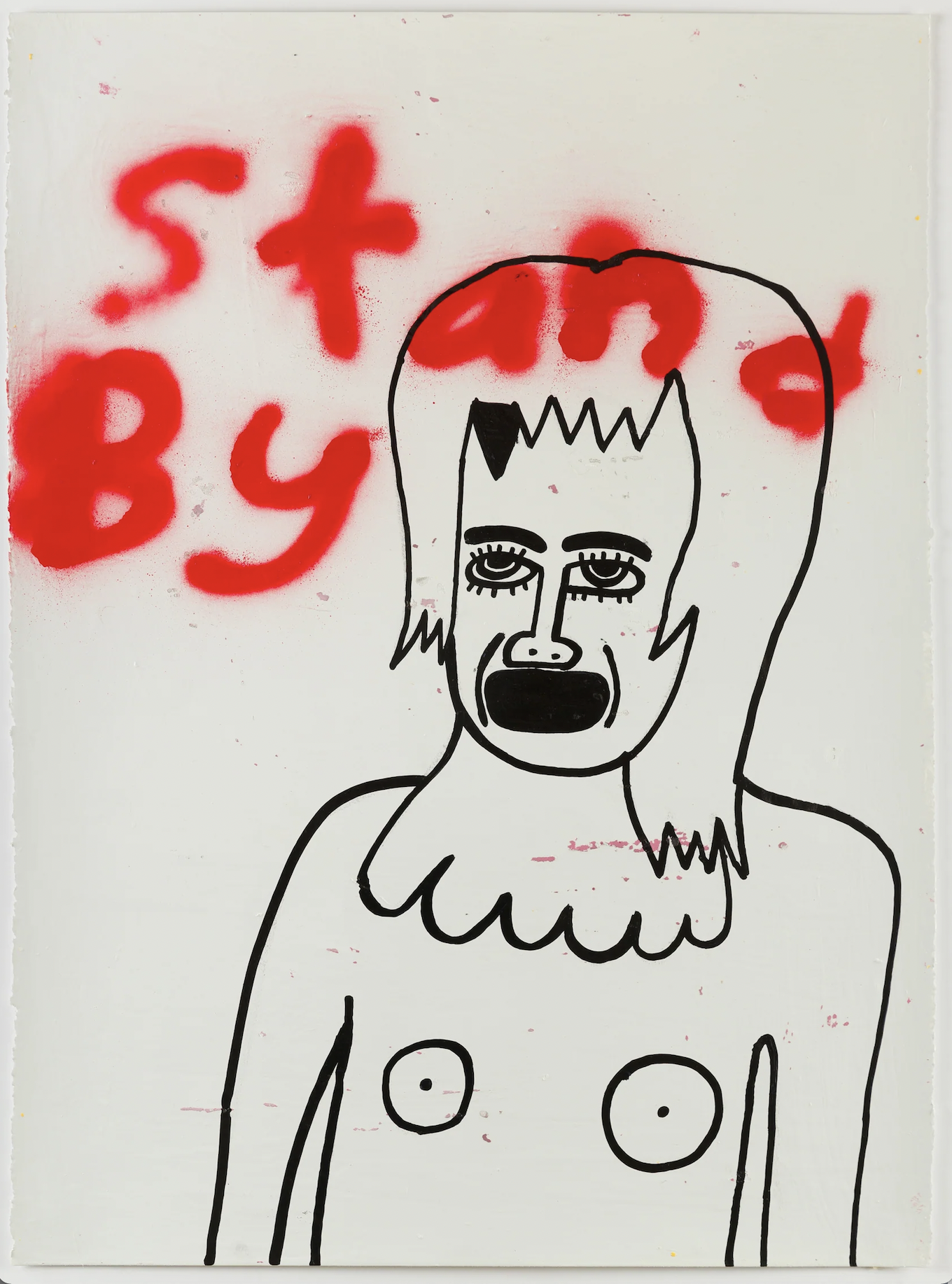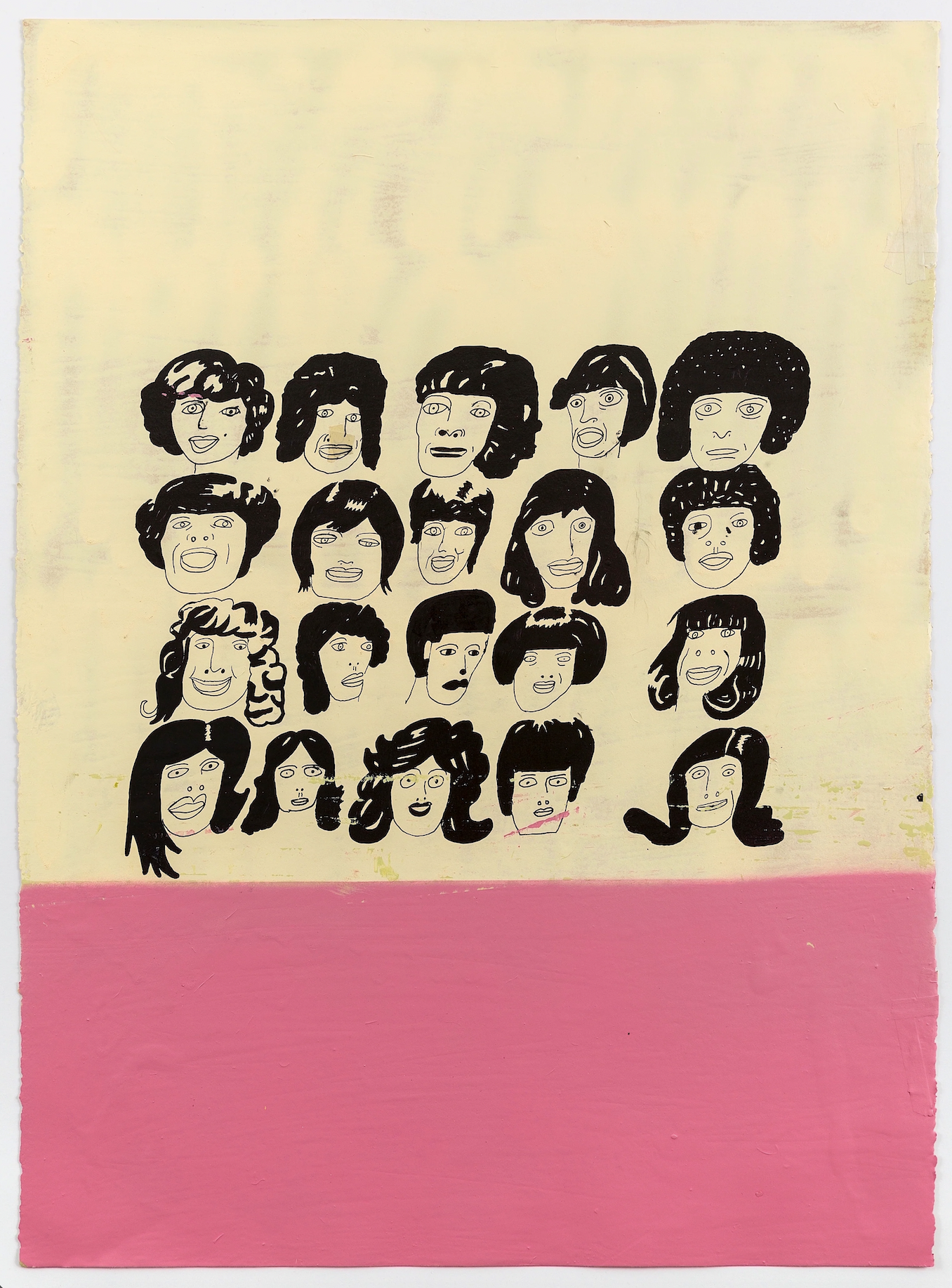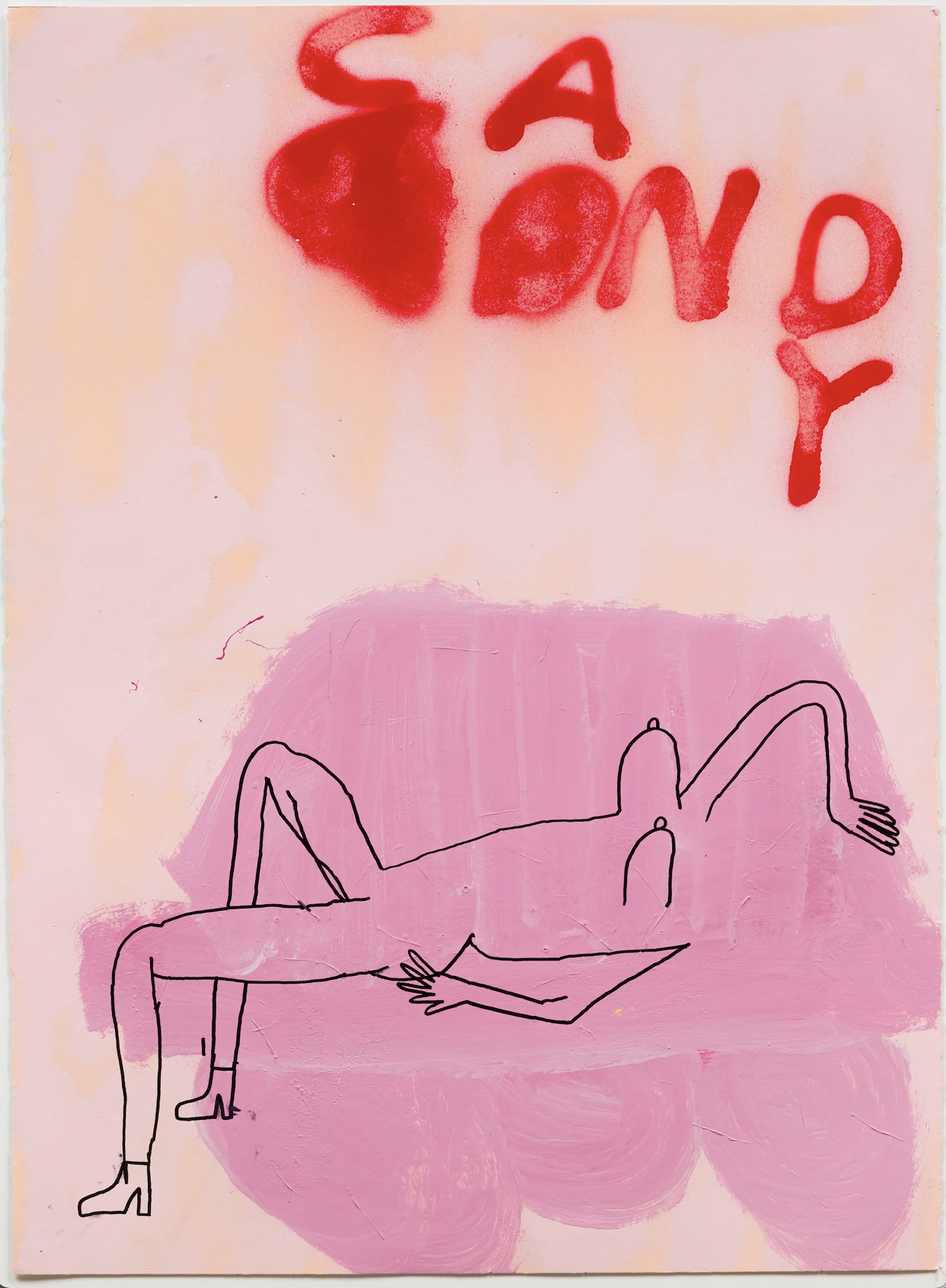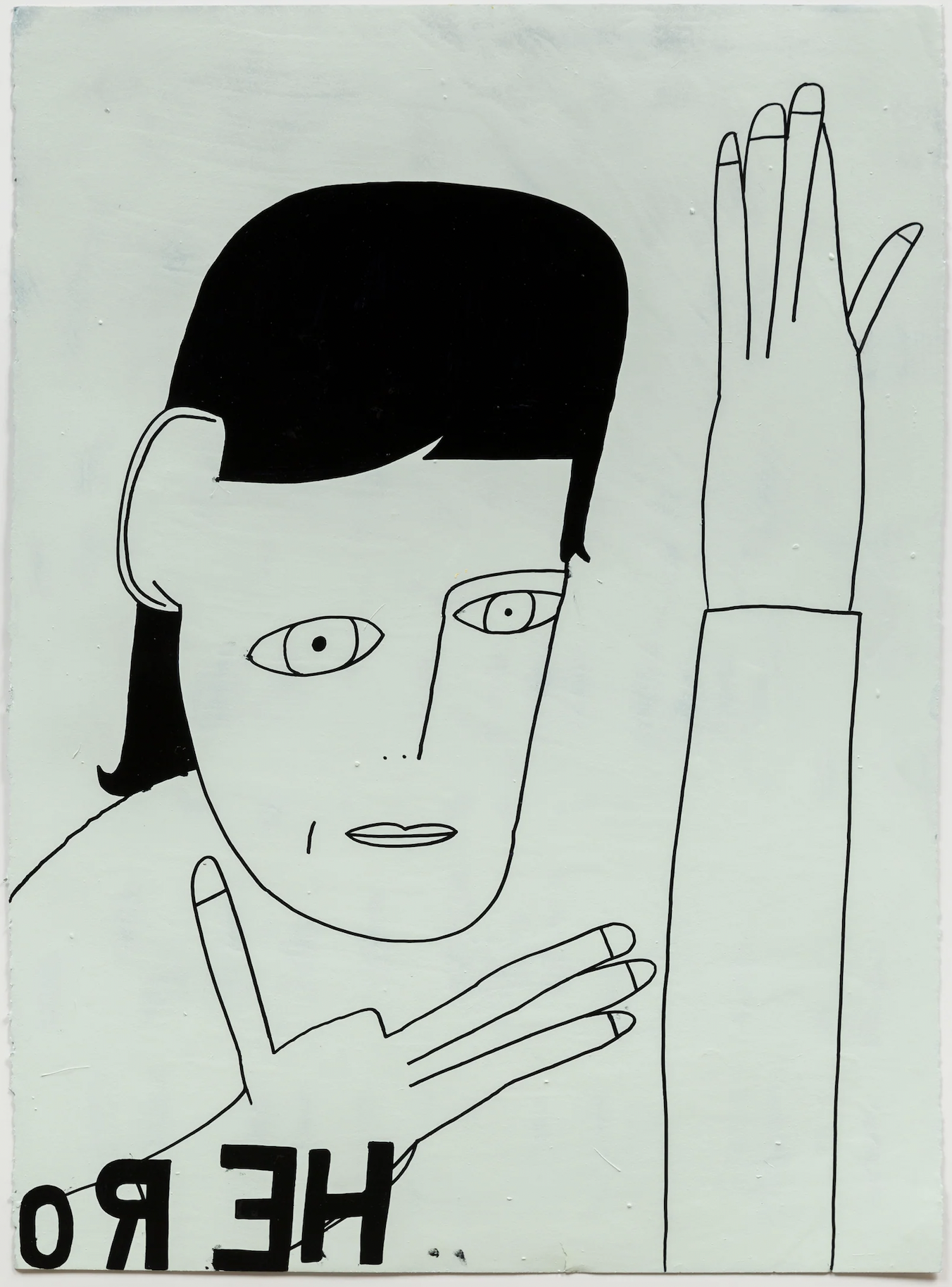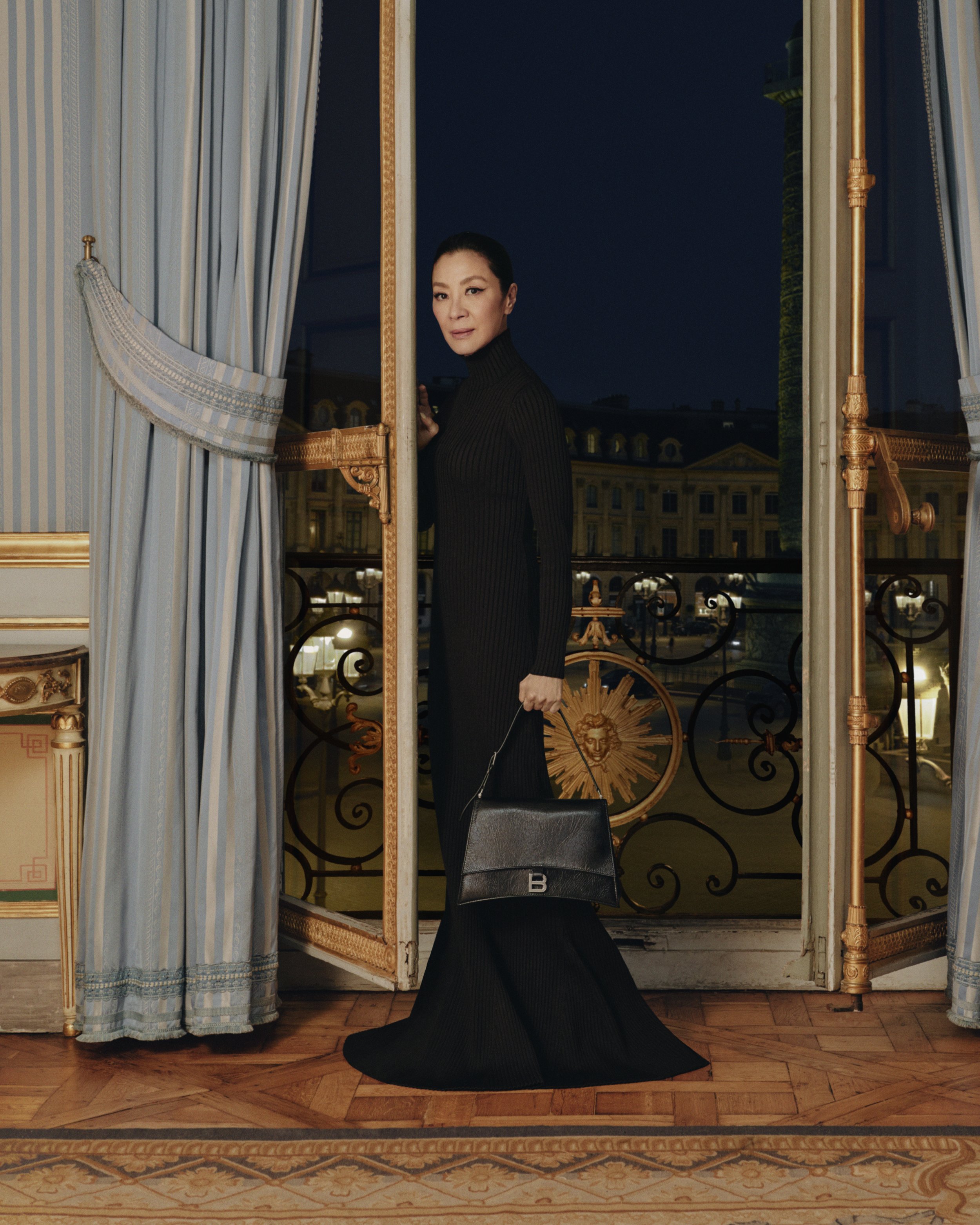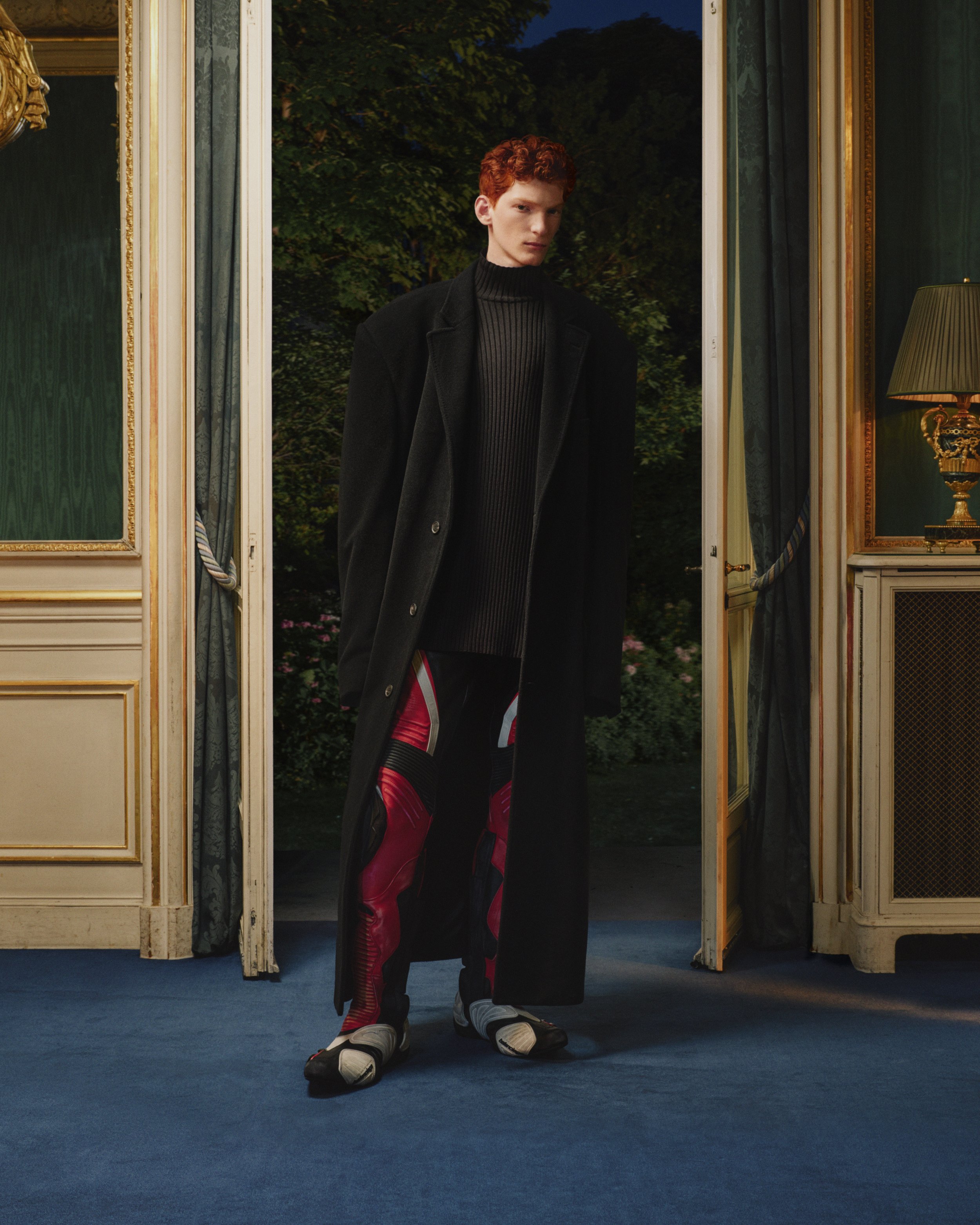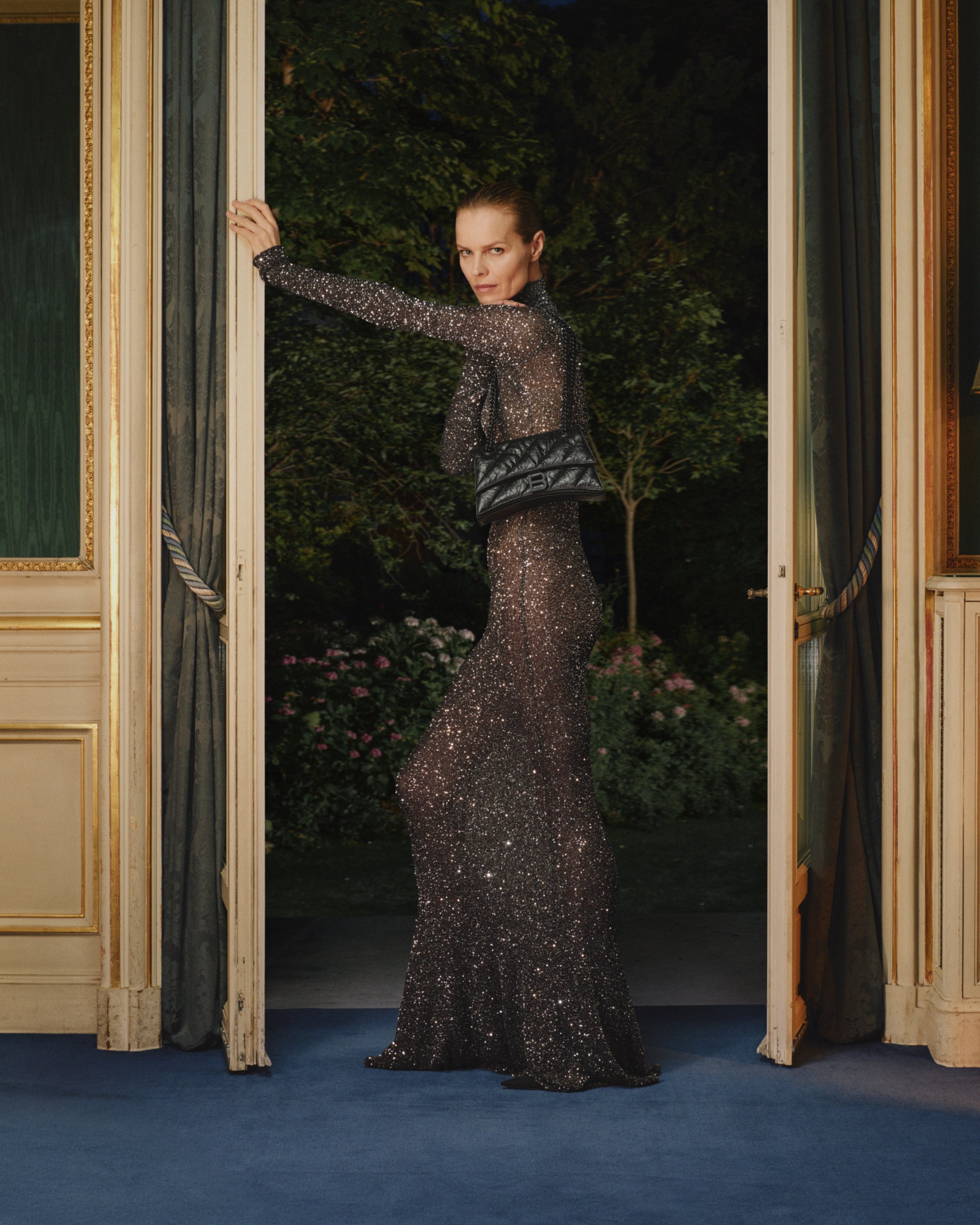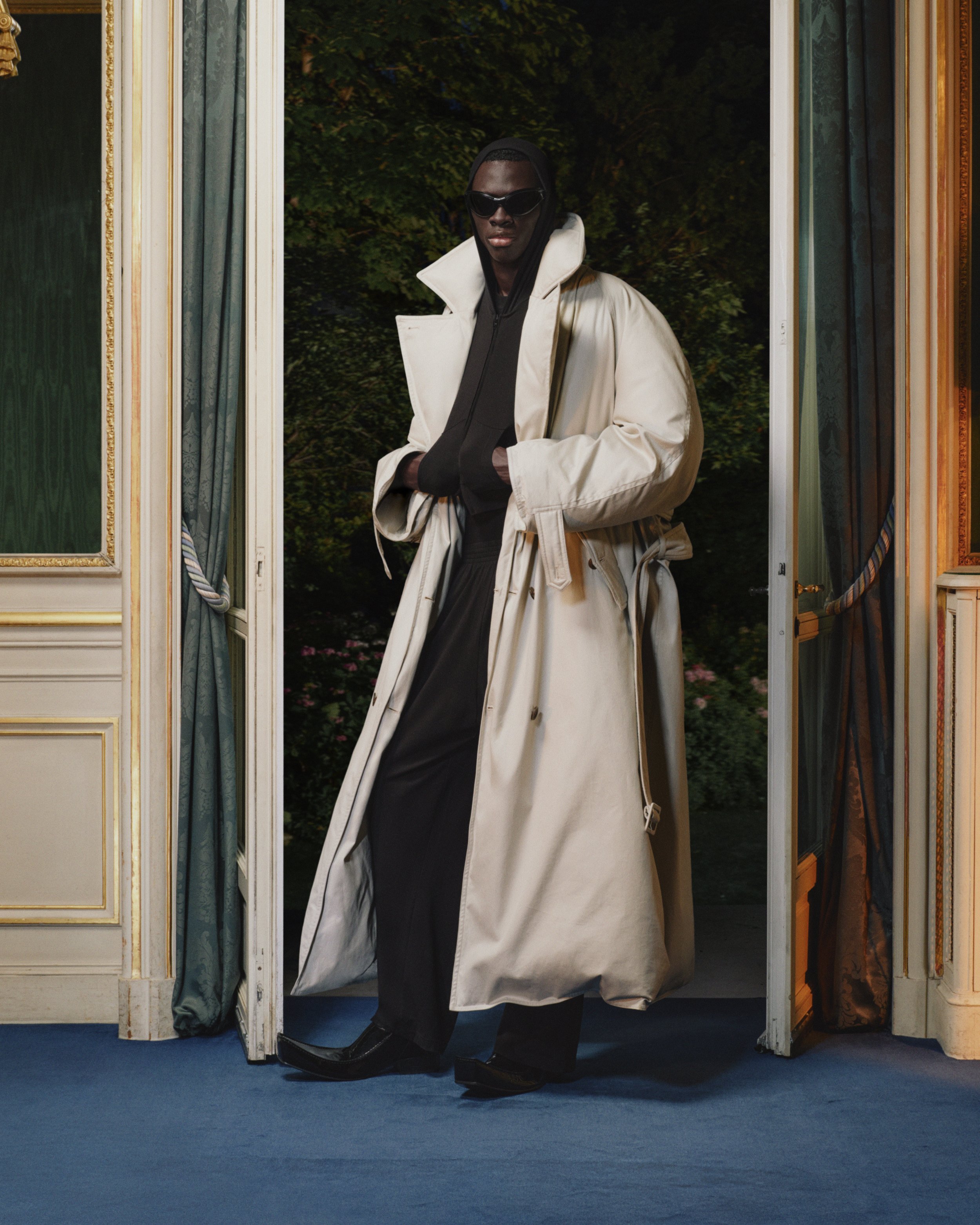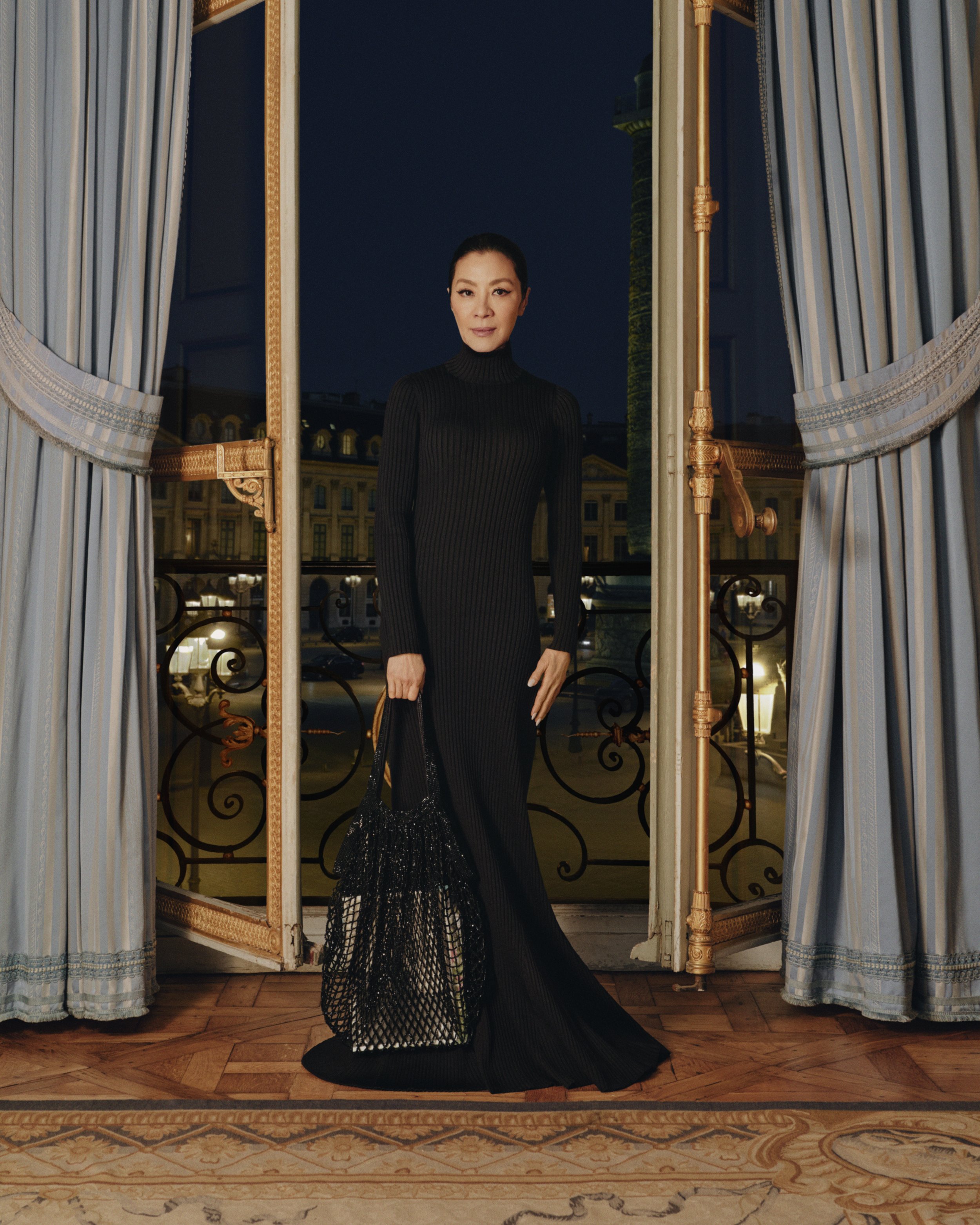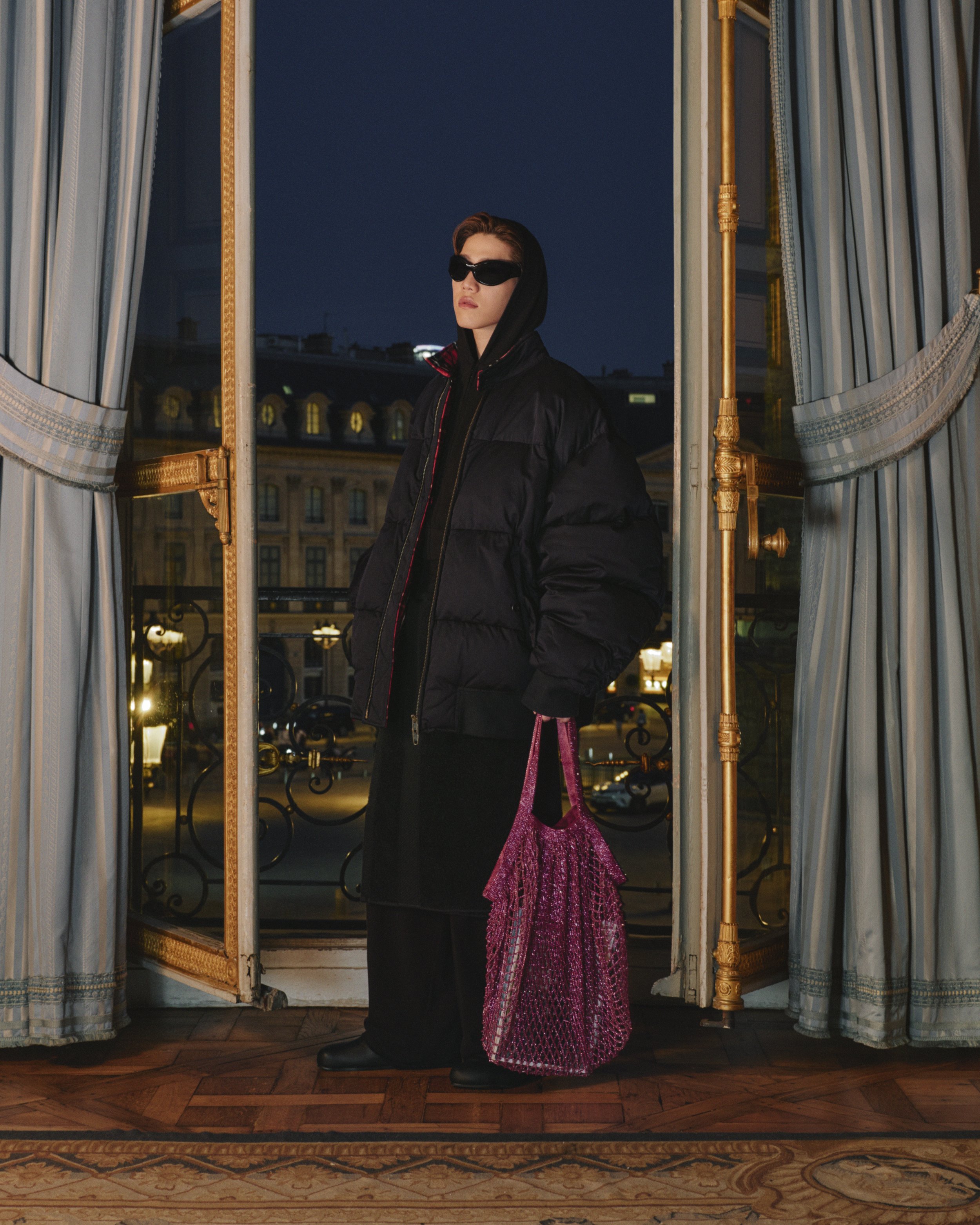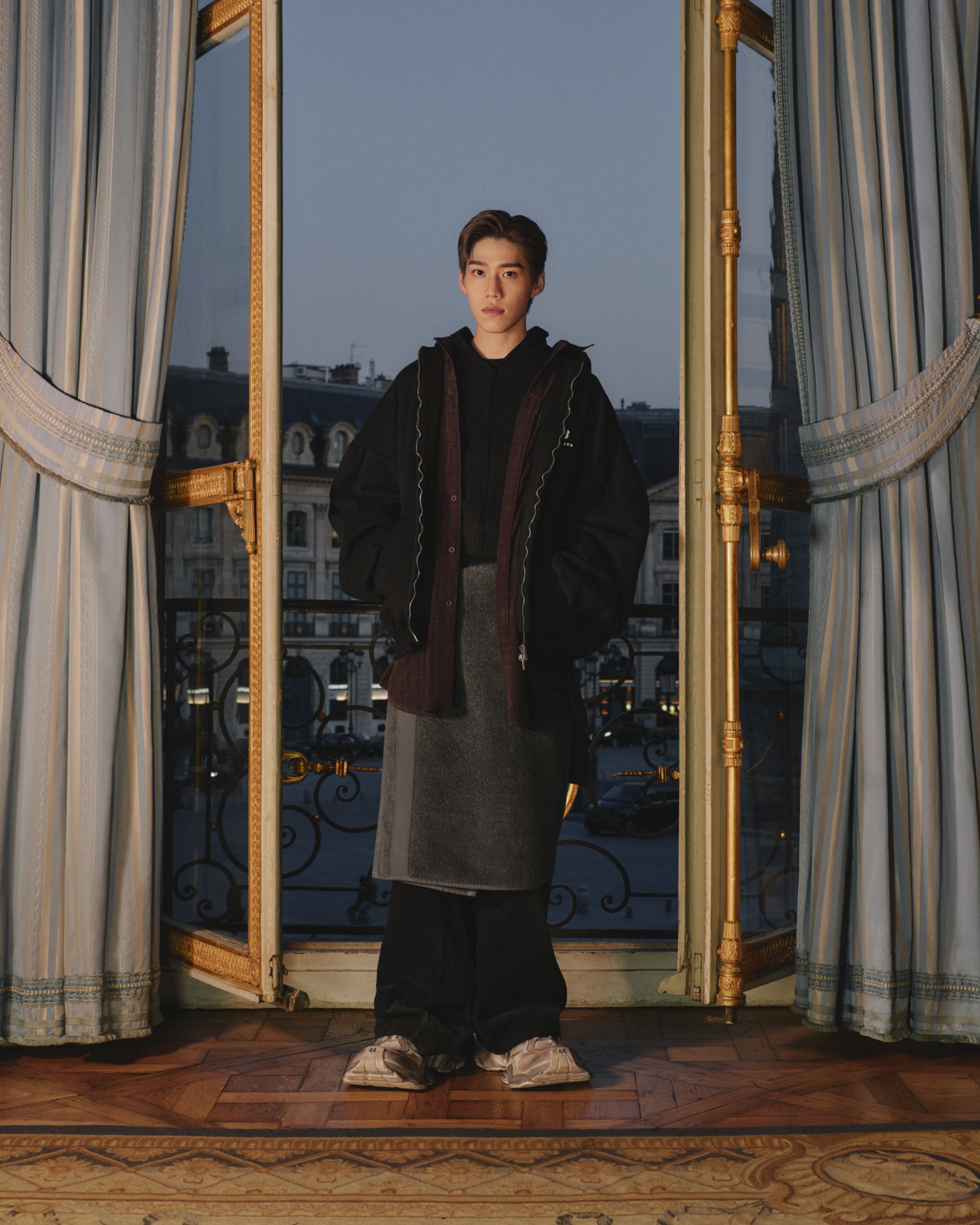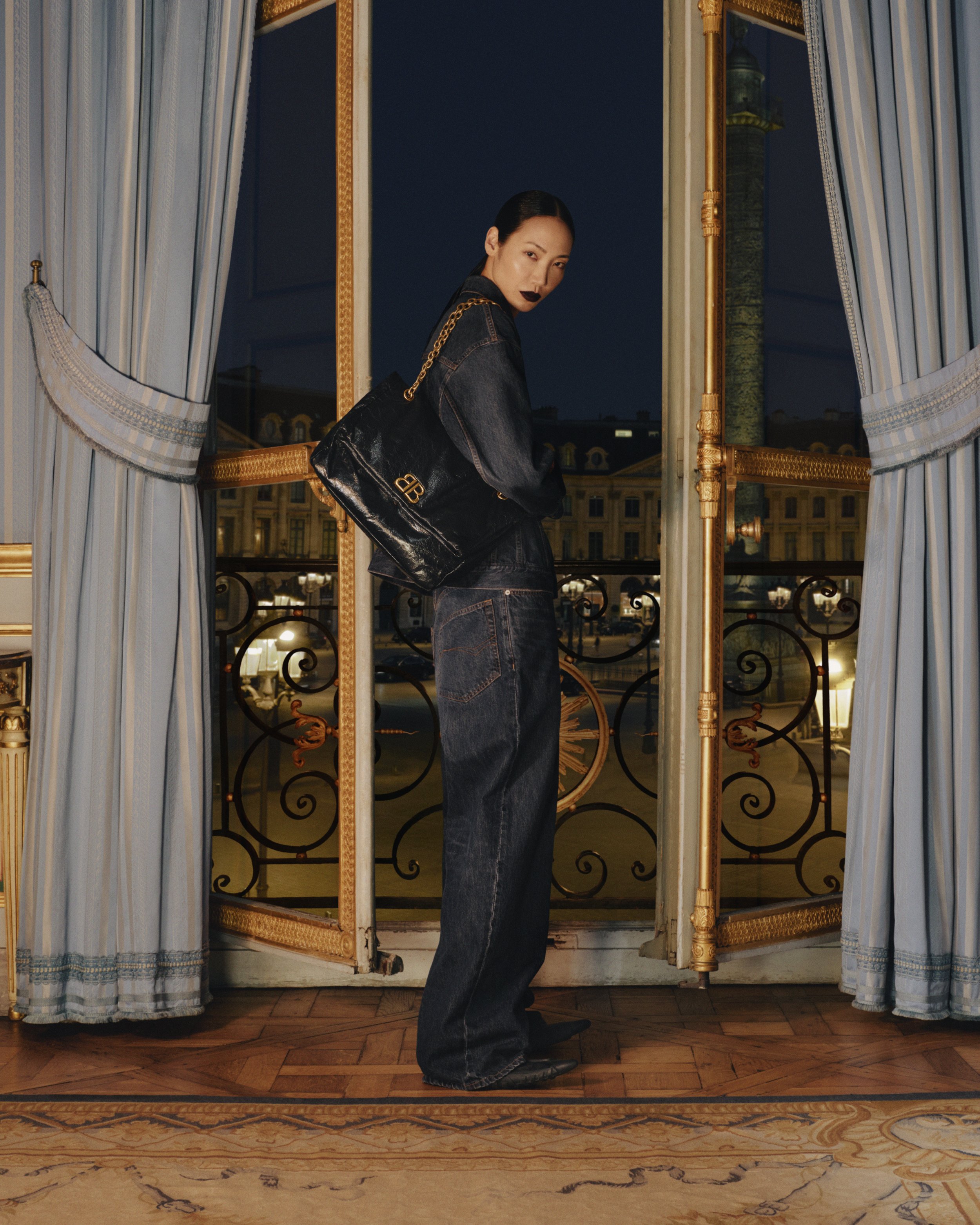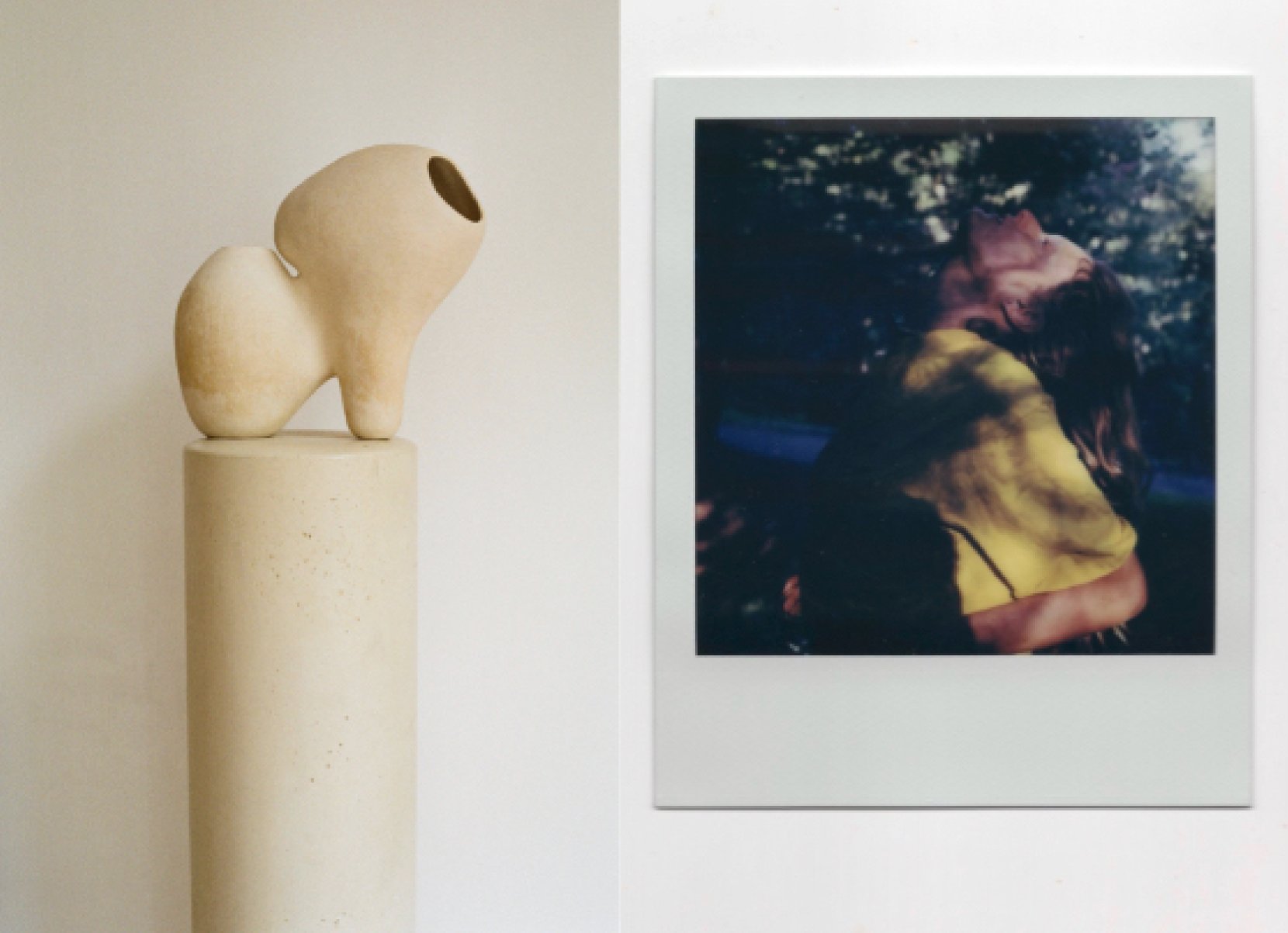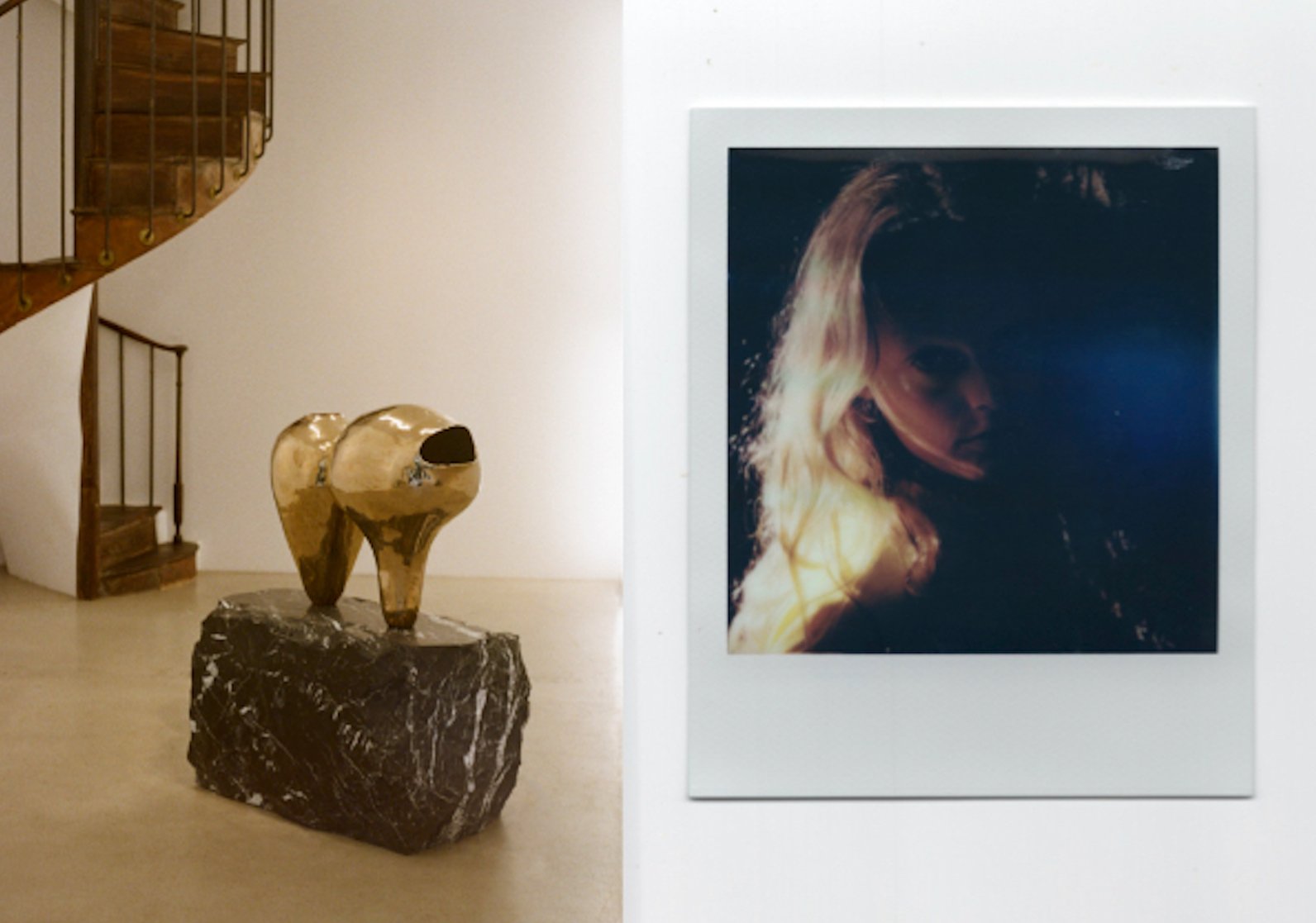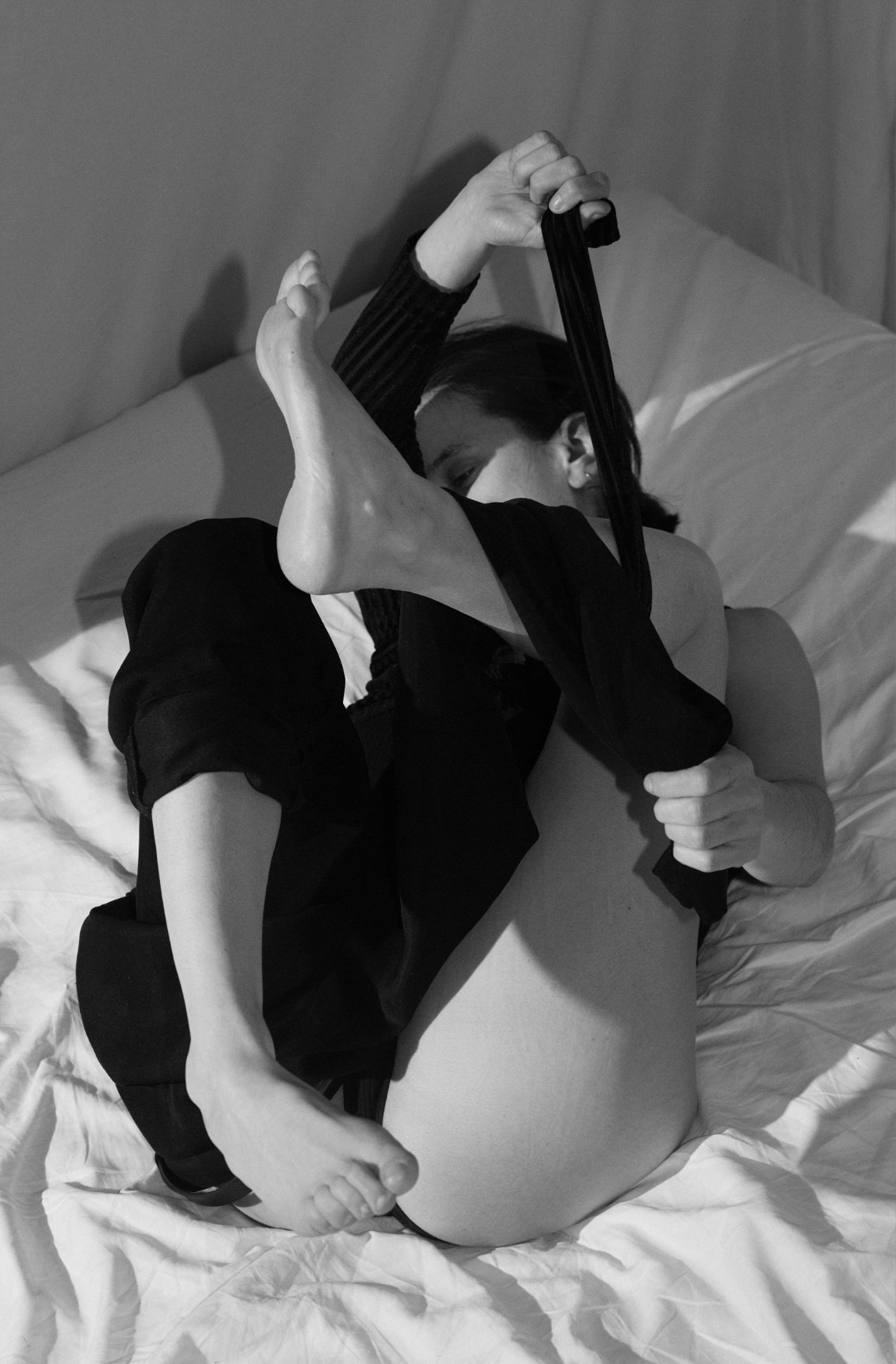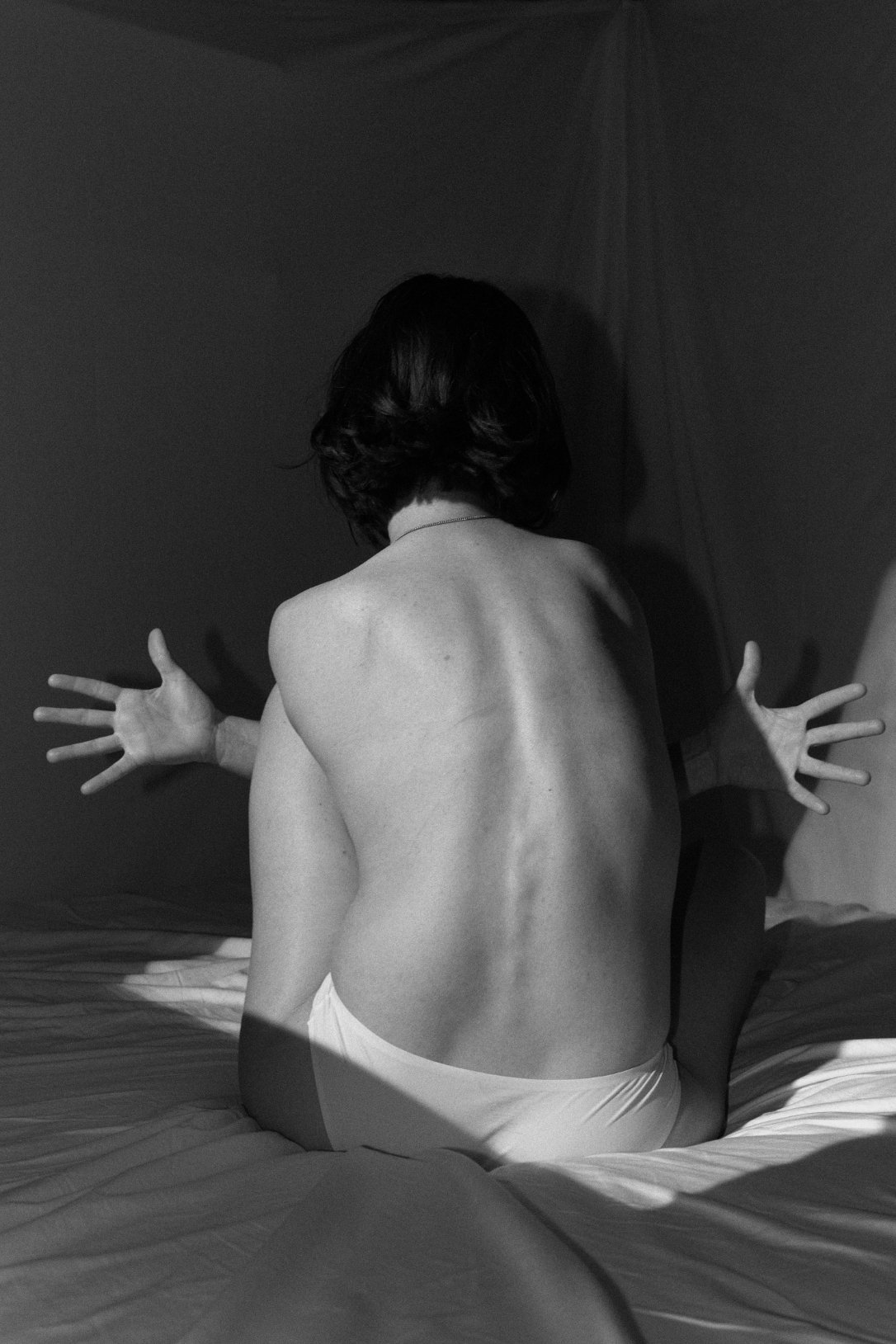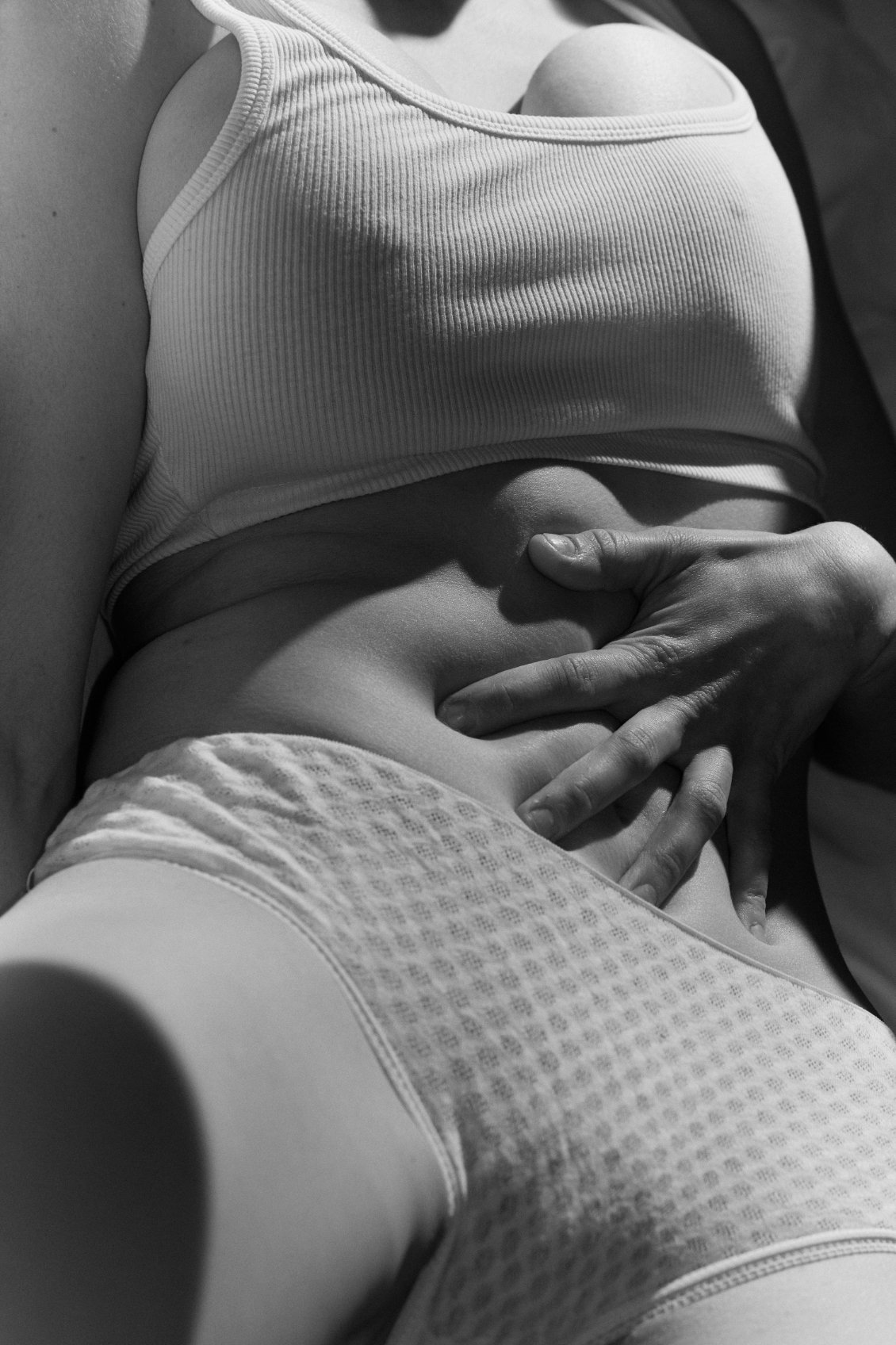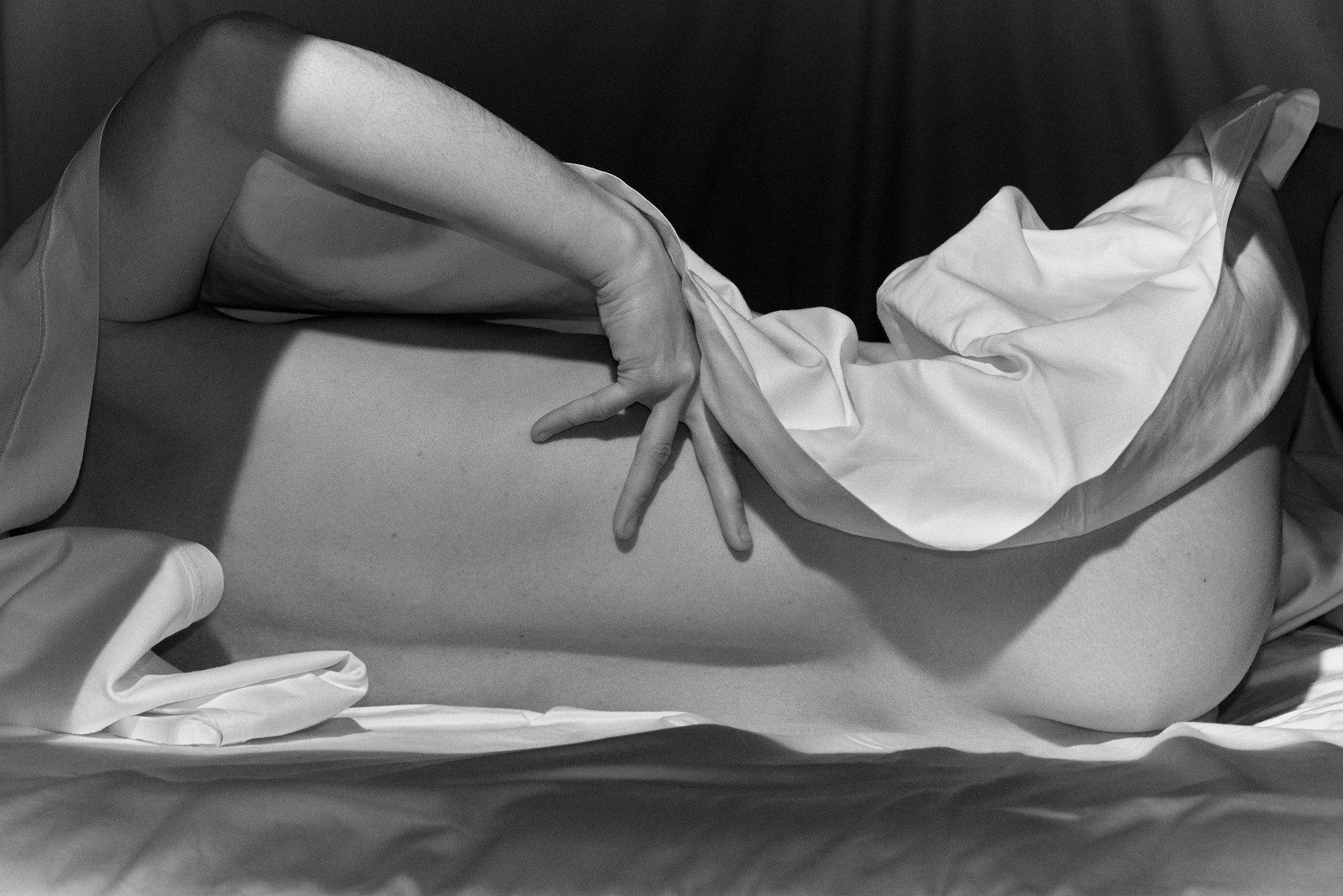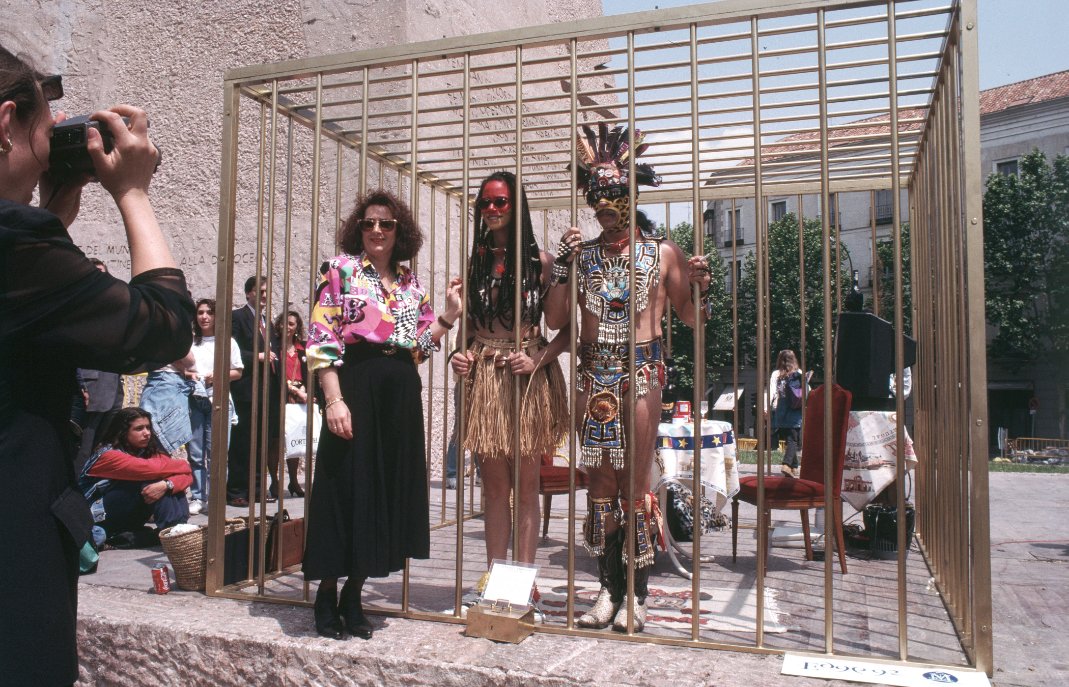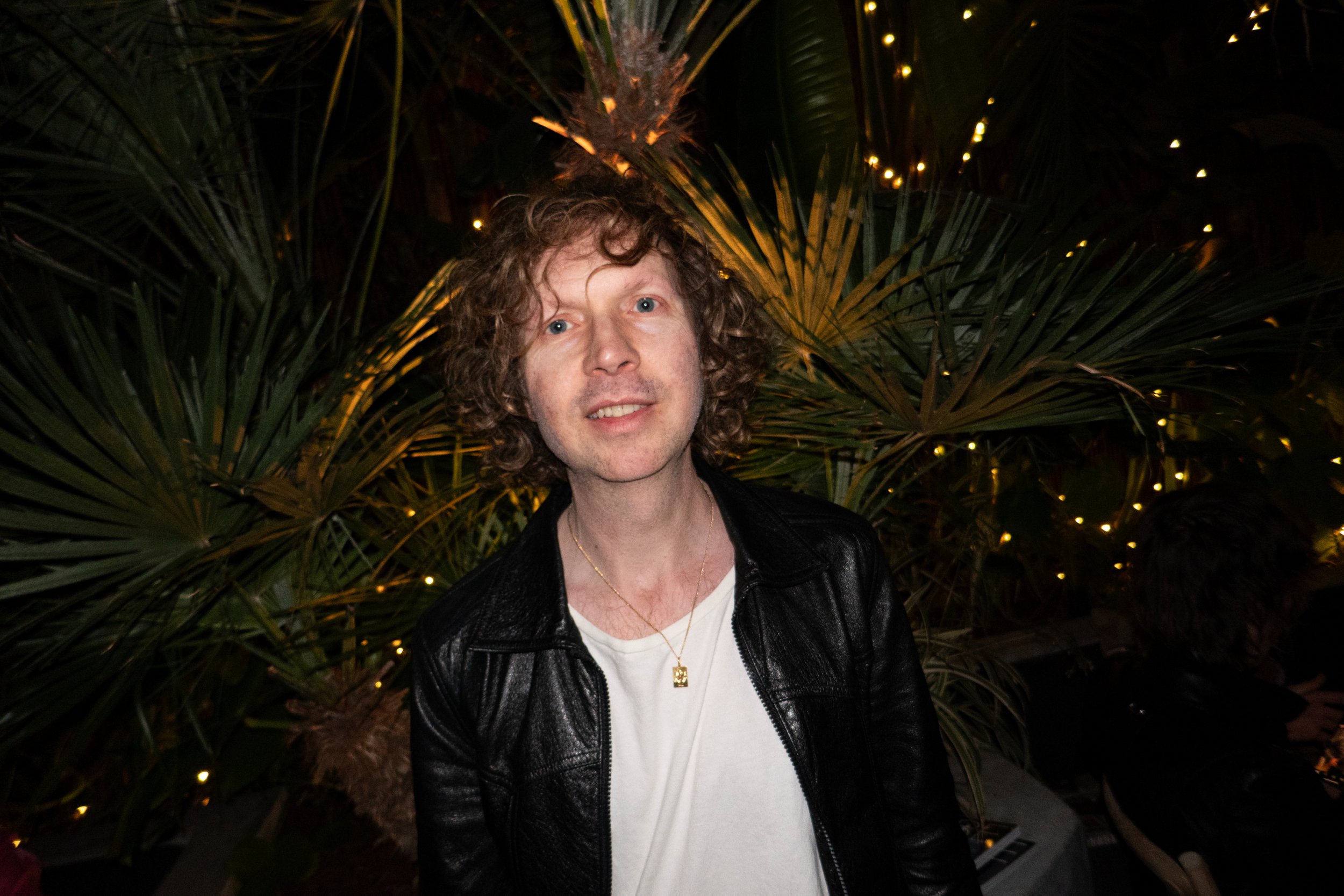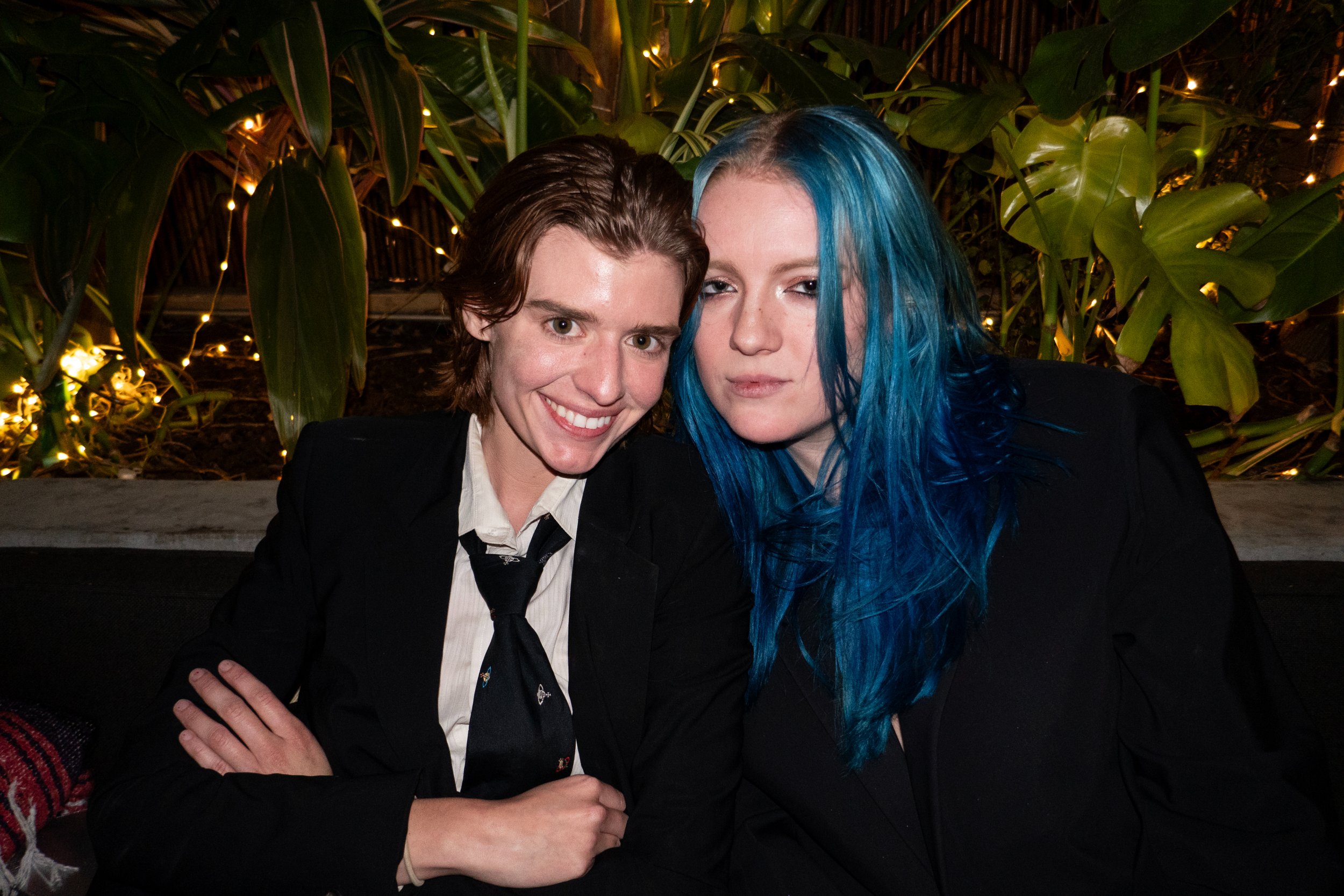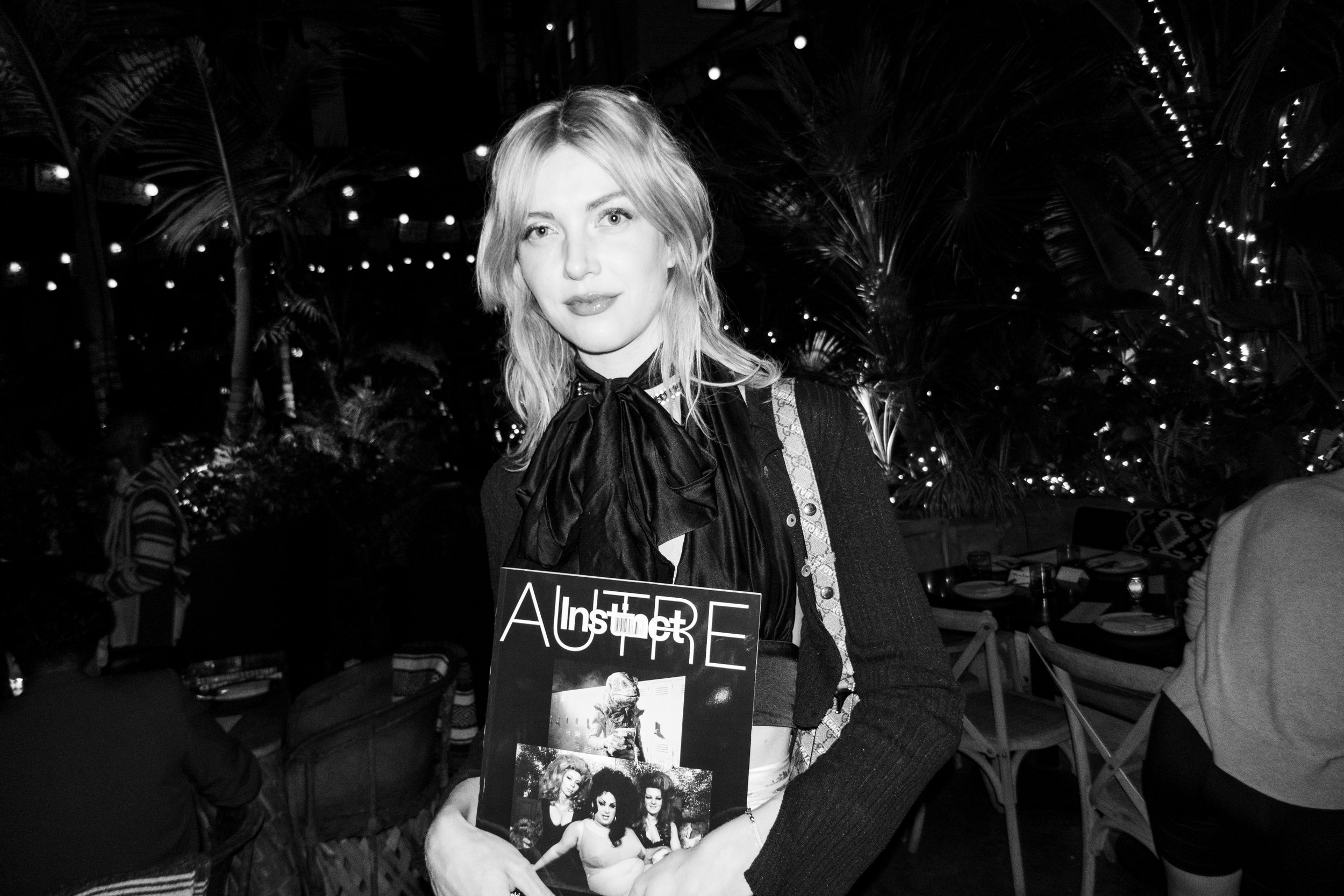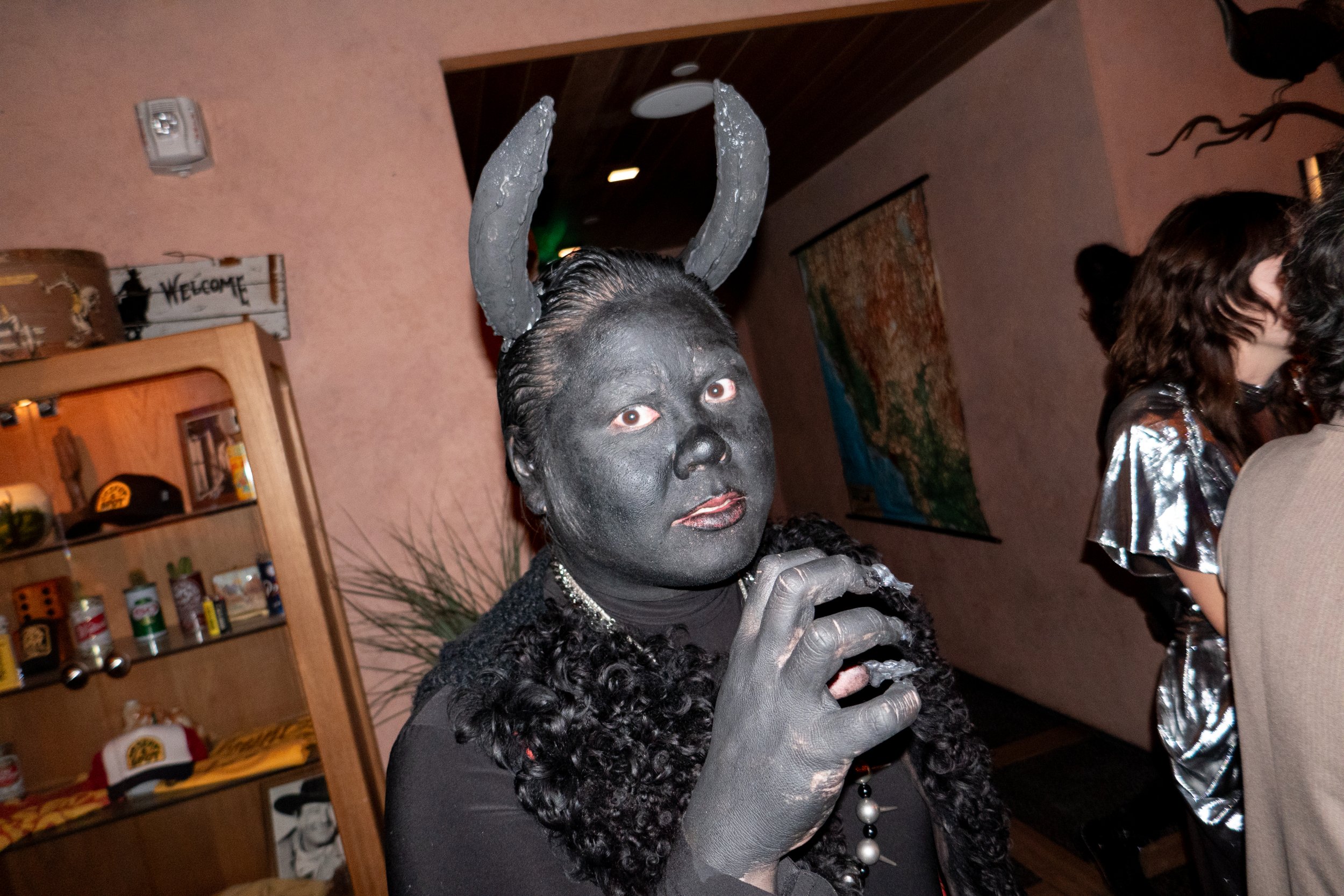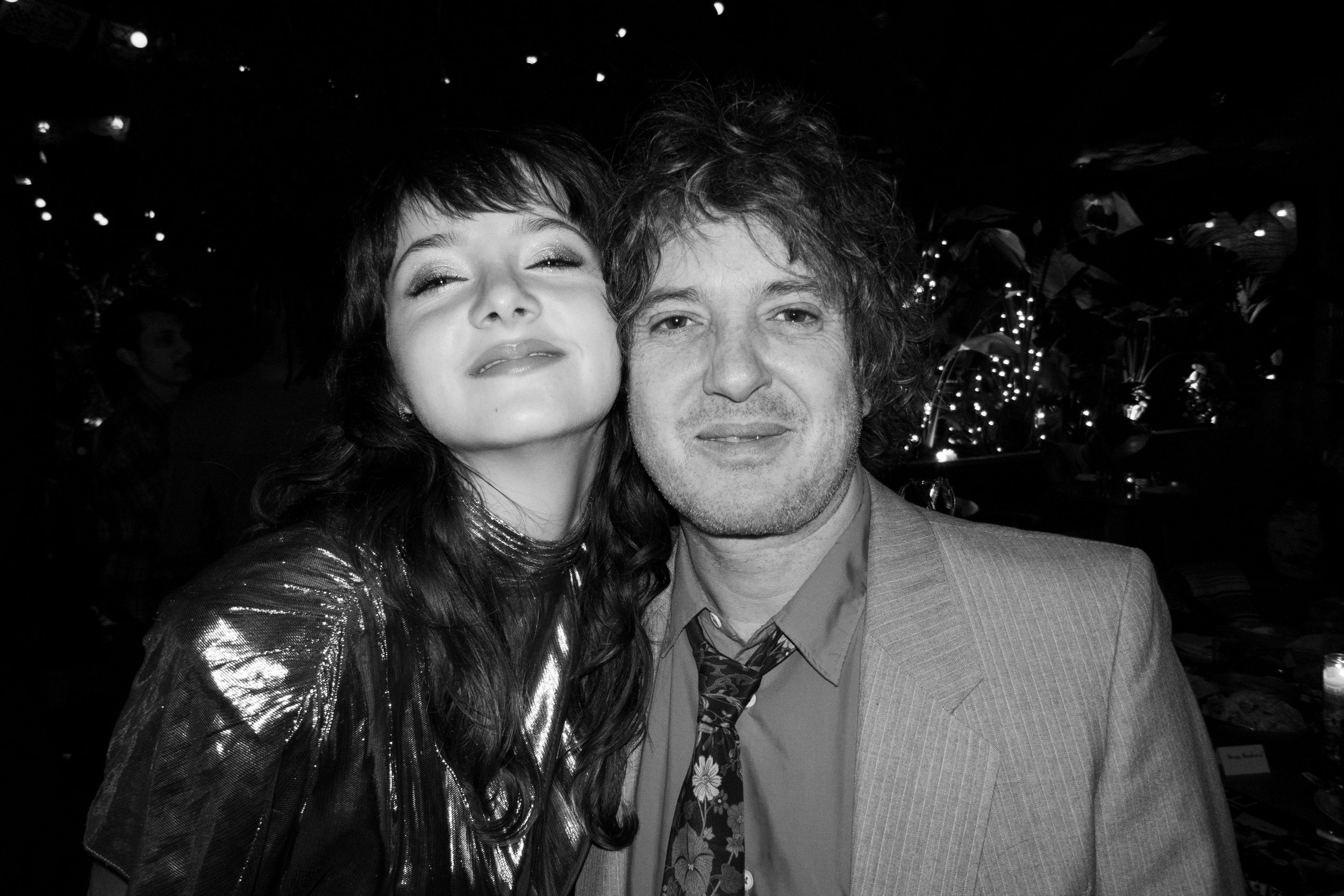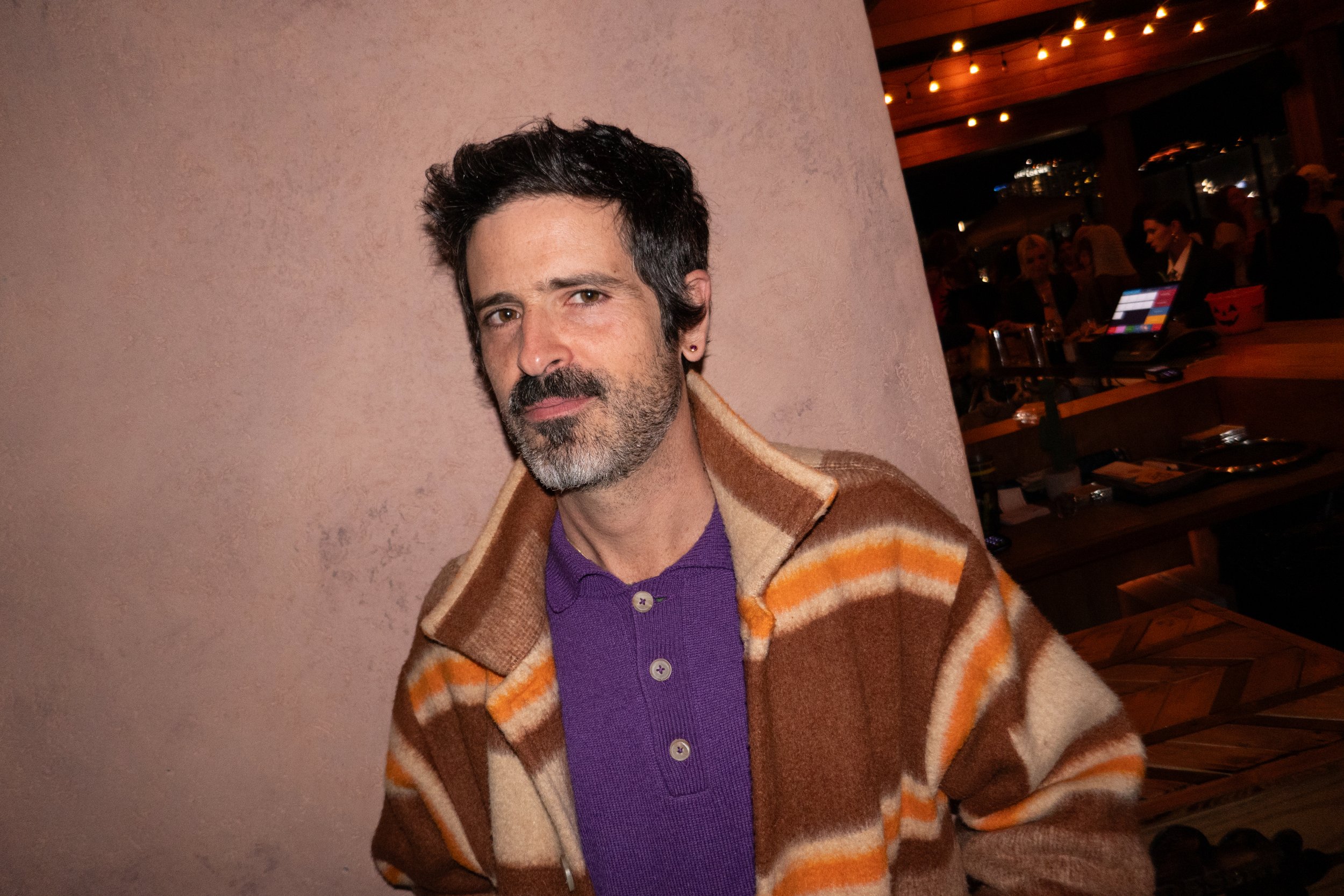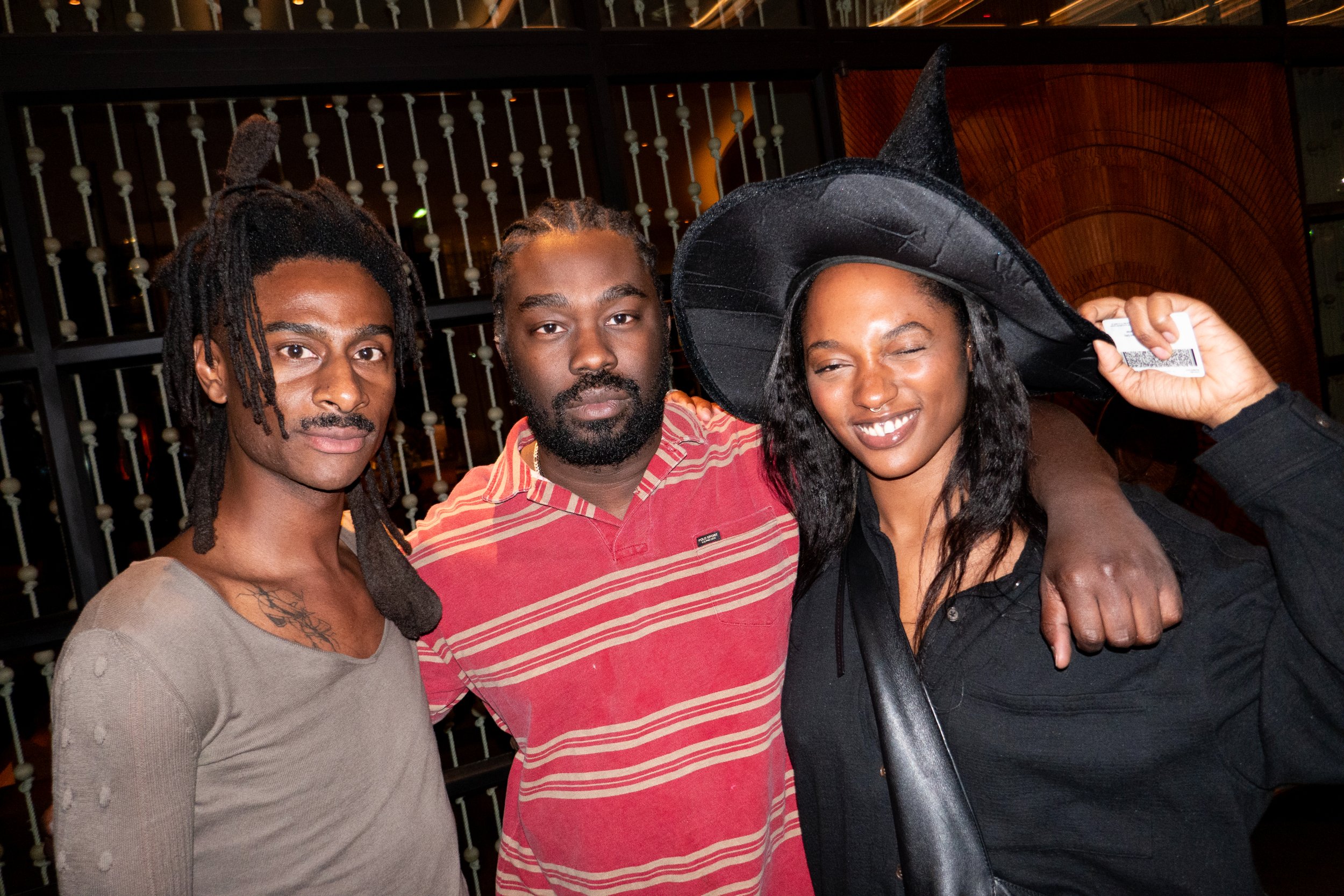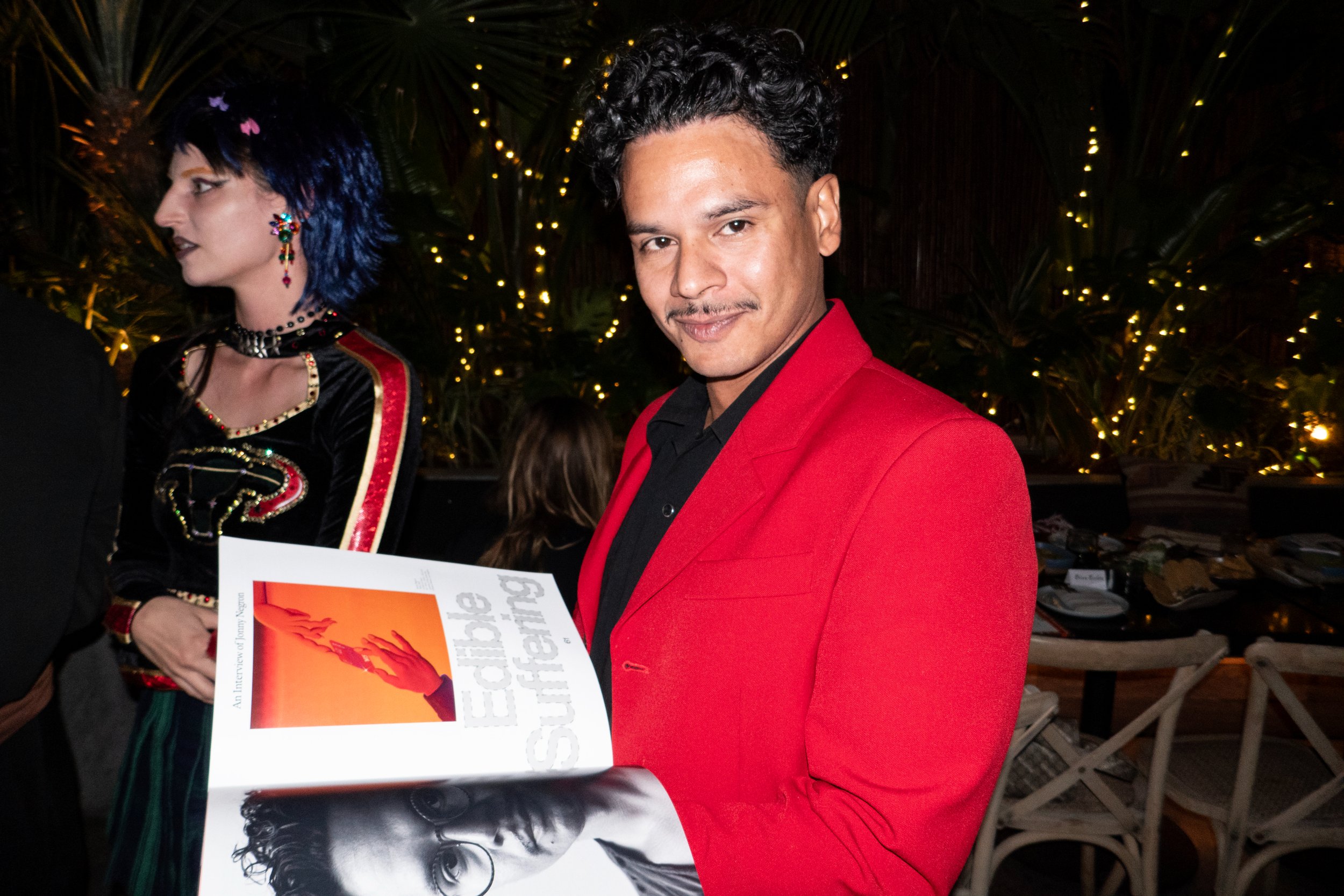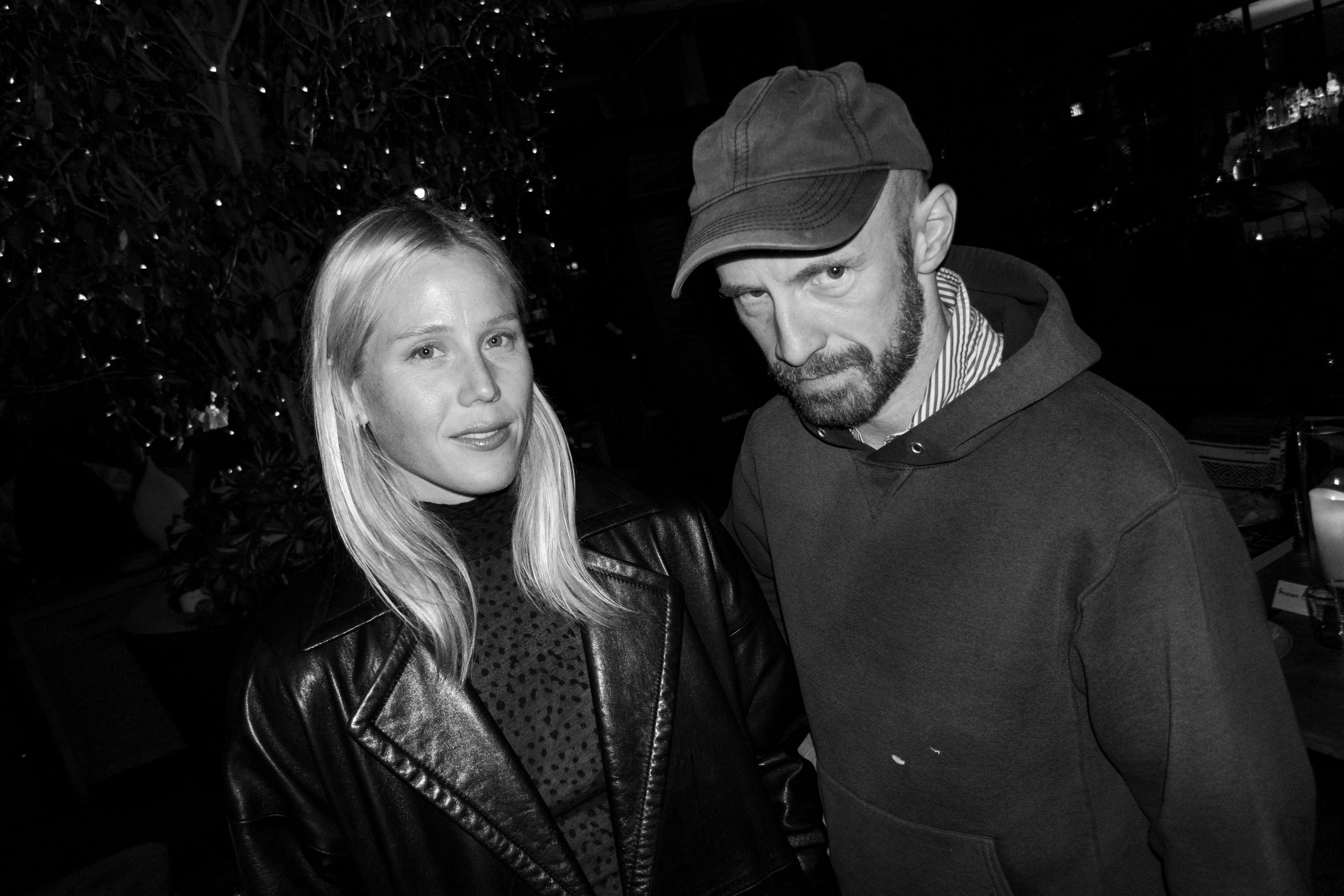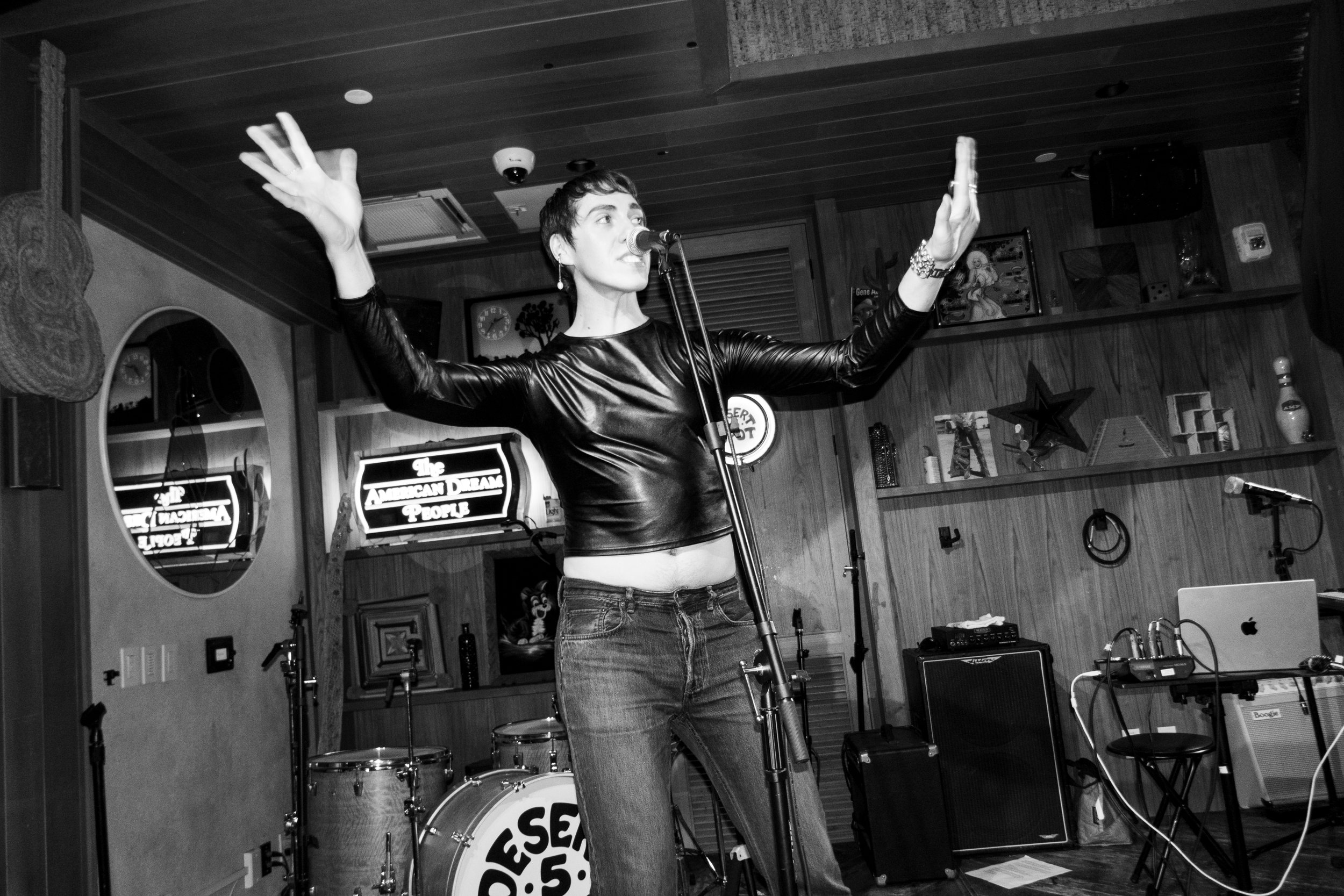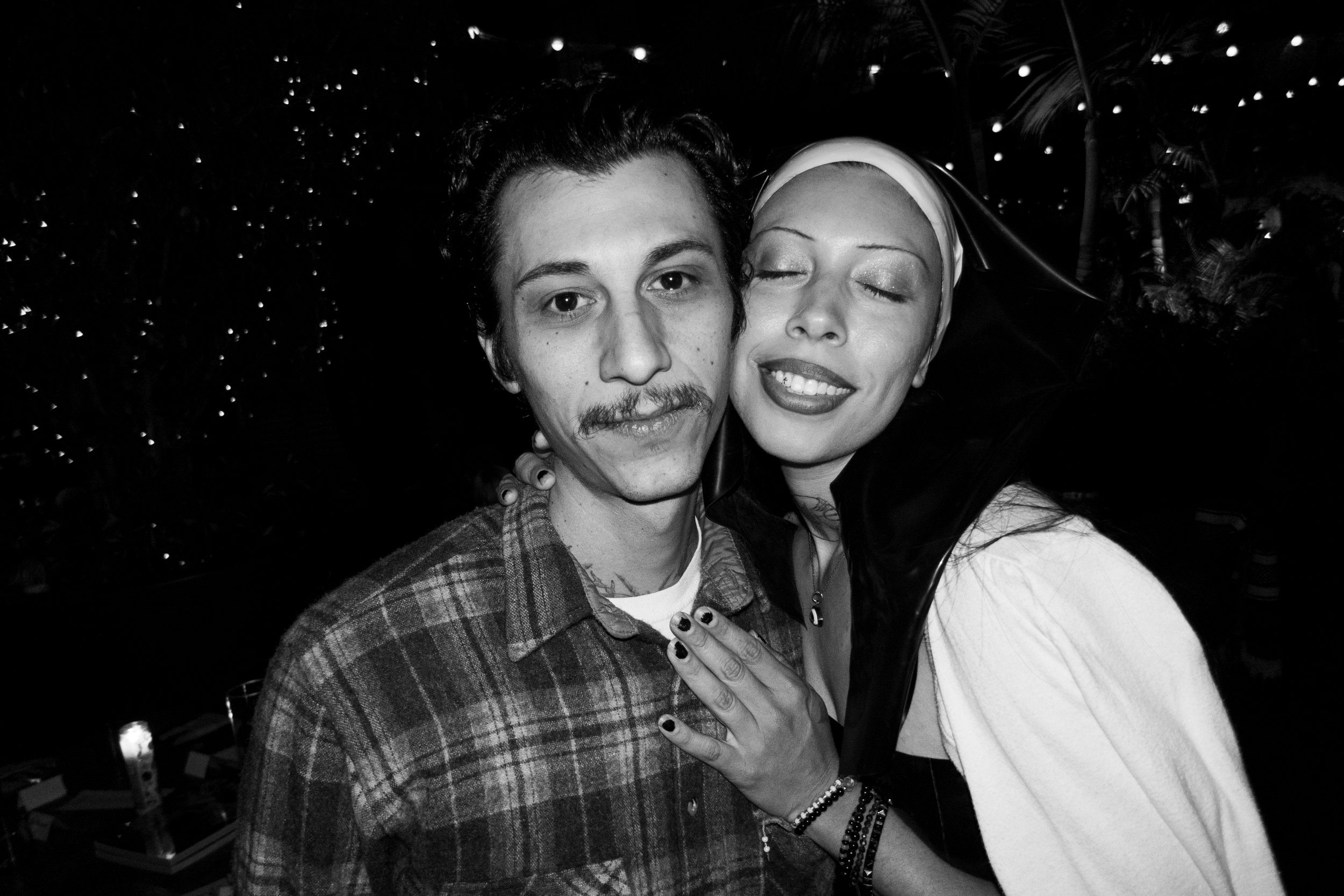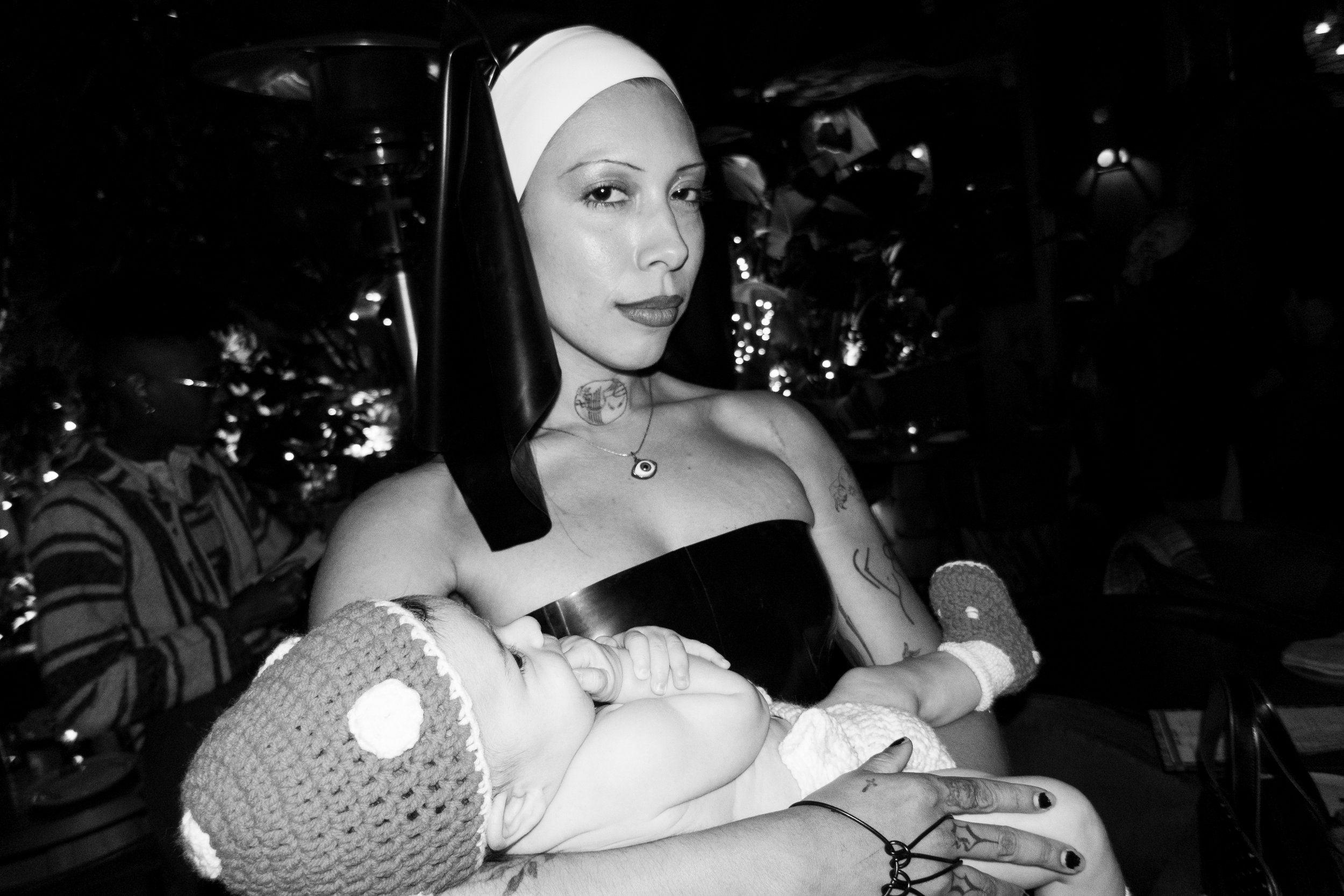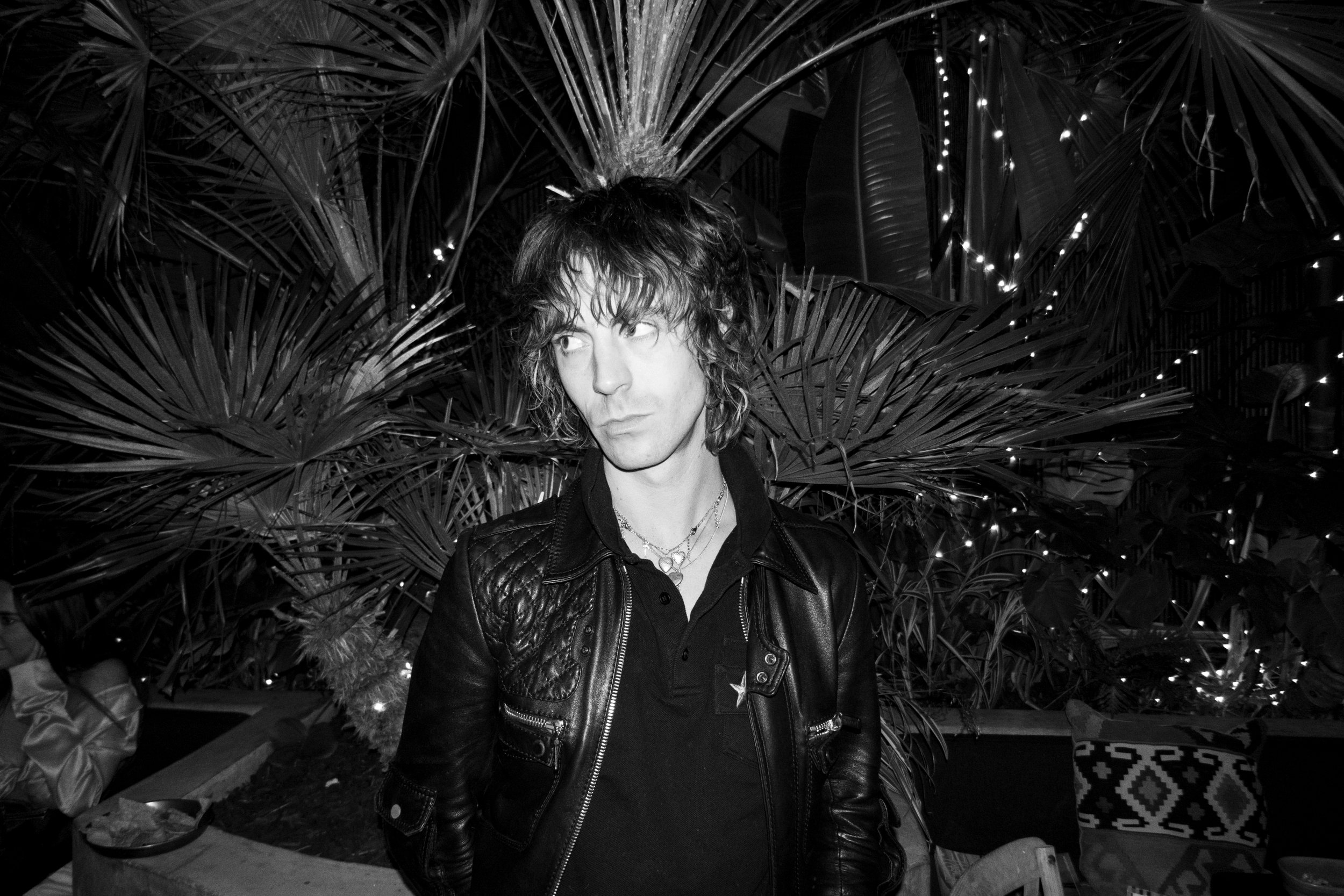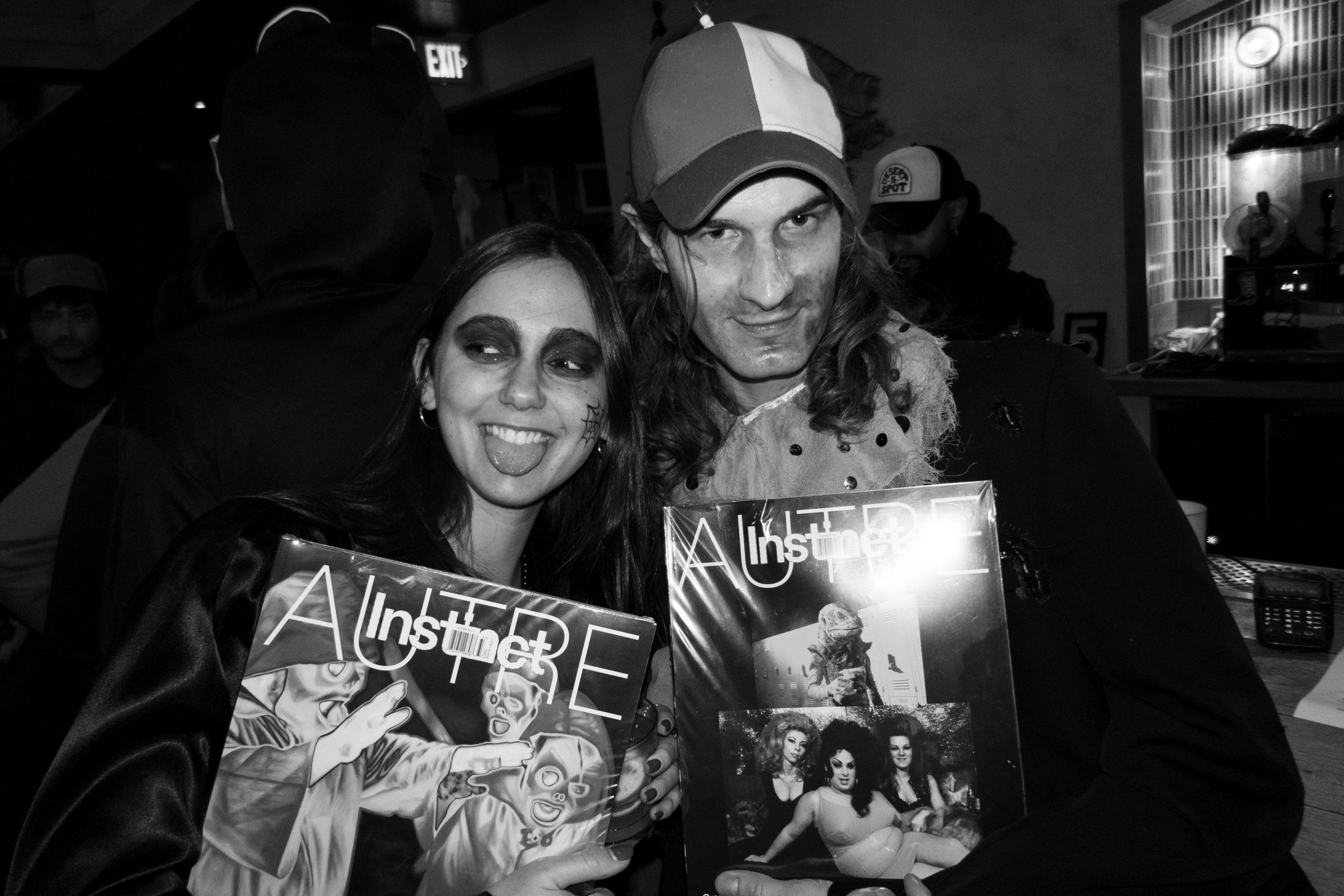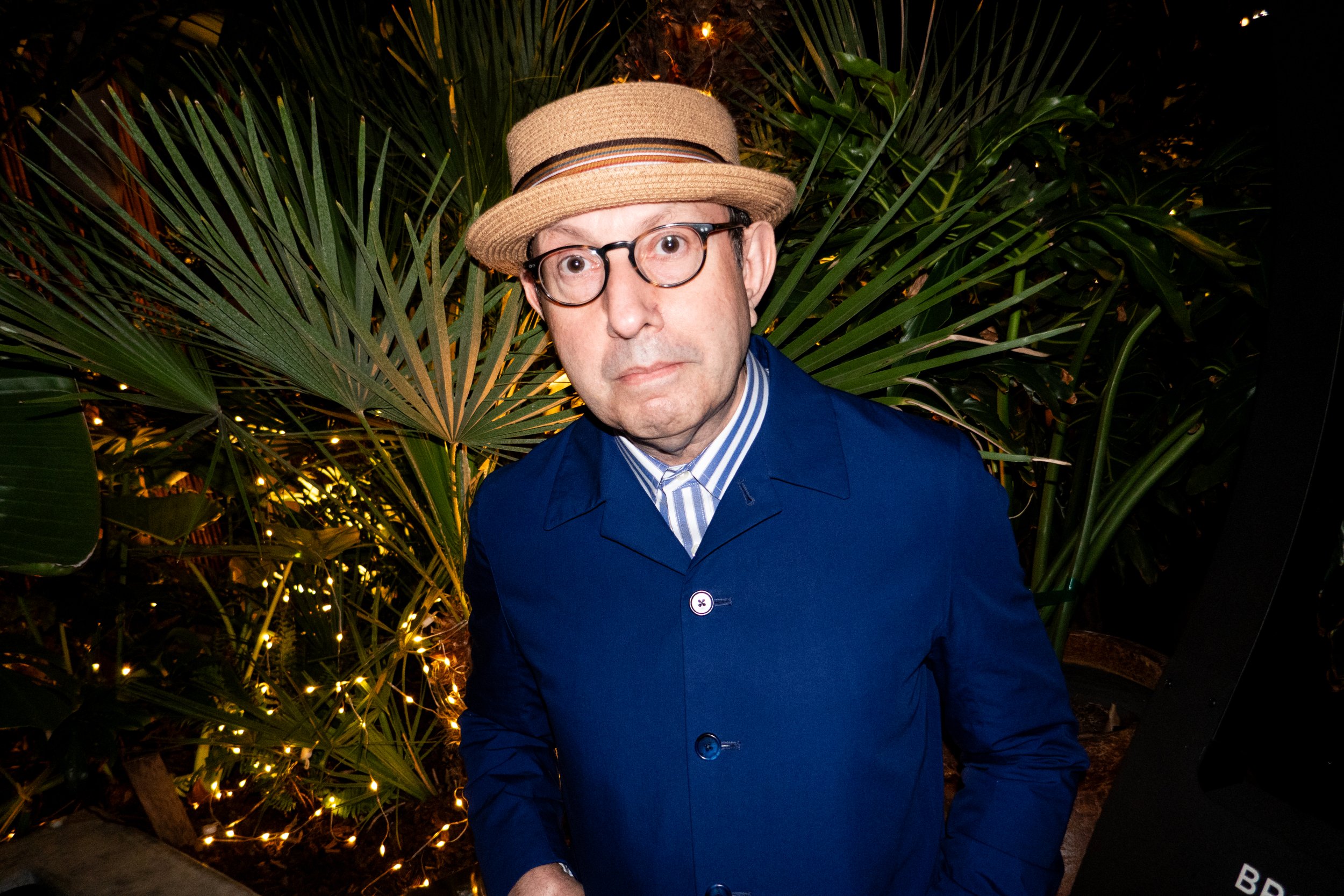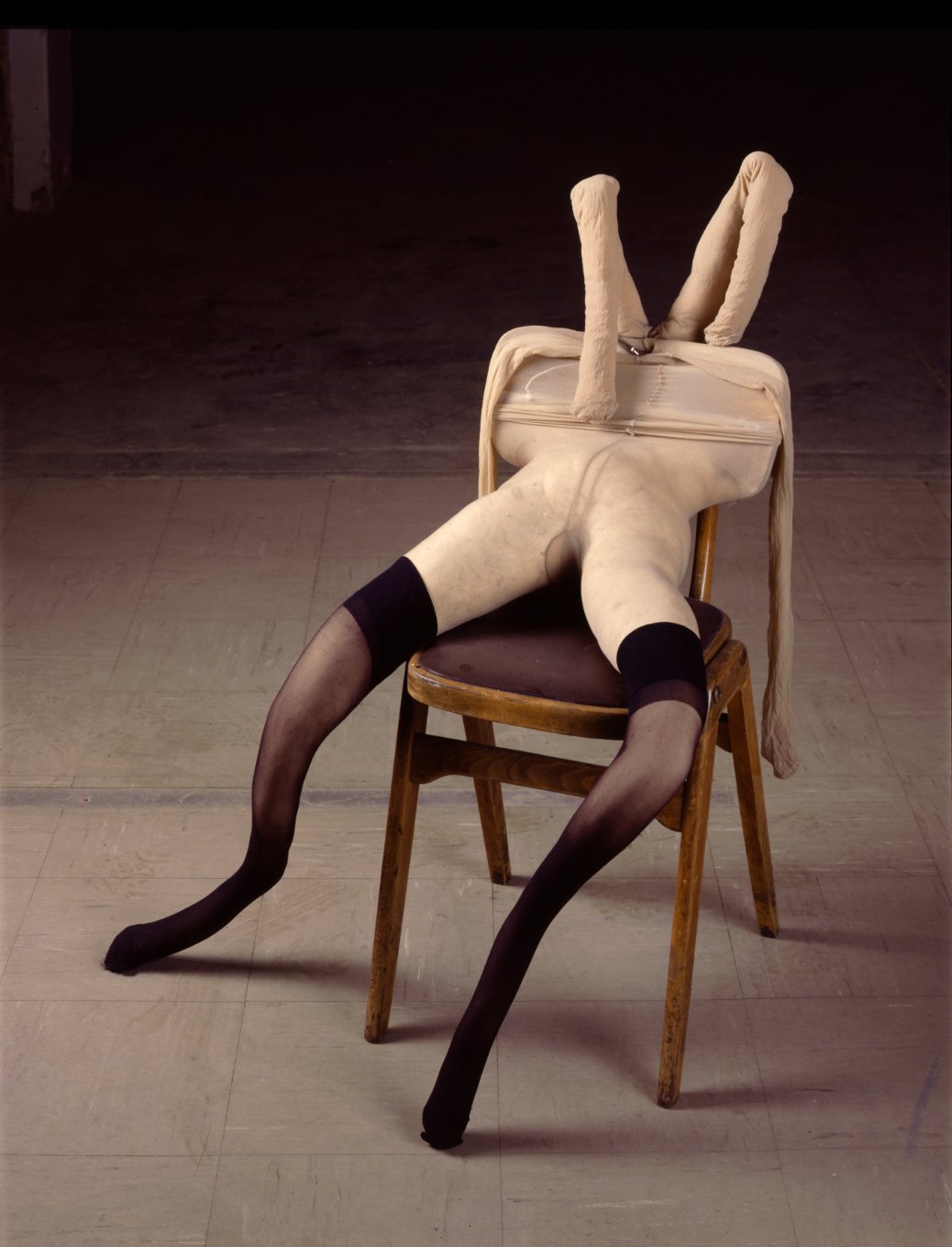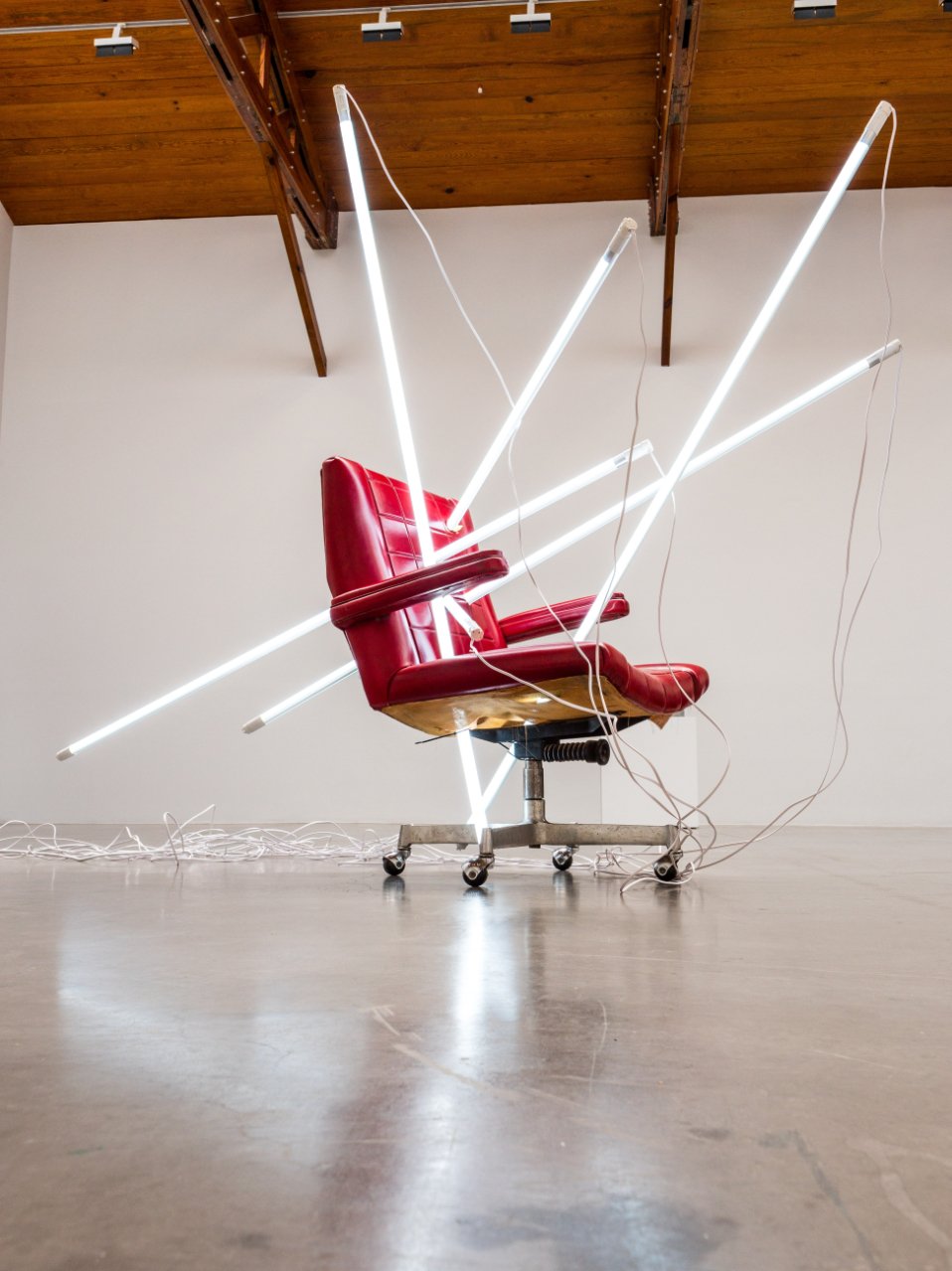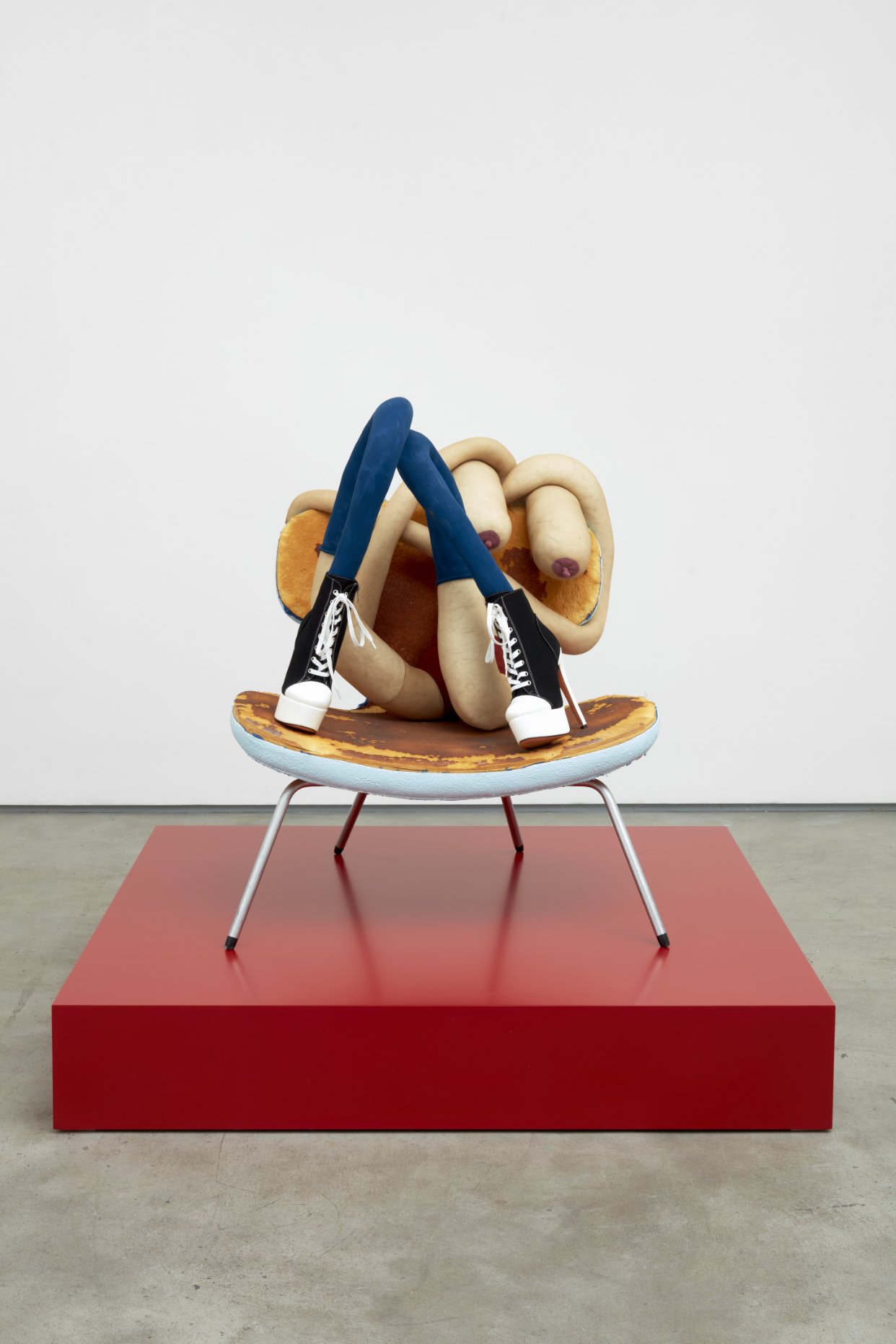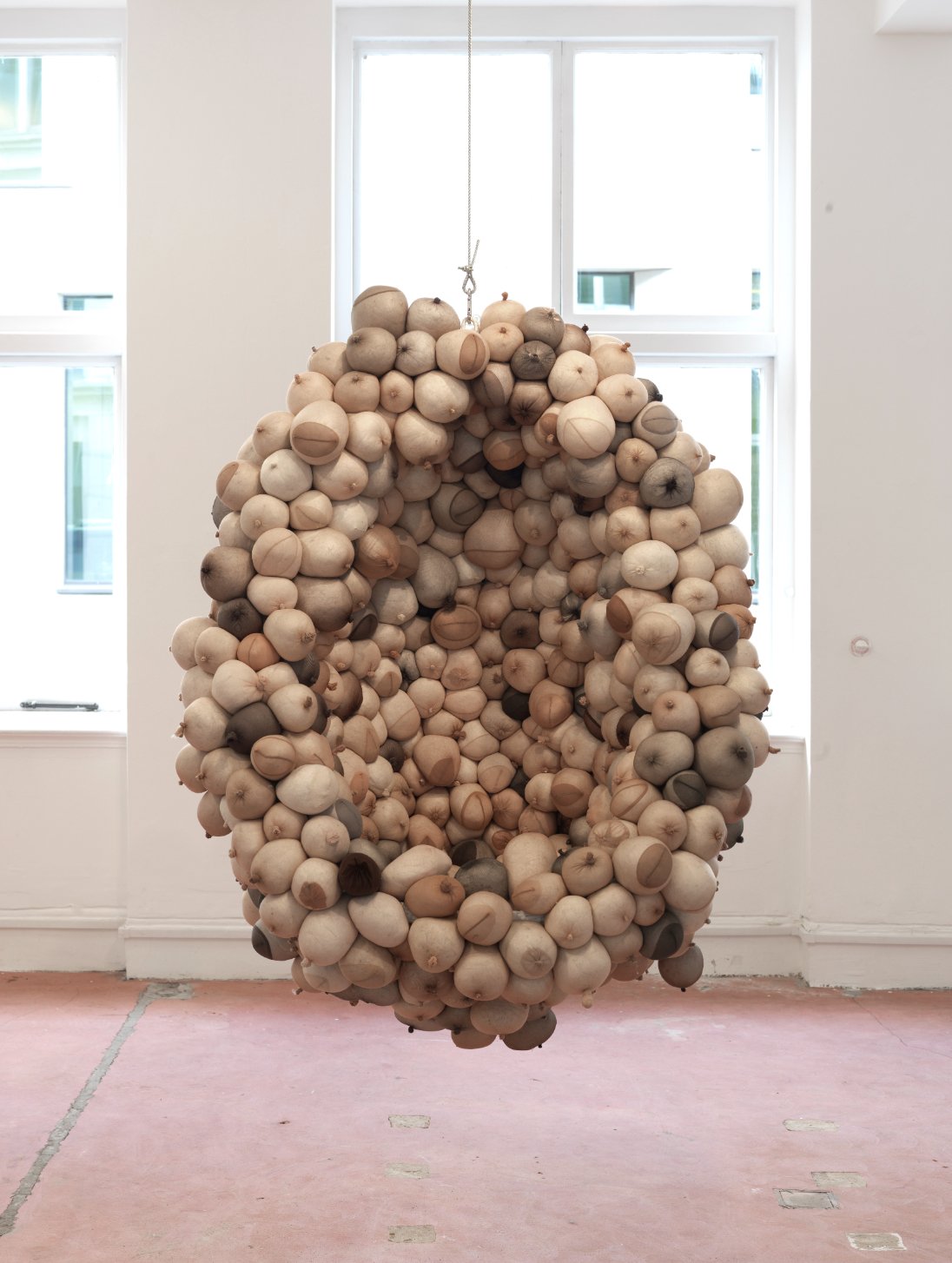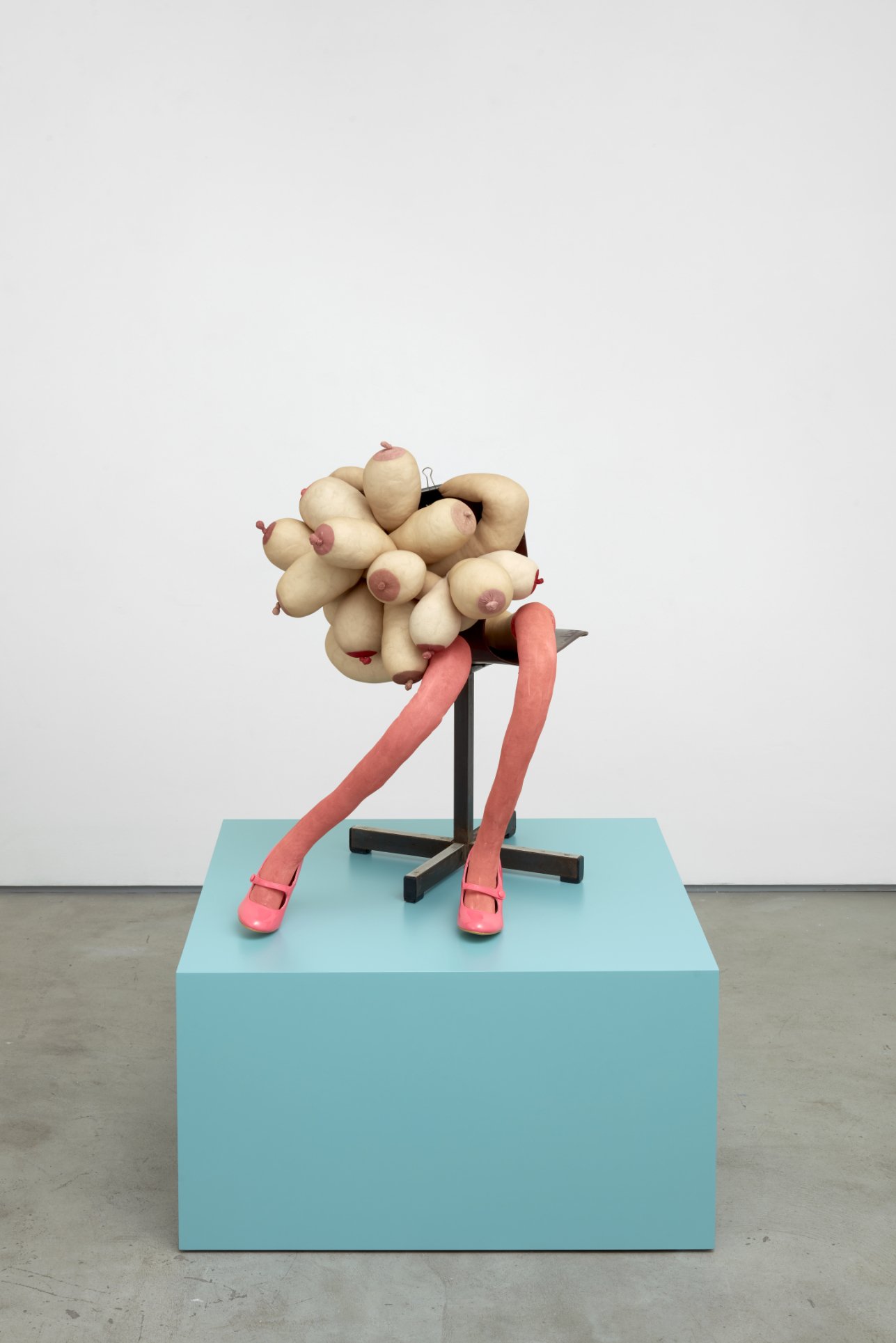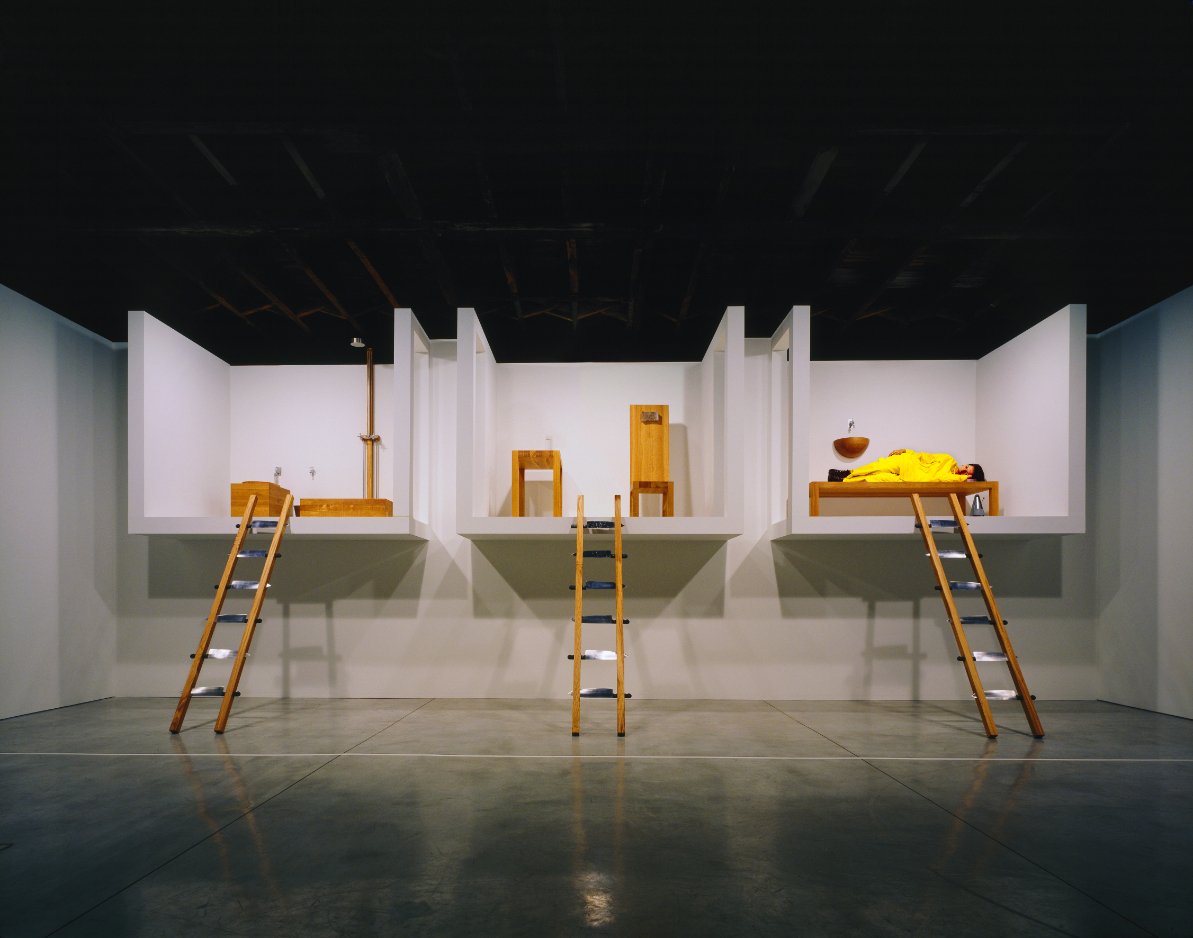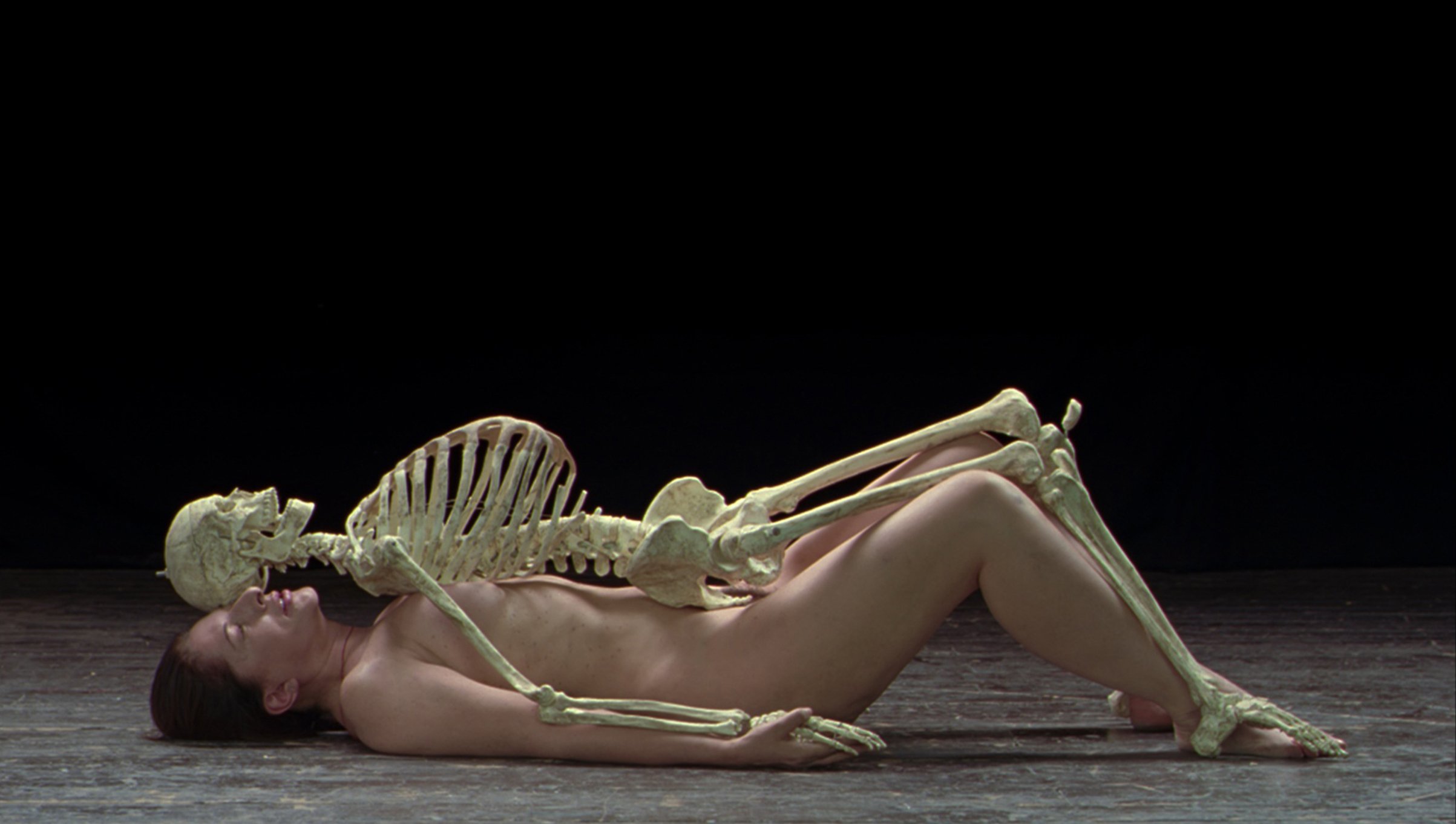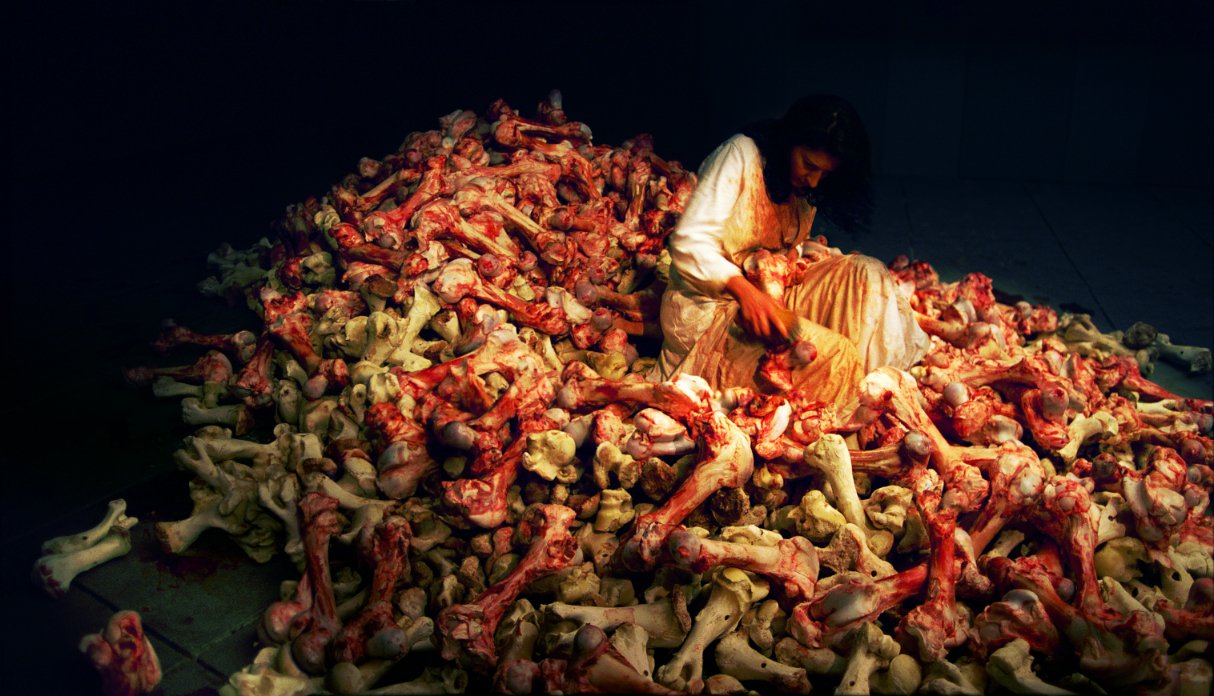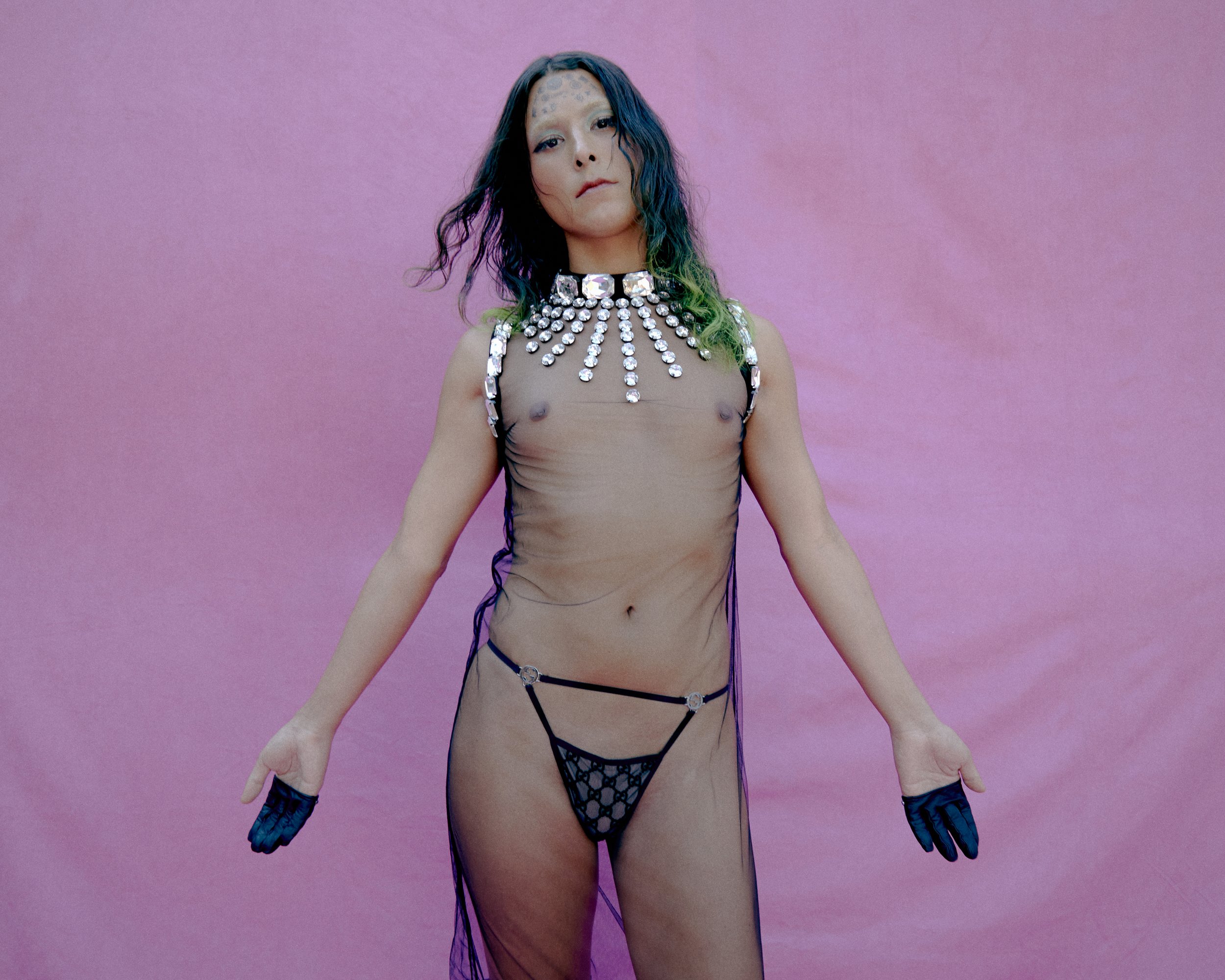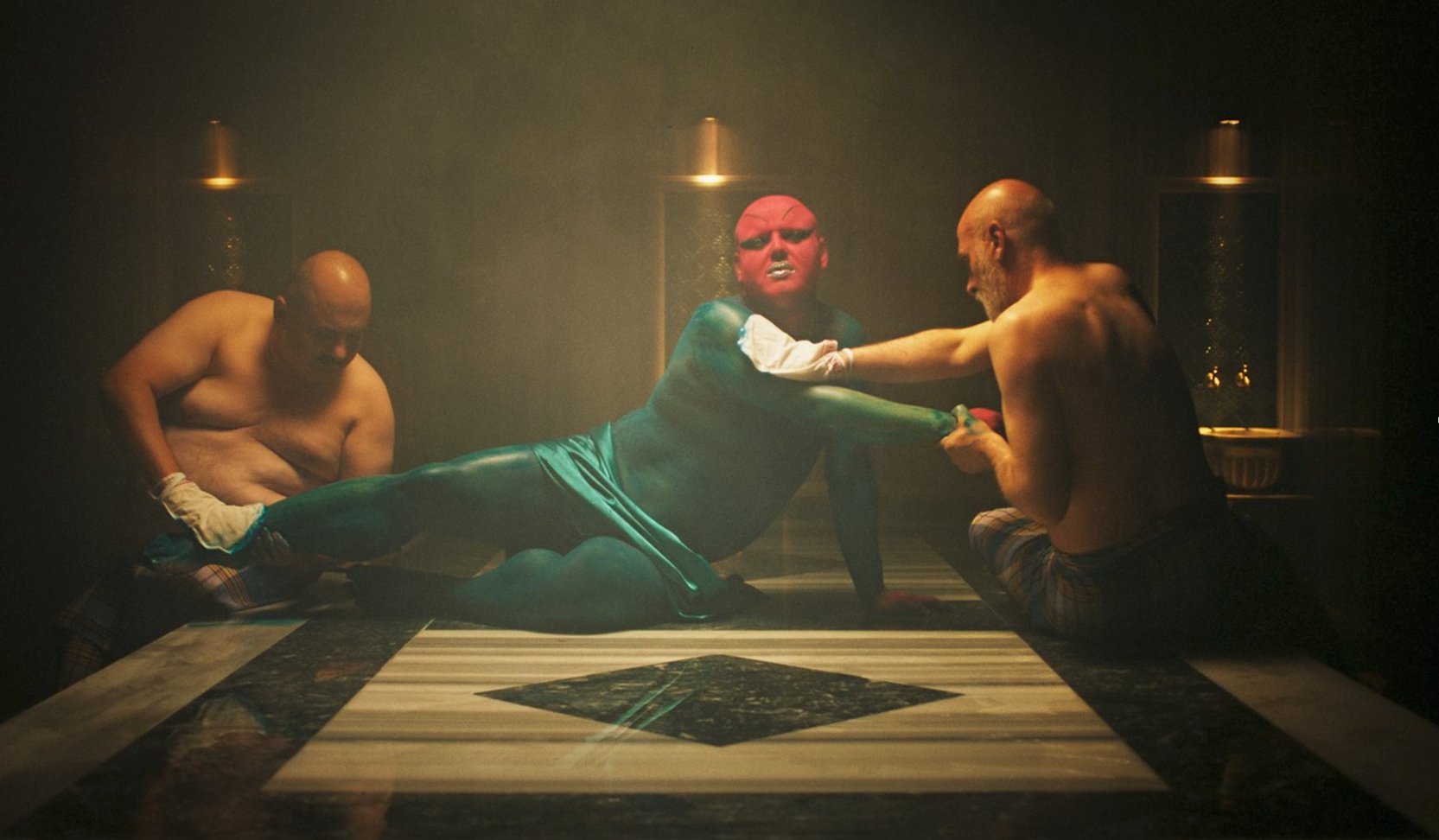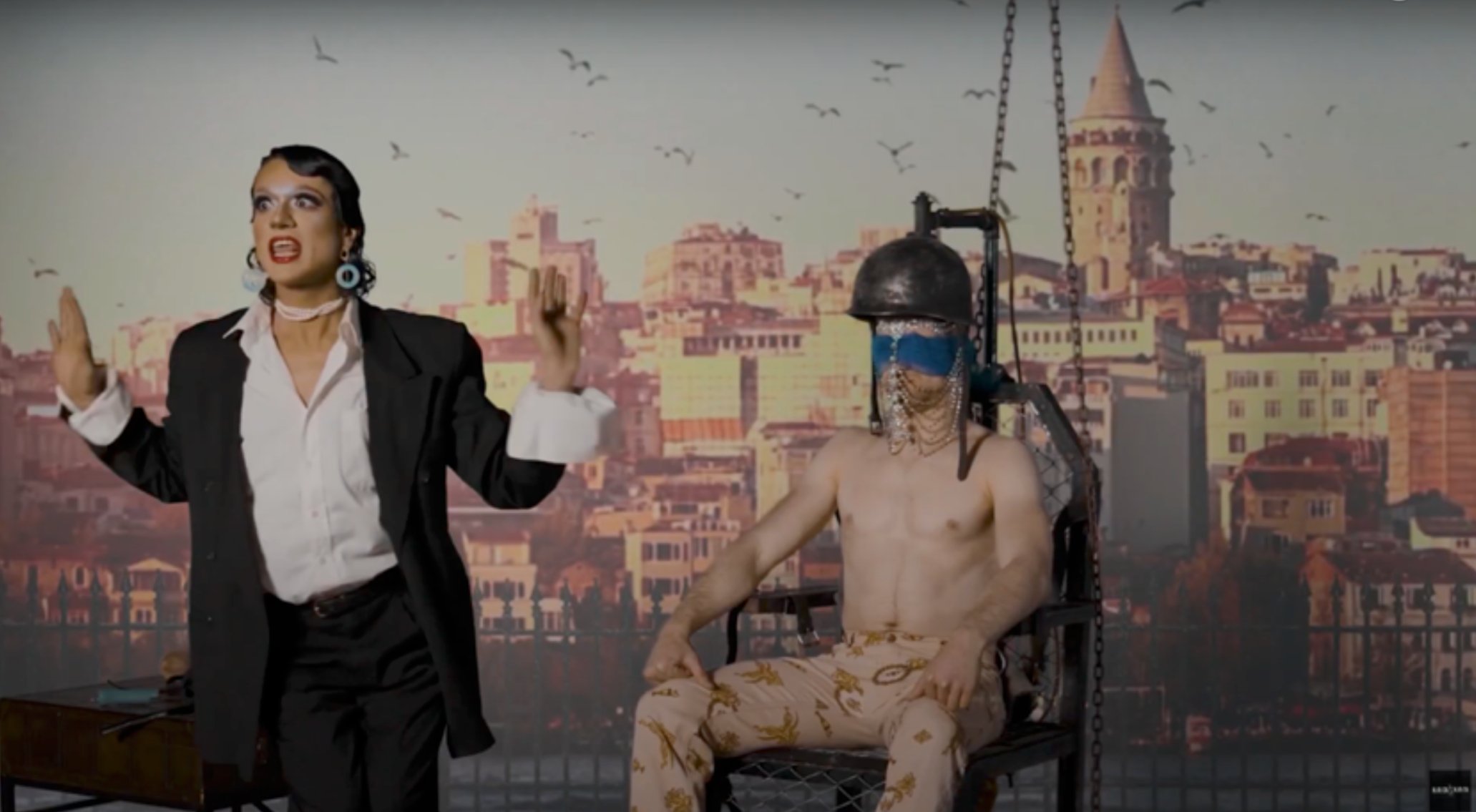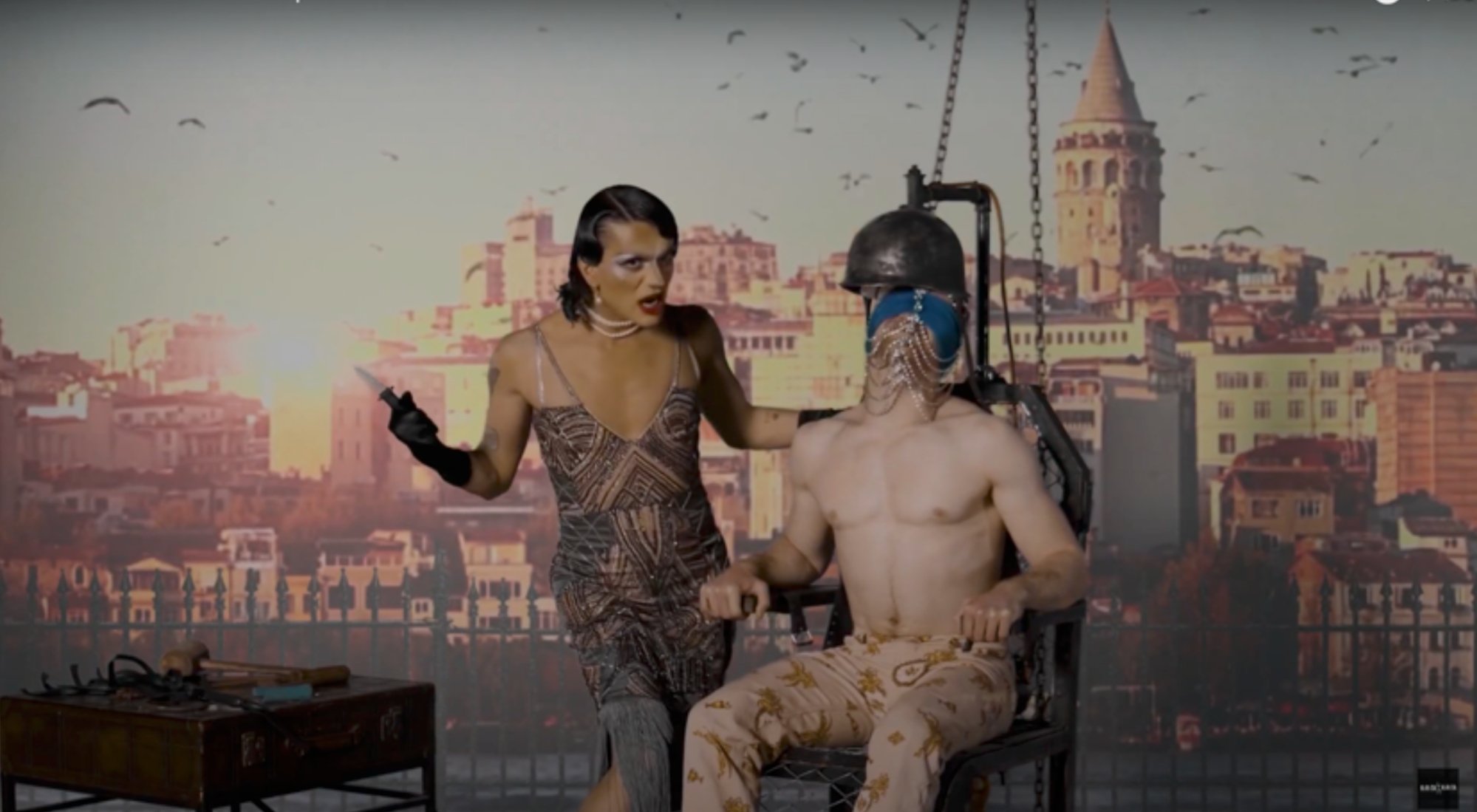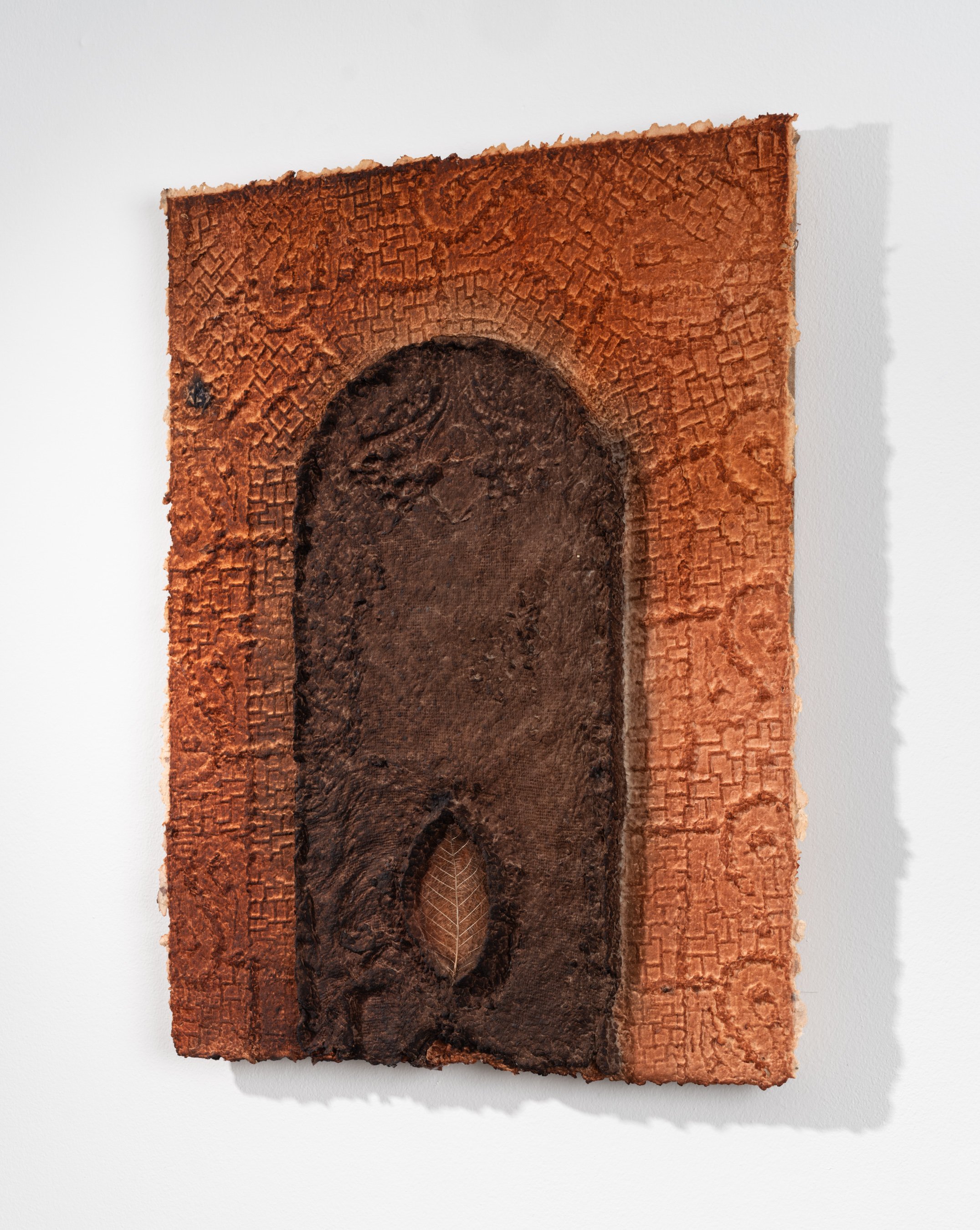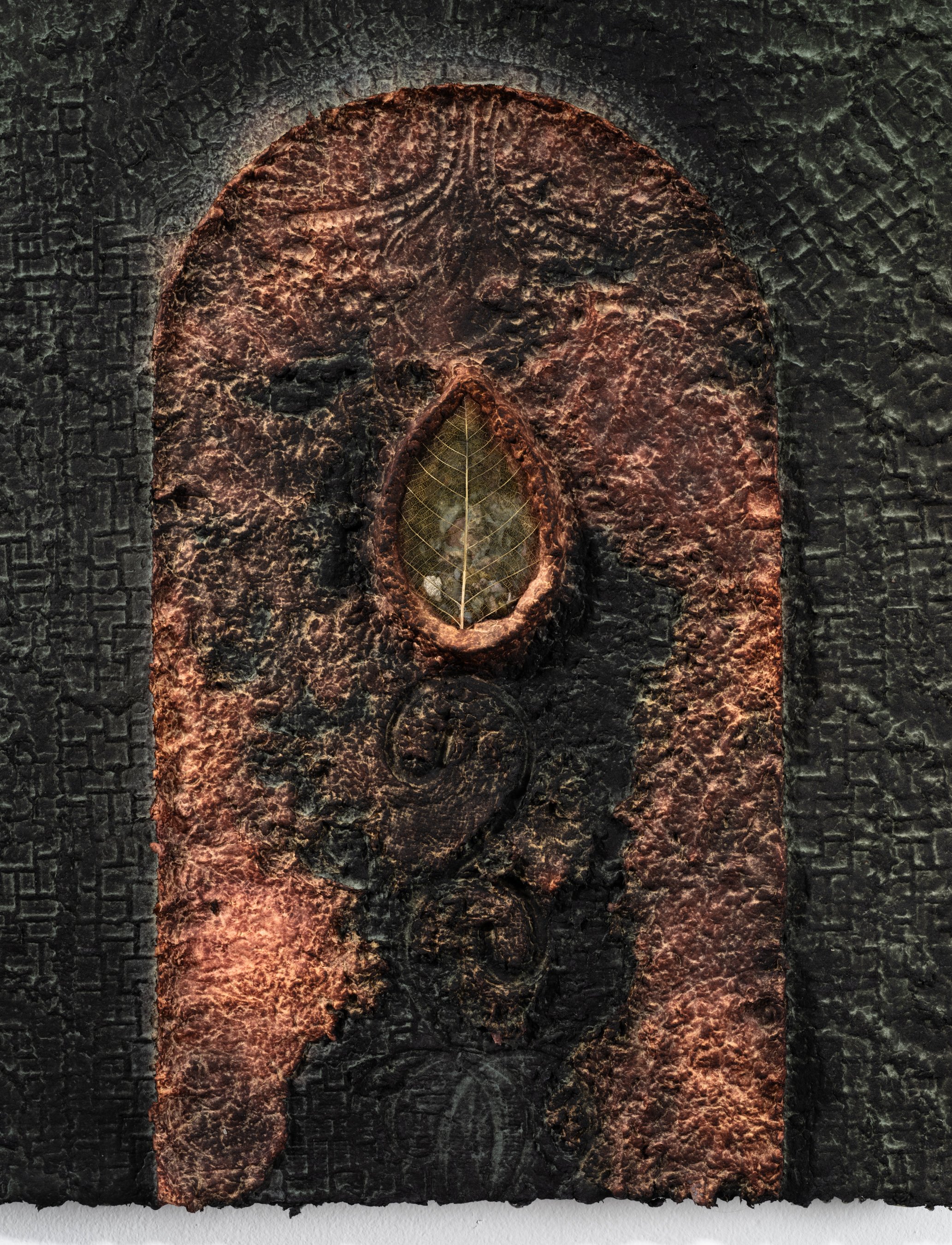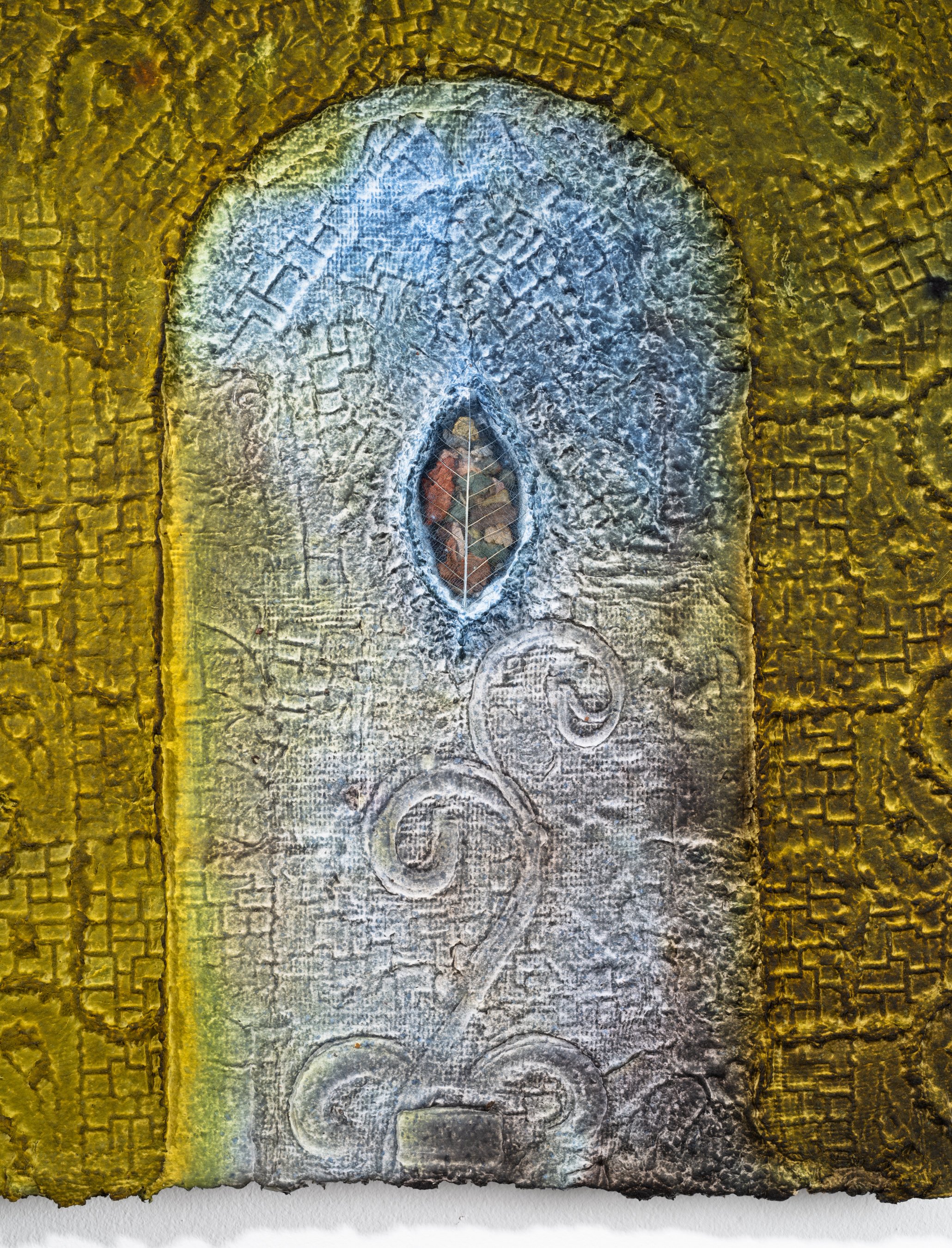by Cüneyt Çakırlar
The contemporary art scene in Turkey has accommodated a significant number of acclaimed queer and feminist artists who produce work exploring the politics of gender and sexuality in the country. The post-millennial expansion of art institutions and art collectors, as well as the development of the local art market’s international networks, have made the scene a vital territory of cultural capital, in which artists and their collaborating cultural practitioners, including academics and activists, channel their voices through art. While the neoliberal economy of art-as-capital and the extent to which it contributes to the precarization of cultural workers should be scrutinized, the academic, artistic, and cultural visibility of LGBTQ+ practices in Turkey raises critical possibilities to articulate questions of cross-cultural mobility and translation of sexual dissidence in arts. What I’m interested in here are the strategies of transposing queer aesthetics into a critical LGBTQ+ practice that does not merely insist on a local political context but also engages with – and unsettles – the geopolitics of the global contemporary art market and its “ethnographic turns.”
The post-millennial consolidation of LGBTQ+ activism, the increased public visibility of LGBTQ+ cultures, and the proliferation of political discourses on gender and sexuality in contemporary Turkey revealed what the political theorist Sinan Birdal considers “the fault-line between a liberal narrative based on universal human rights and democracy, and a conservative narrative based on particular values and identities” (2013). As the ruling class consistently and increasingly instrumentalizes “family values” and “general morals” in various legal frameworks that reinforce censorship, misogyny, transphobia, and homophobia, the marginalized communities that oppose the status quo mobilize various intersectional frameworks of resistance. Within these frameworks, LGBTQ+ activism appealed to forms of strategic political alliances, including the pro-Kurdish movement, the women’s movement, and anti-militarist resistance in the country.
These intersectional platforms, which contest the state’s hegemonic discourse of militarism, nationalism, masculinity, and Islam, became dramatically visible in #OccupyGezi protests in 2013. The purges followed by the government’s post-Gezi framing of resistance-as-terrorism and the coup d’état attempt in 2016, resulted in a new wave of migration of skilled labor (mainly into Europe), in which academics, artists, curators, and other dissident practitioners have been the leading emigrating groups. This new diasporic presence of Turkey-affiliated cultural practitioners in European publics resulted in the formation of new academic, artistic, and curatorial collectives in various countries, notably Germany and the UK. Thus, to fully understand how LGBTQ+ cultural practices operate in Turkey (and expand internationally), one should pay attention to these new networks of solidarity and platforms of artistic practice that are informed by Turkish politics through the arts-academia-activism nexus in national and transnational settings.
My previous work on the post-millennial LGBTQ+ art production in Turkey and its diasporas argued that these practitioners (e.g. Kutluğ Ataman, Taner Ceylan, Nilbar Güreş, Erinç Seymen, and Istanbul Queer Art Collective) have a particular politics of location that are informed by queerness, transnationalism, and intersectionality. Inspired by Irit Rogoff’s approach to “regional imaginings,” I argued that these artists “attempt both to activate and to actualize notions of location away from being ‘located’ by an authority of knowledge or a political authority:” rather than “trying to figure out what one’s identity might be as a given,” one should try “to produce a set of relationships in the world that might locate one” (Rogoff 2010).
The curatorial frameworks of the takeover events which have recently taken place in London, namely Screen Practices: LUBUNYA Dispatches at ICA London (2-4 June 2023) and Transpose BURN: Pit Party at Barbican Centre (15-17 June 2023), resonate considerably with my above-discussed account of queer cultural practices from Turkey and its diasporas. Their engagement with Turkey is informed by a transnational perspective that considers queer art as a practice of mobility, rather than a practice of identity that is authenticated only by the geopolitics of nation-states. These projects celebrate queer practitioners as active agents of cultural change rather than passive recipients of authoritarian oppression.
ICA’s Screen Practices program included screenings of recent works I was already familiar with, such as the Turkey-born, Berlin-based researcher-pornographer Emre Busse’s Godasses Trilogy (2021-2), Gizem Aksu’s recent documentary 9/8fight41 (2022), Rüzgar Buşki’s #Resistayol (2016), and the performances by Leman Sevda Darıcıoğlu and Istanbul Queer Art Collective. However, the presence of Istanbul-based performance artists Kübra Uzun (aka Q-bra) and Akış Ka in London, and their discursive, affective, and artistic contribution to the three-day program at ICA turned the takeover into a special happening. Their performances reinvigorated the screening program as a live archive of fierce queer practice rather than a mere re-presentation/documentation of Turkey-based queer culture and institutionally branded queer art practices to London-based audiences.
Istanbul-based singer, songwriter, performance artist, and DJ, Kübra Uzun is an LGBTQIA+ rights activist, working in Turkey and also on various international platforms. LUBUNYA Dispatches at ICA London featured Uzun’s video performance Jülyet’s Habanera, which was produced by [alt]platform and premiered on [alt]cut YouTube Channel in March 2022. Originally composed by Georges Bizet (Habanera: L’amour est un oiseau rebelle, Carmen), the lyrics of Jülyet’s Habanera are rewritten by Uzun herself in lubunca, Turkish queer slang. In the video, Uzun impersonates their four famous personas (Kübra, Madam Sipsi, Dikiz Jülyet, and Butch Berna), which firstly were seen at their Koli Kanonu [aka Fuckbuddy Canon]. Queering, in localizing, local and global canons of music, Uzun’s performances articulate discourses of queer/trans empowerment by subverting the stereotypes of (Turkish) masculinity and femininity. While these performances can also be considered drag acts, Uzun’s trans-feminist interventions gain additional critical layers through first-person storytelling, taking various forms of reclaiming queer lives and histories. Such reclamations are dramatically visible in the artistic collaborations Uzun were involved with, such as Cruising Gezi Park: An Oral History produced in collaboration with Simon(e) van Saarloos (presented at Refresh Amsterdam exhibition, Amsterdam Museum, 2020).



